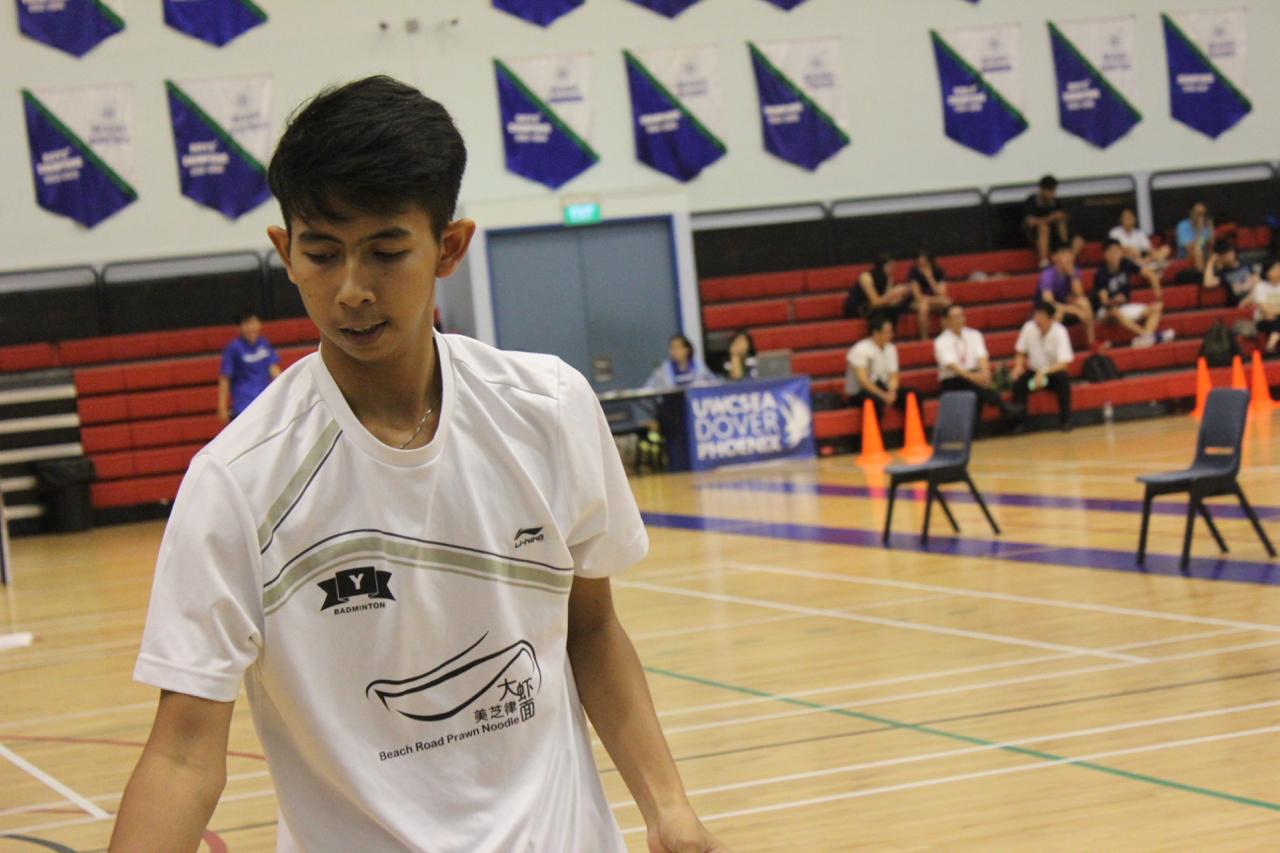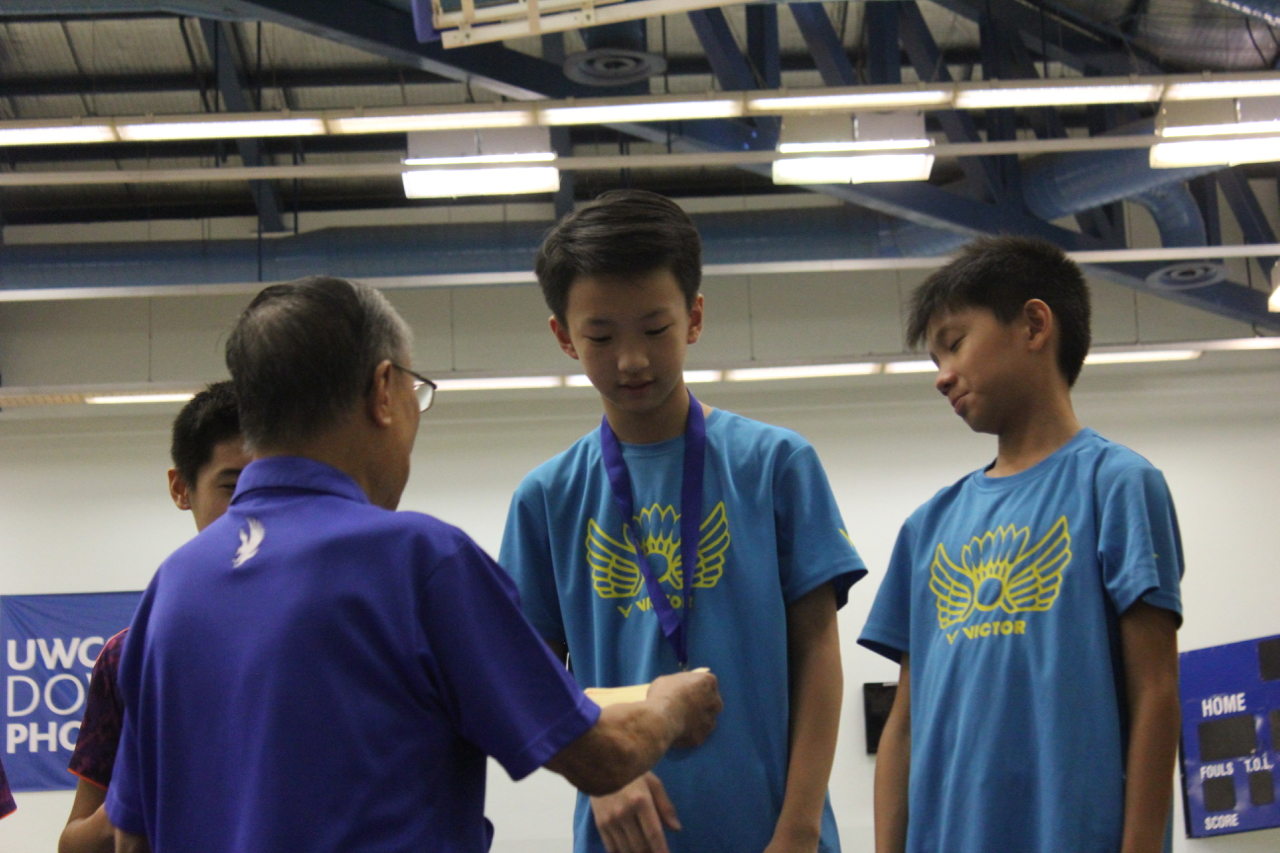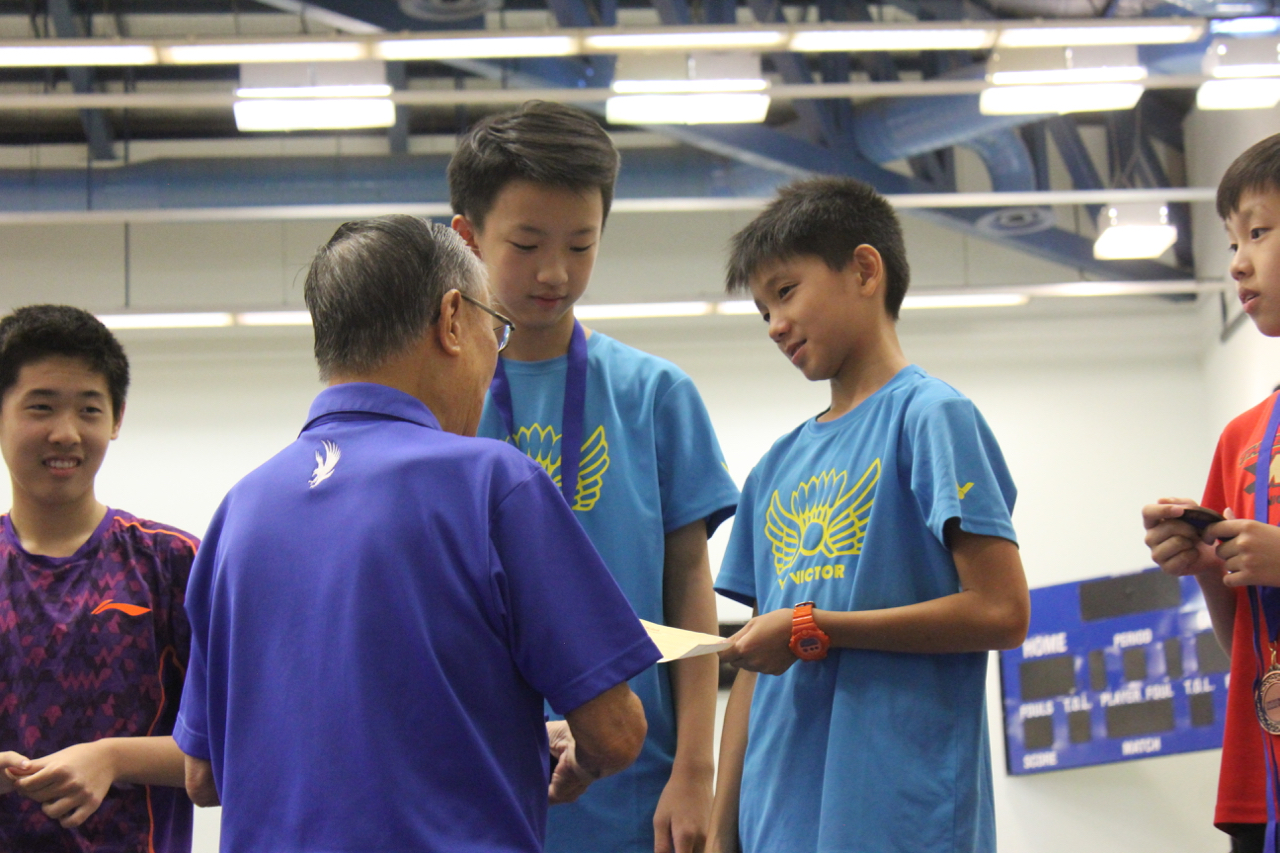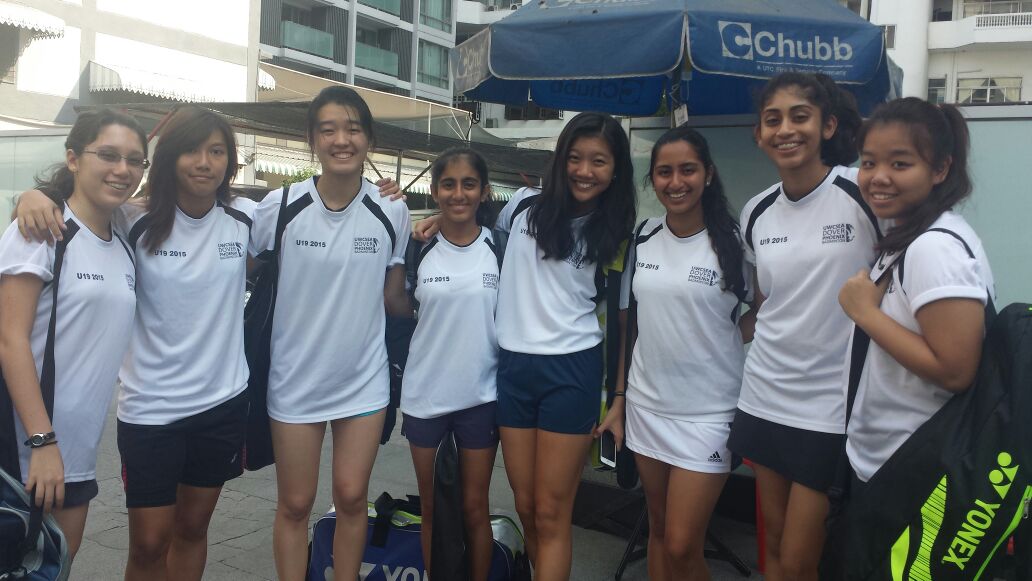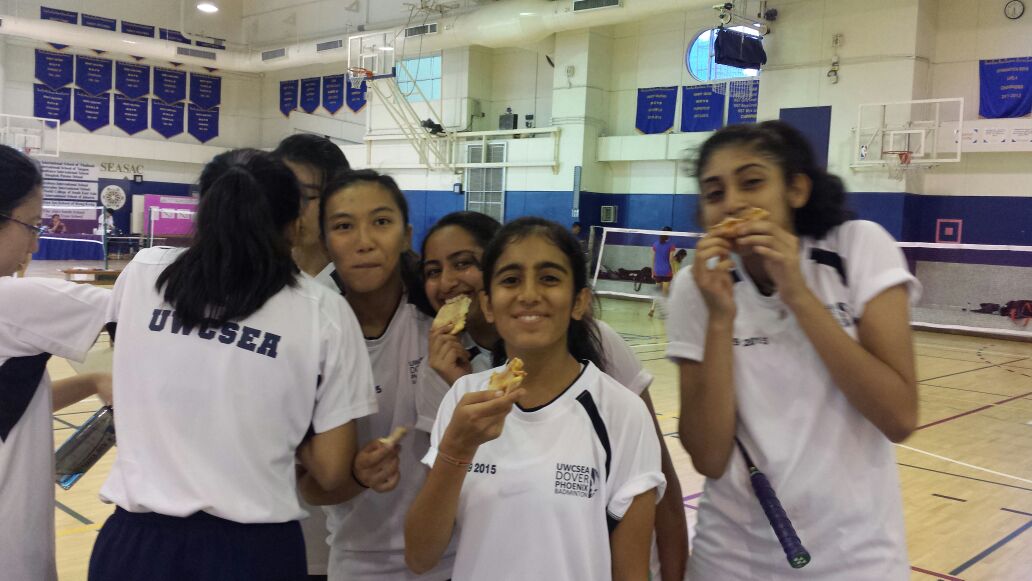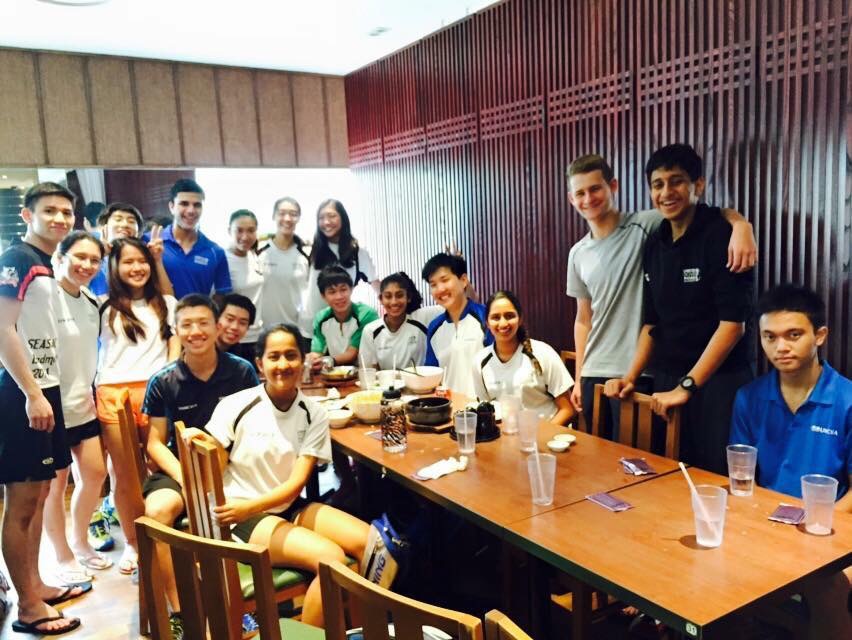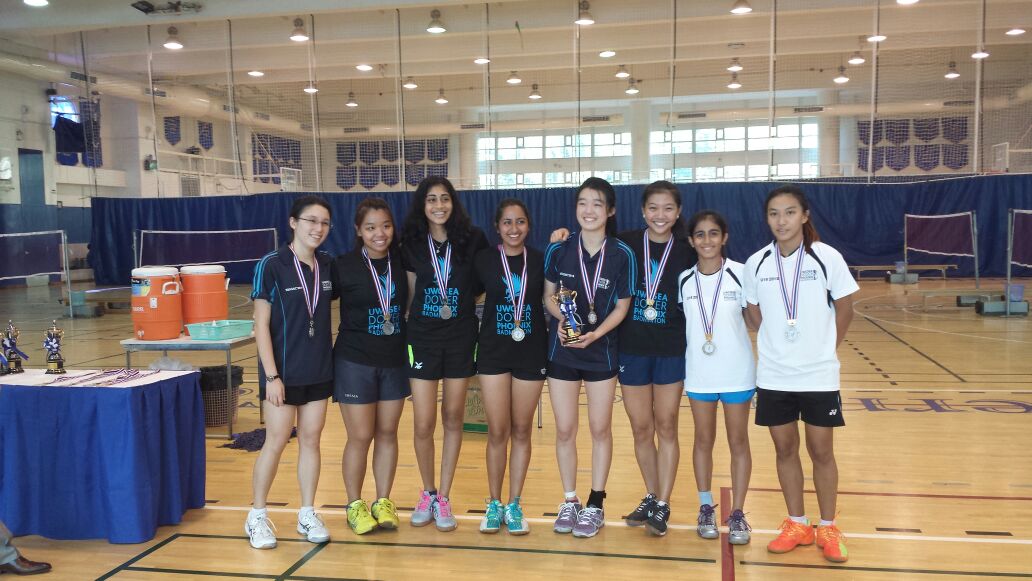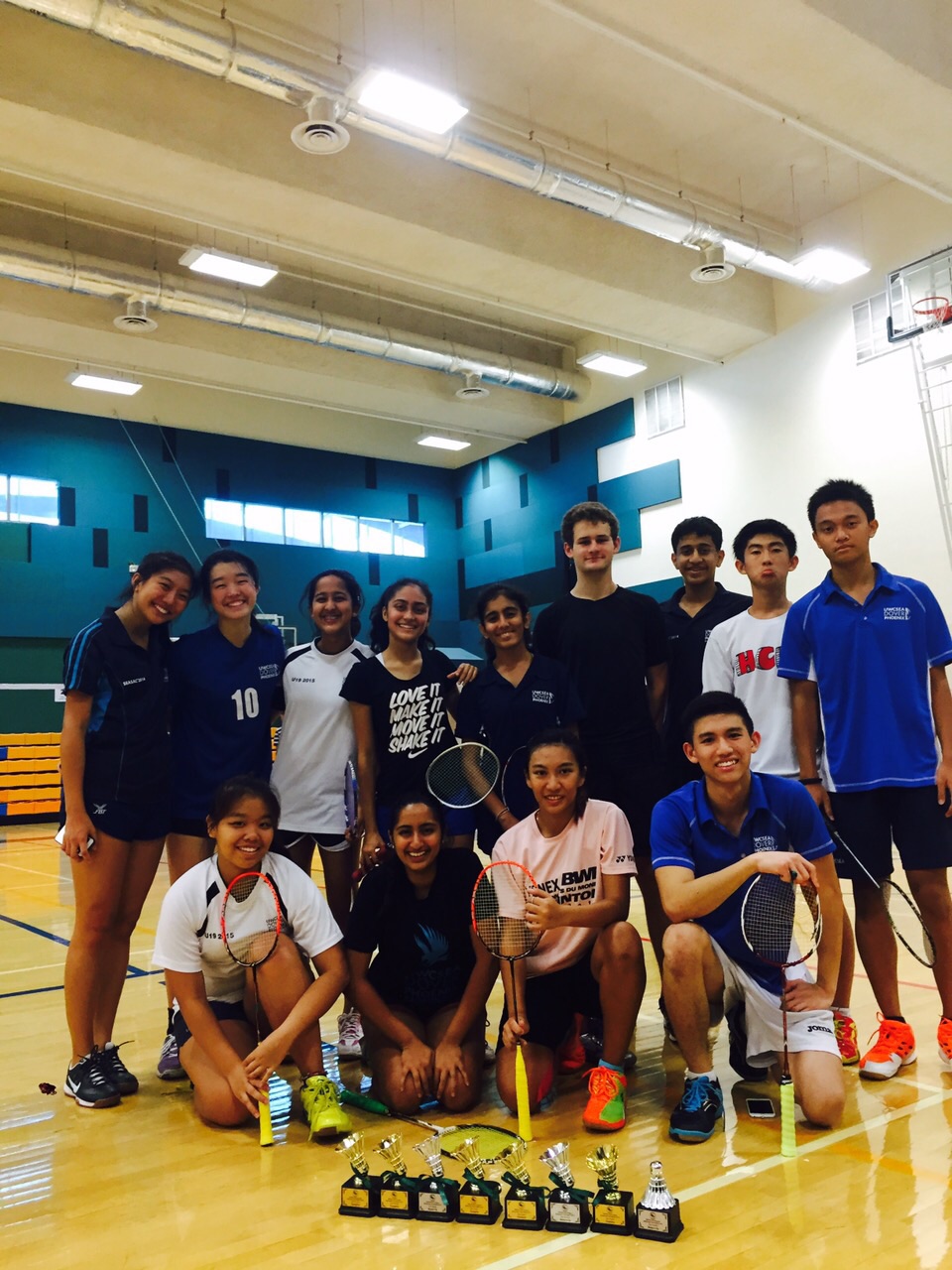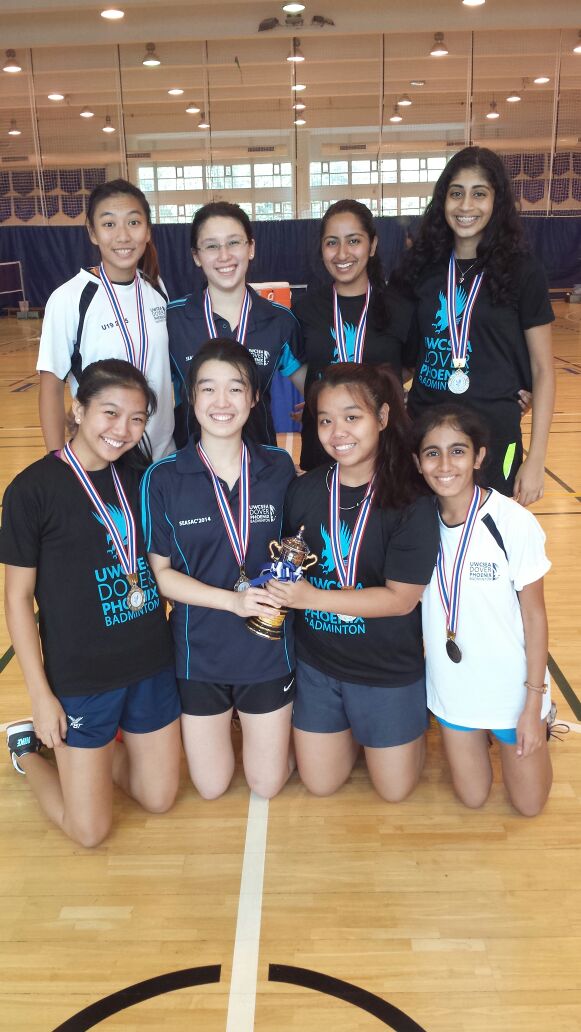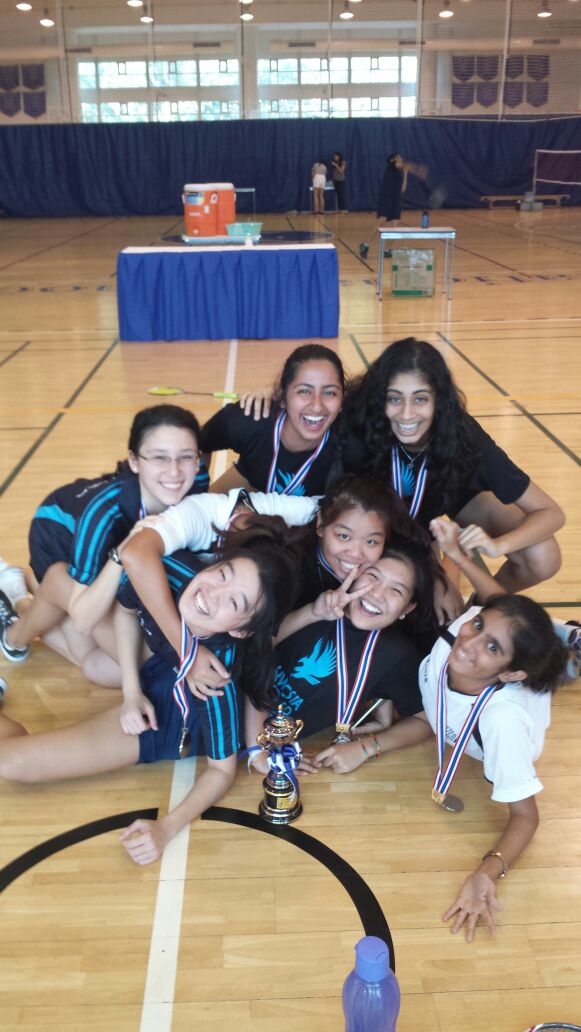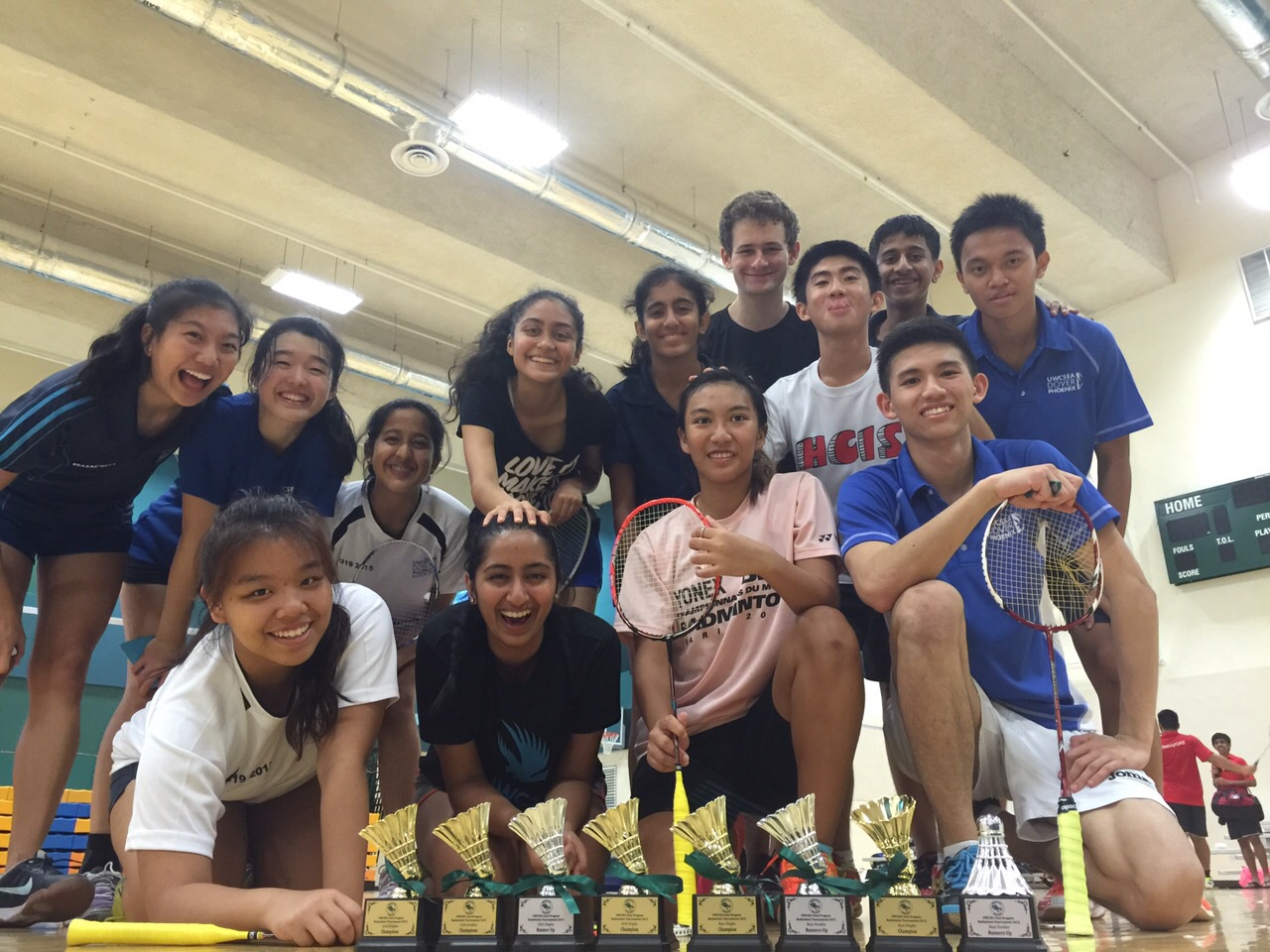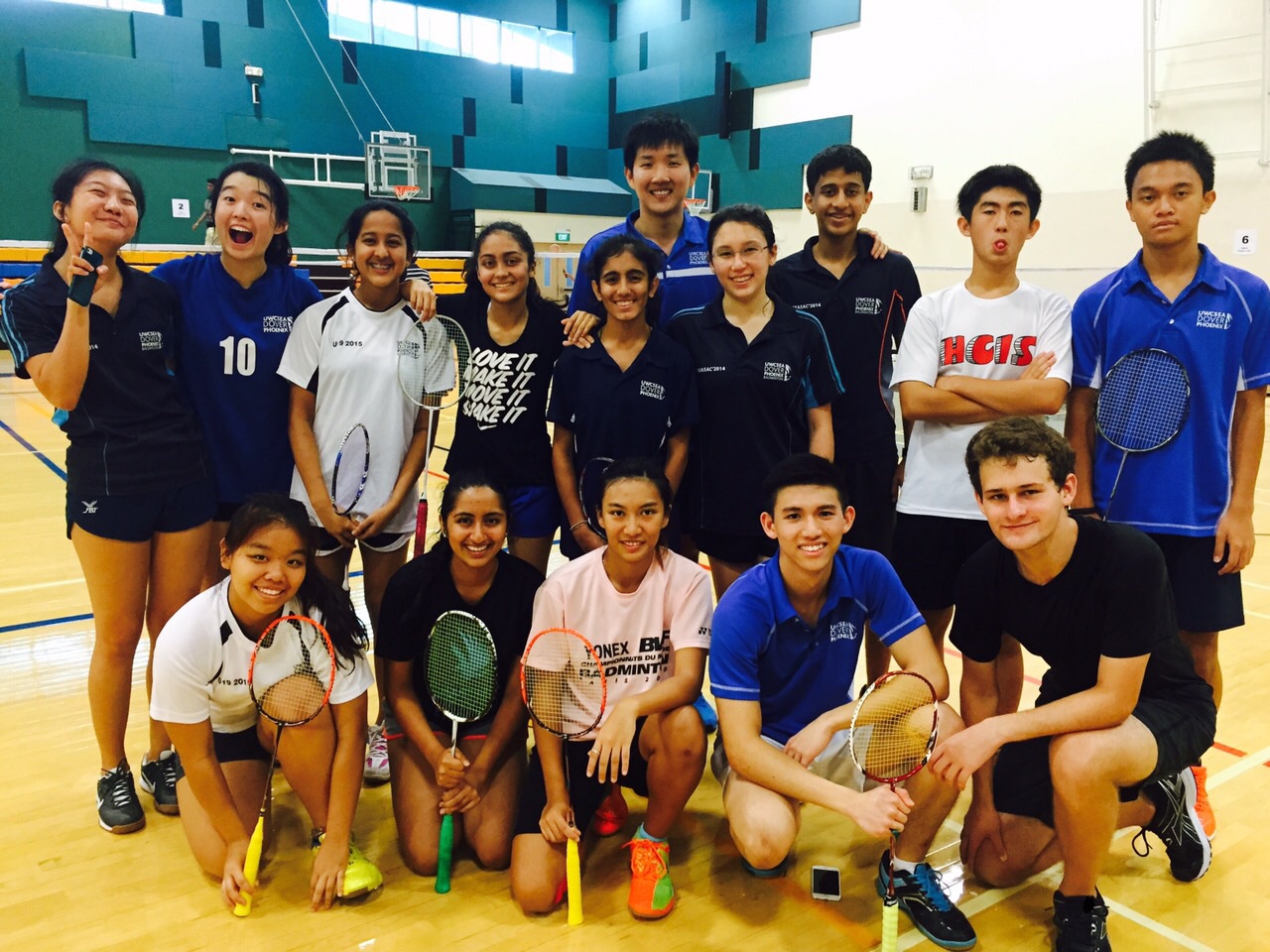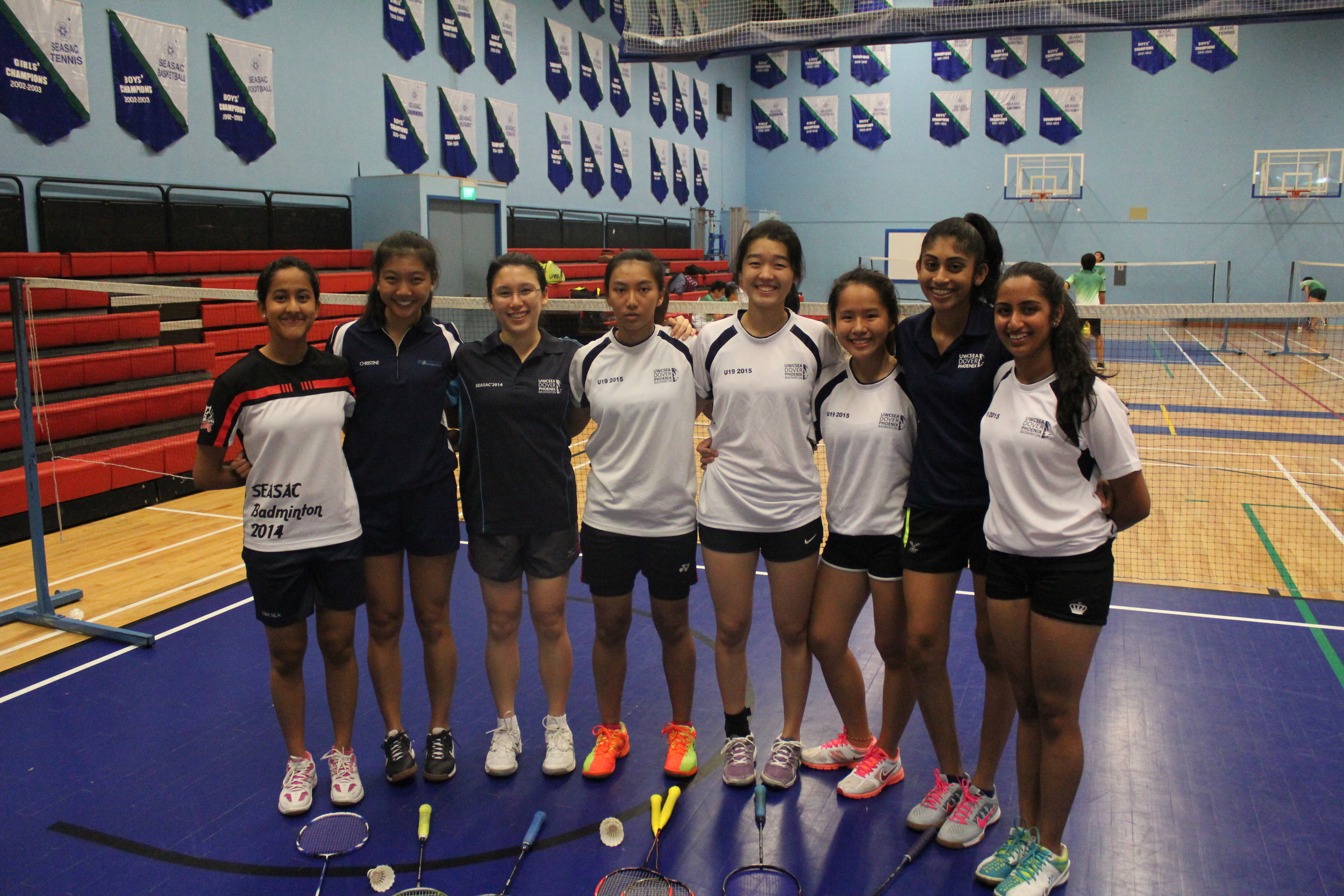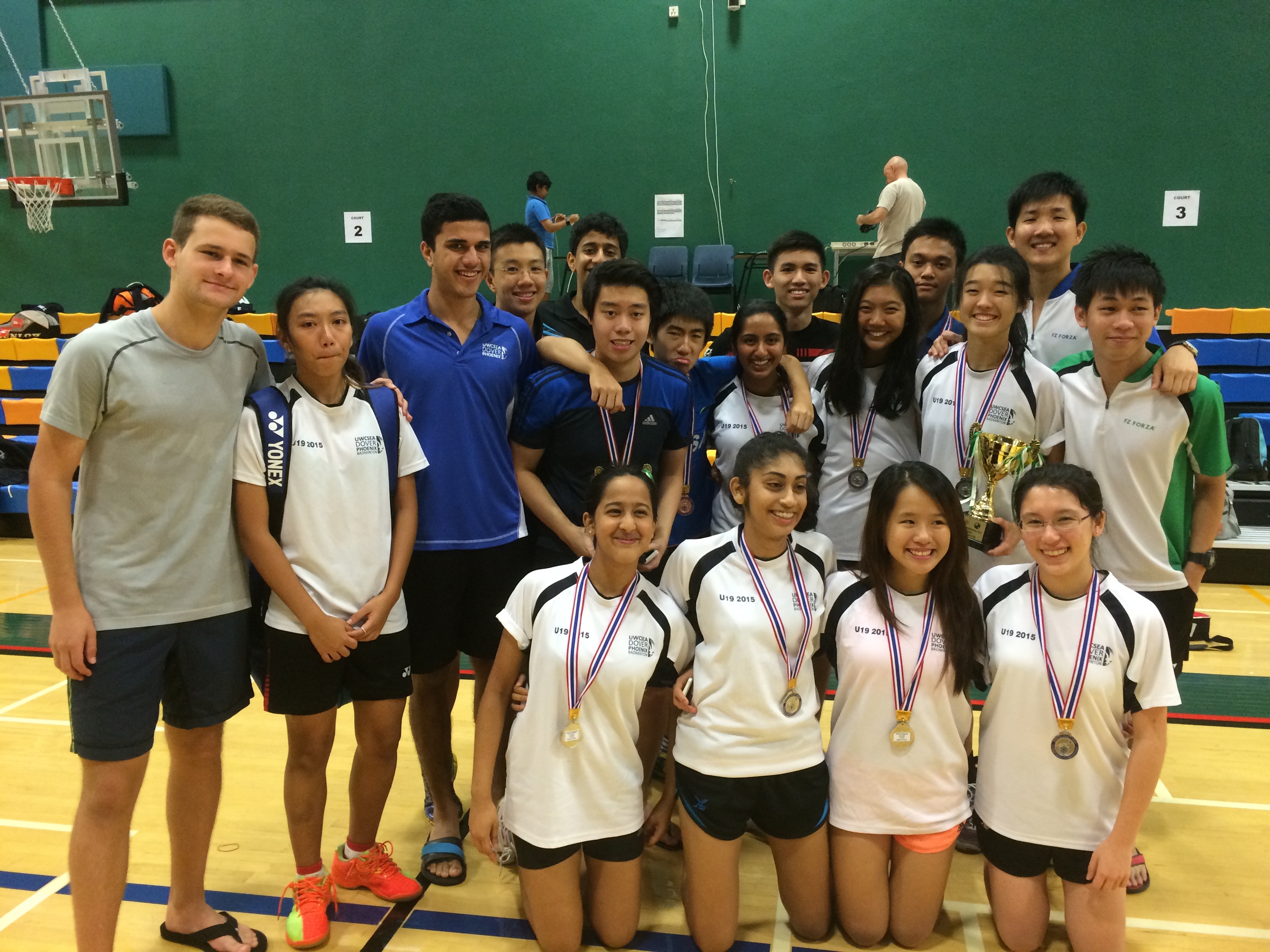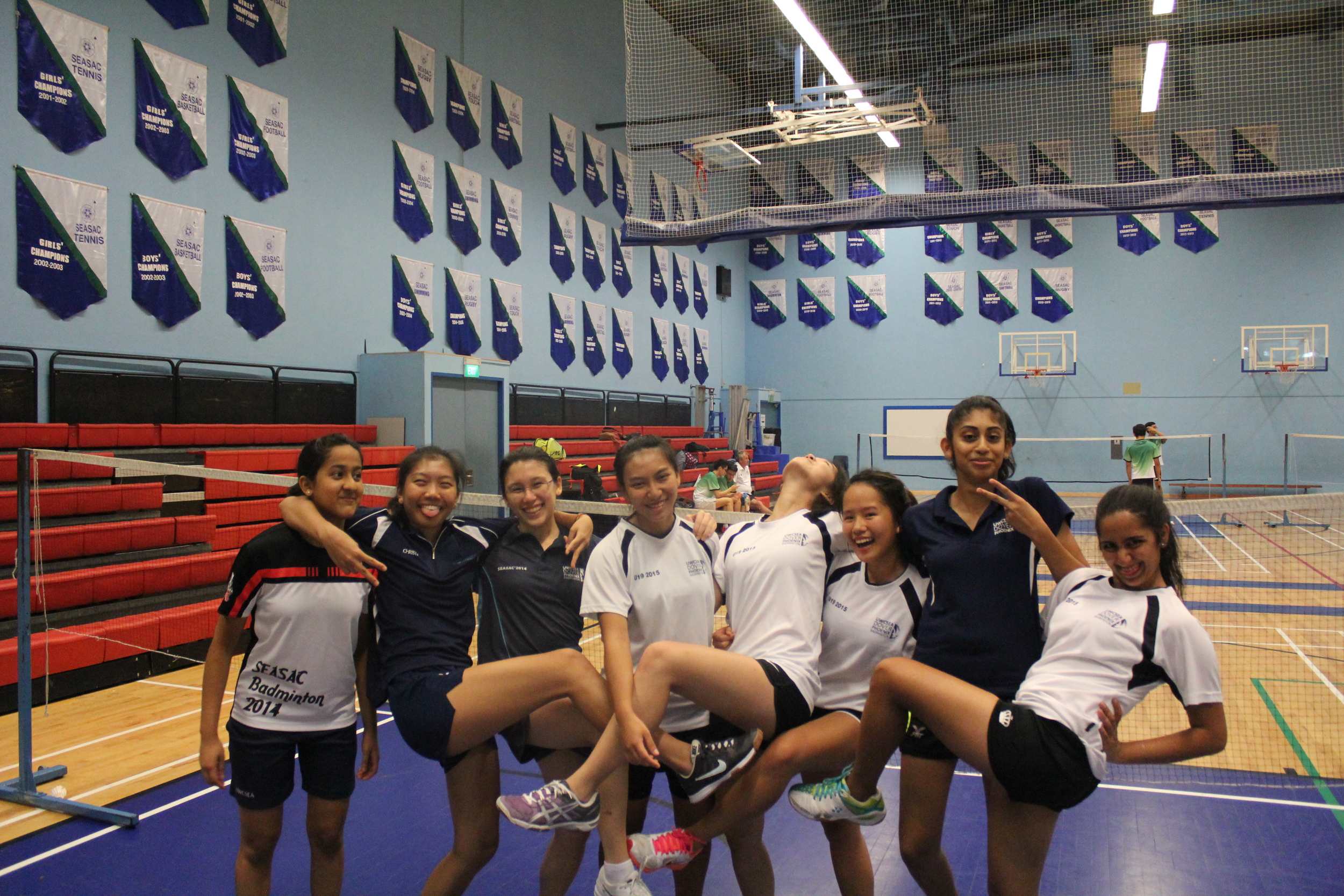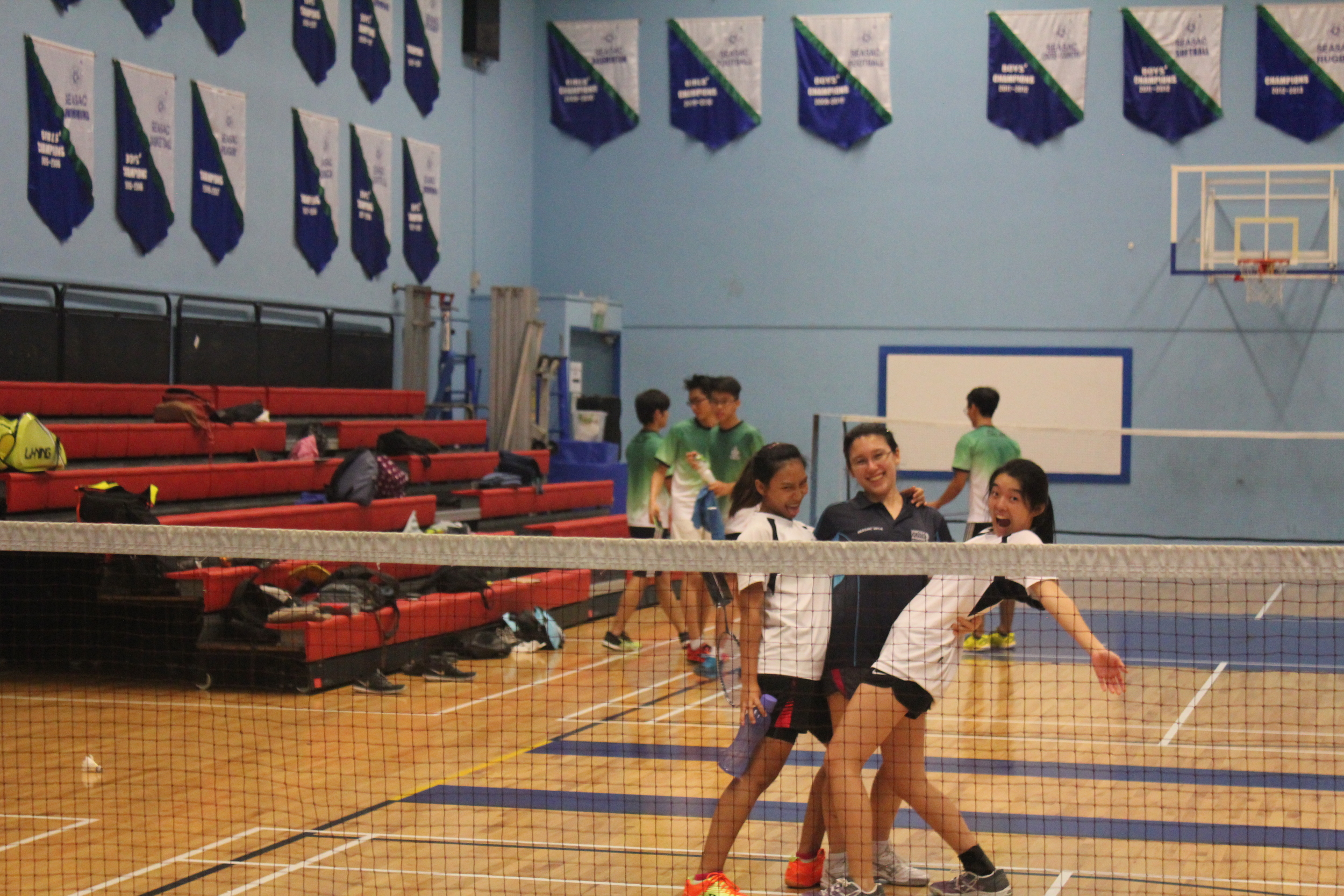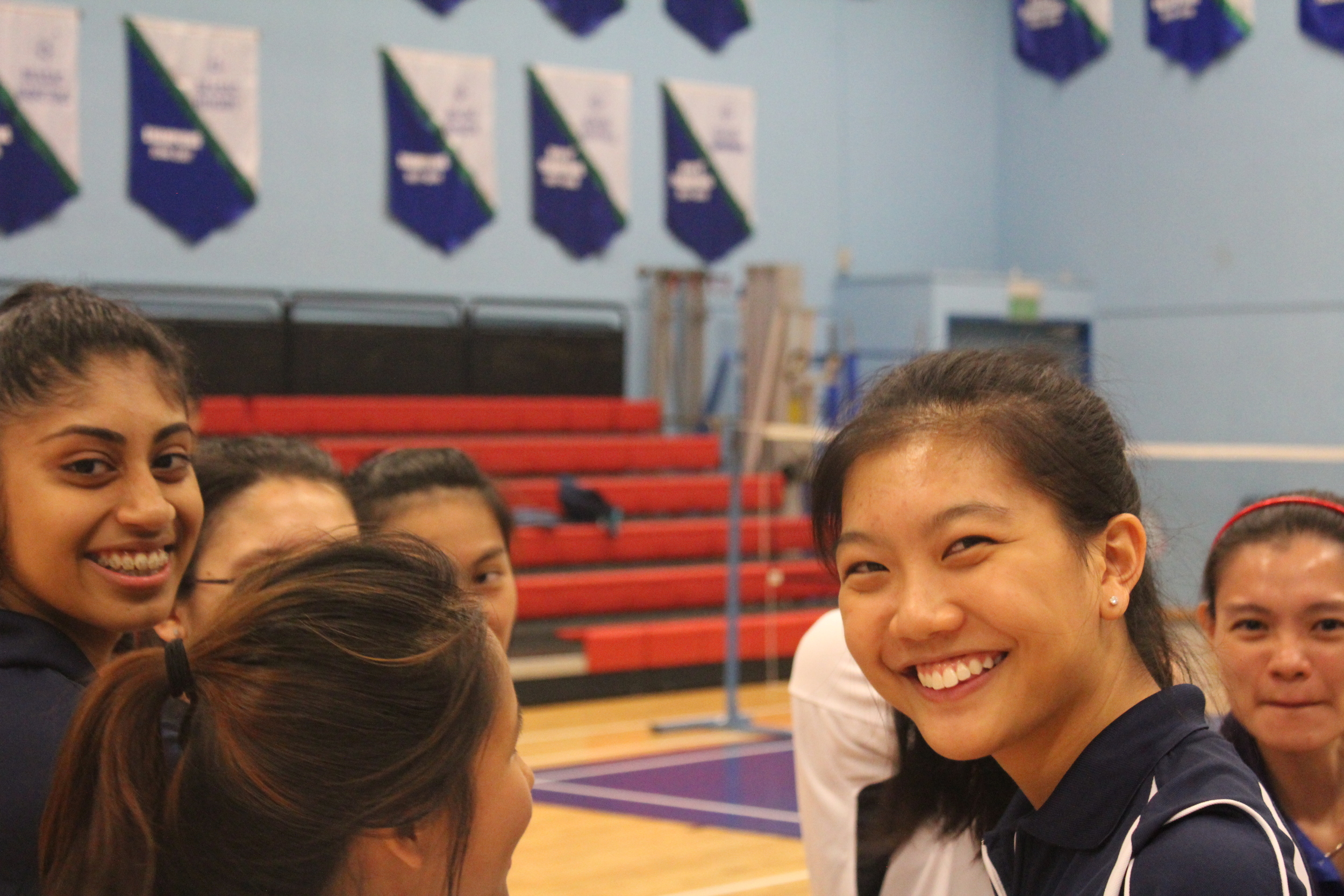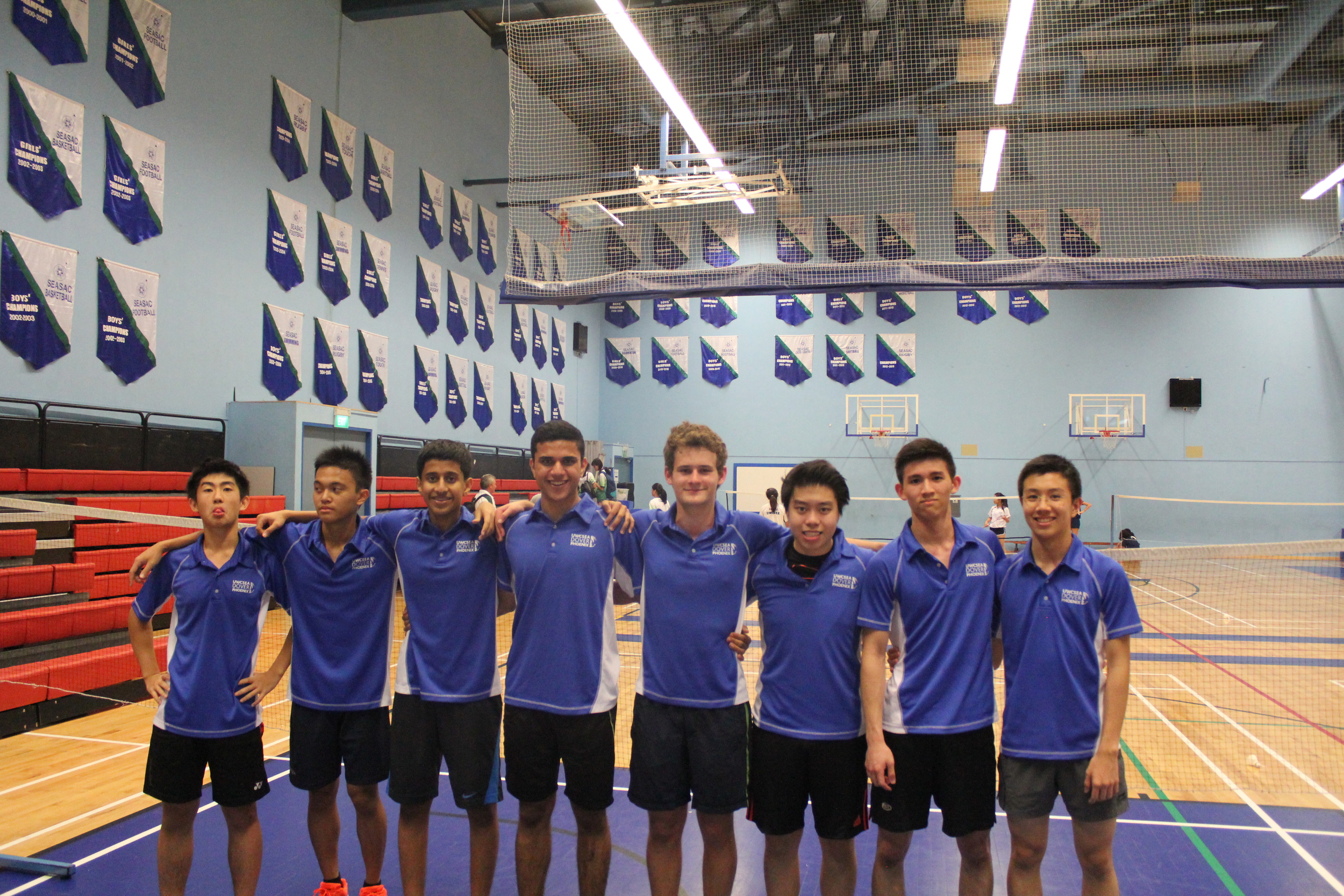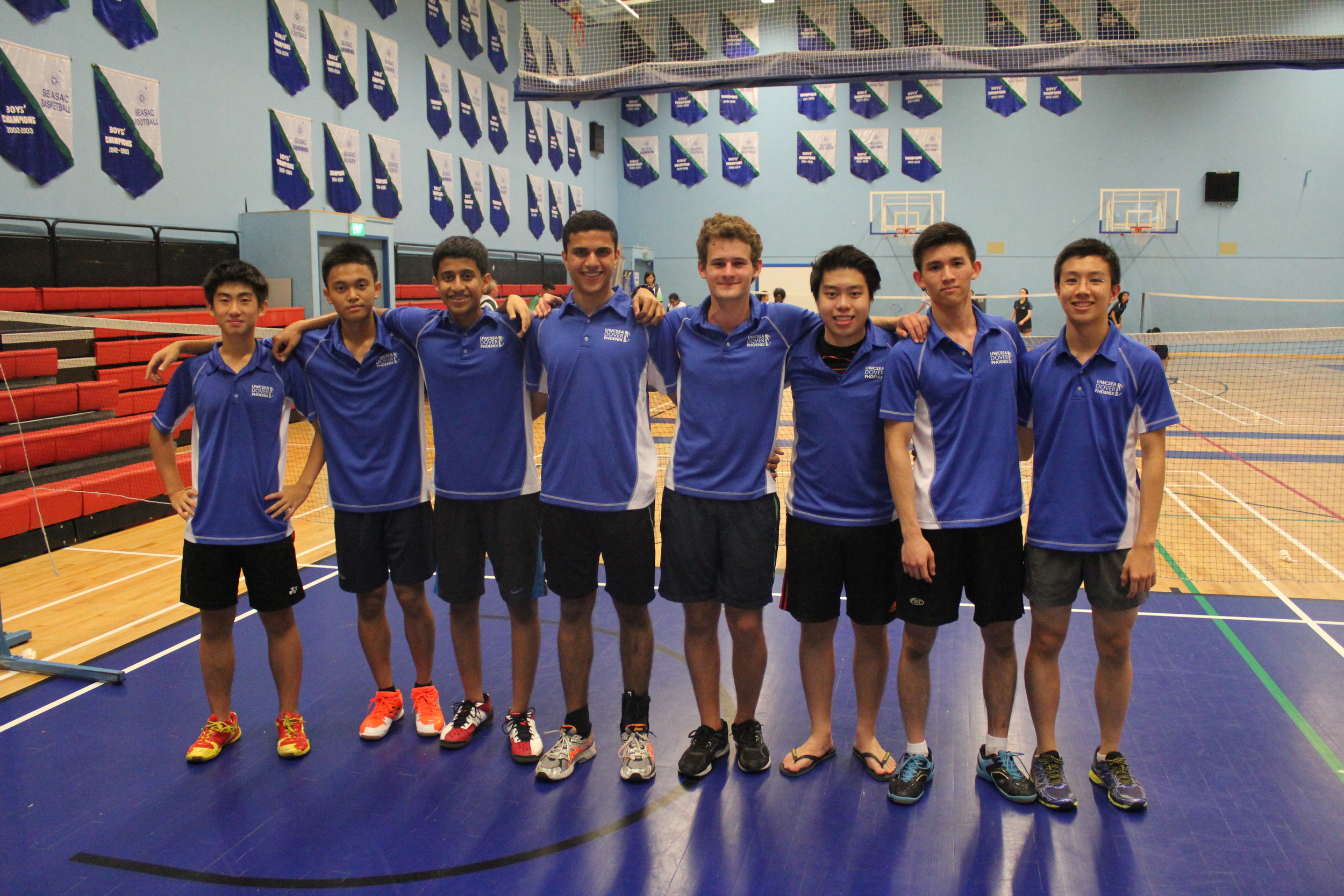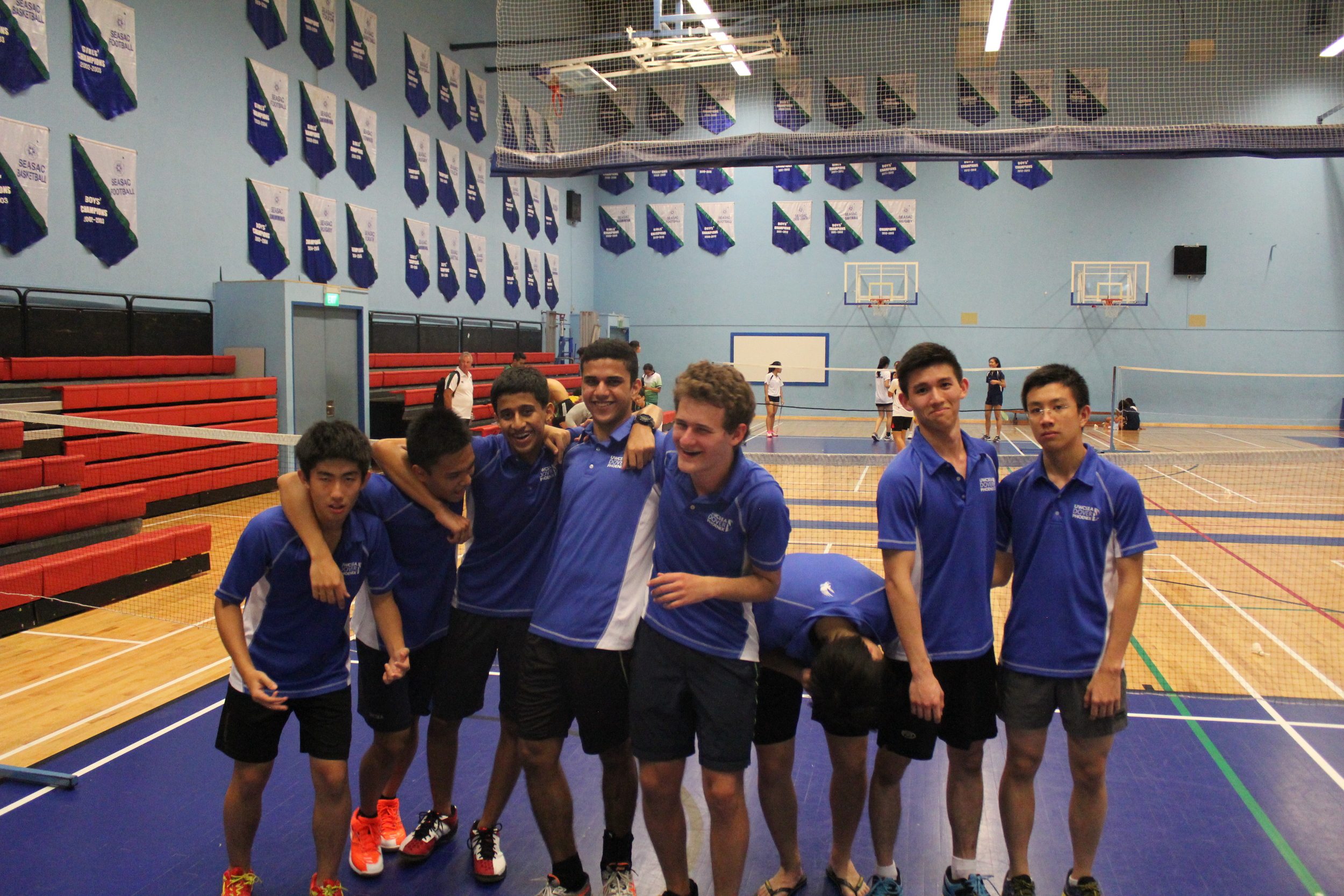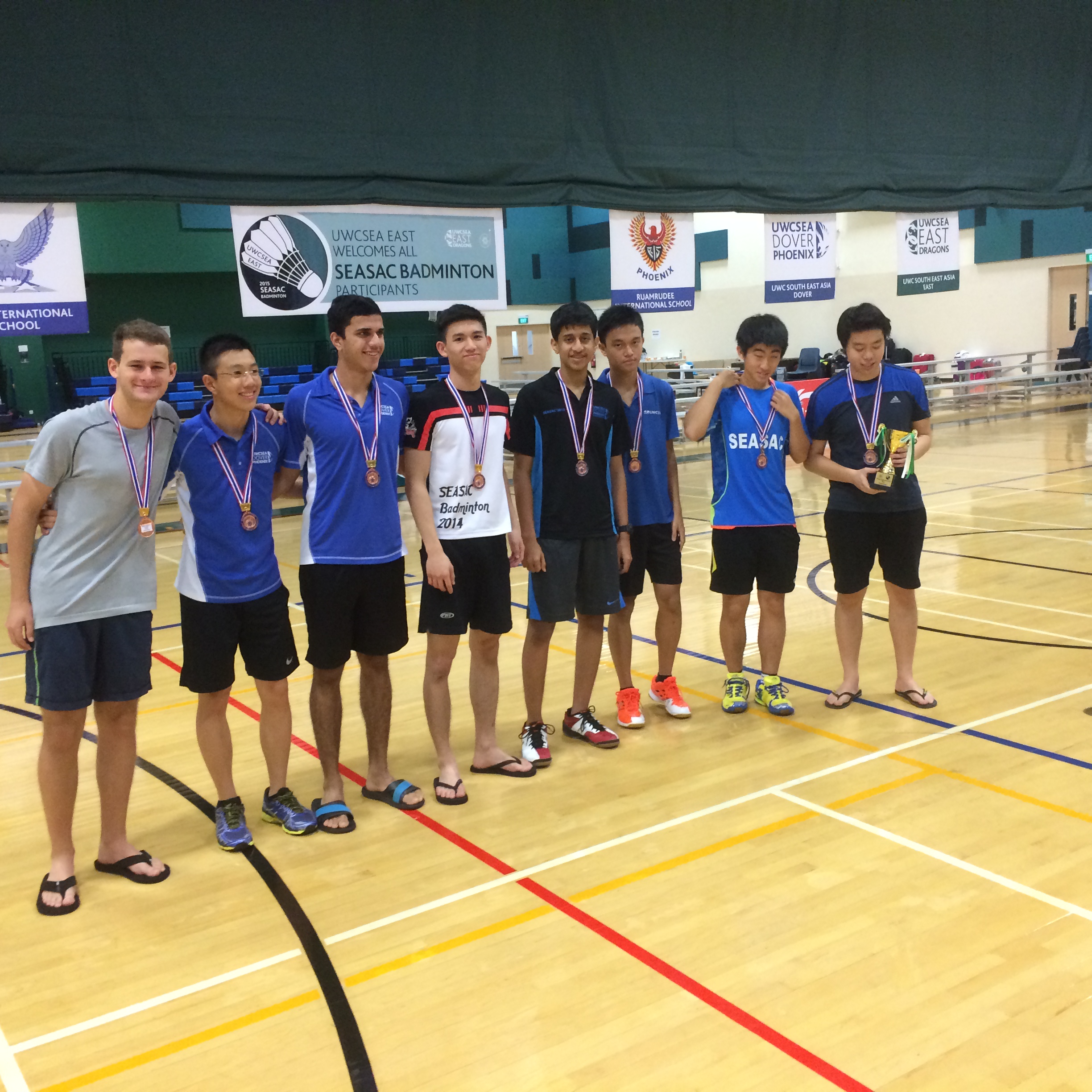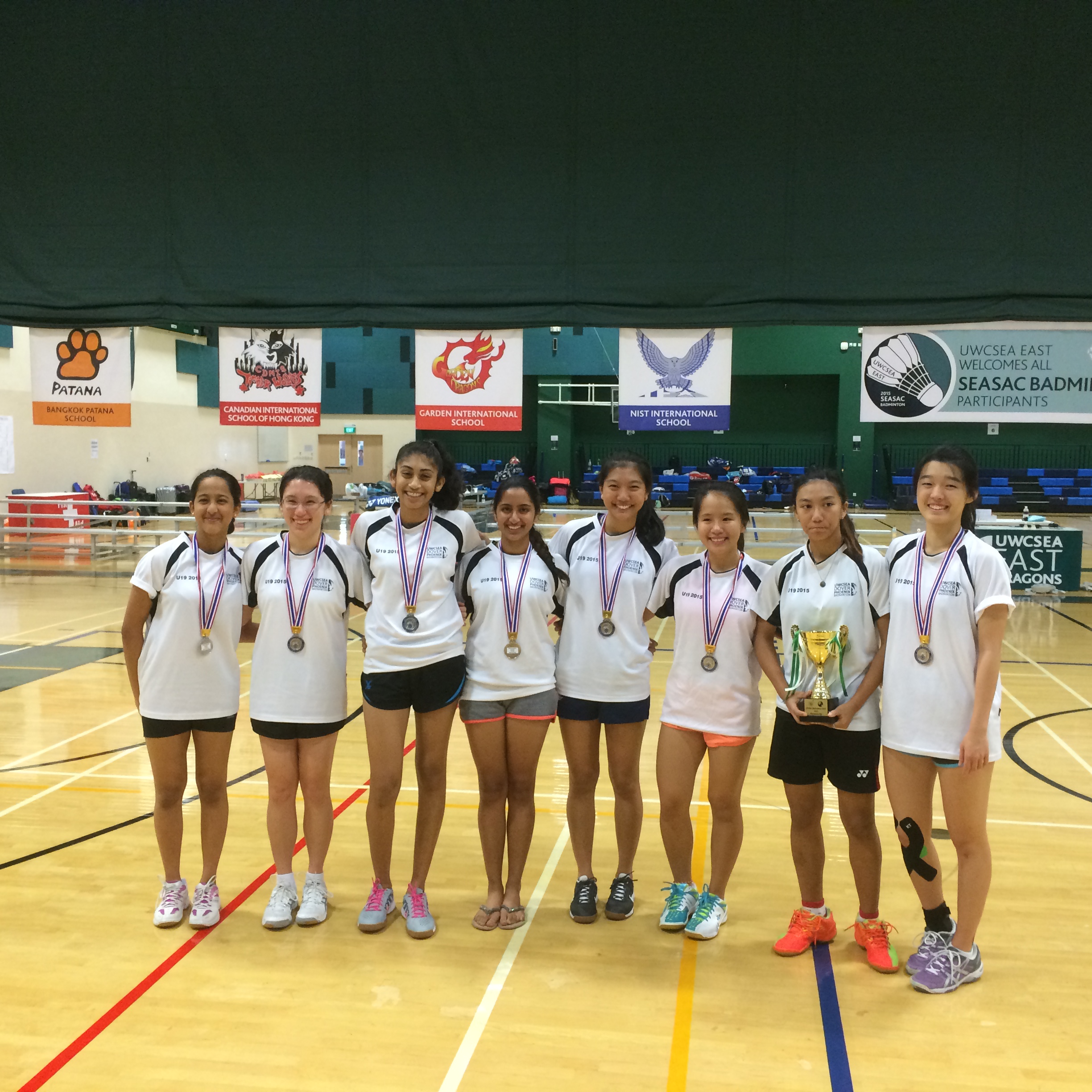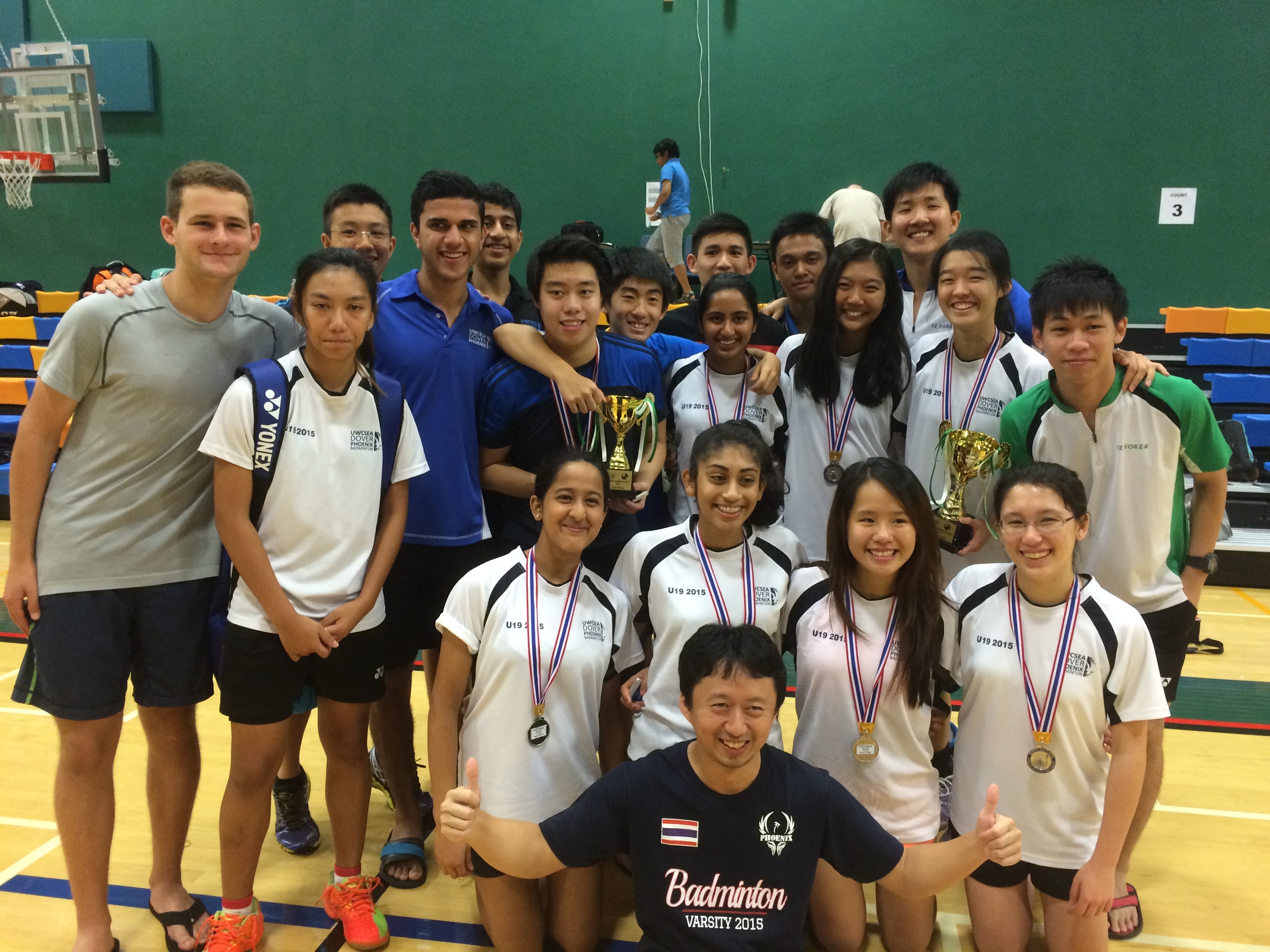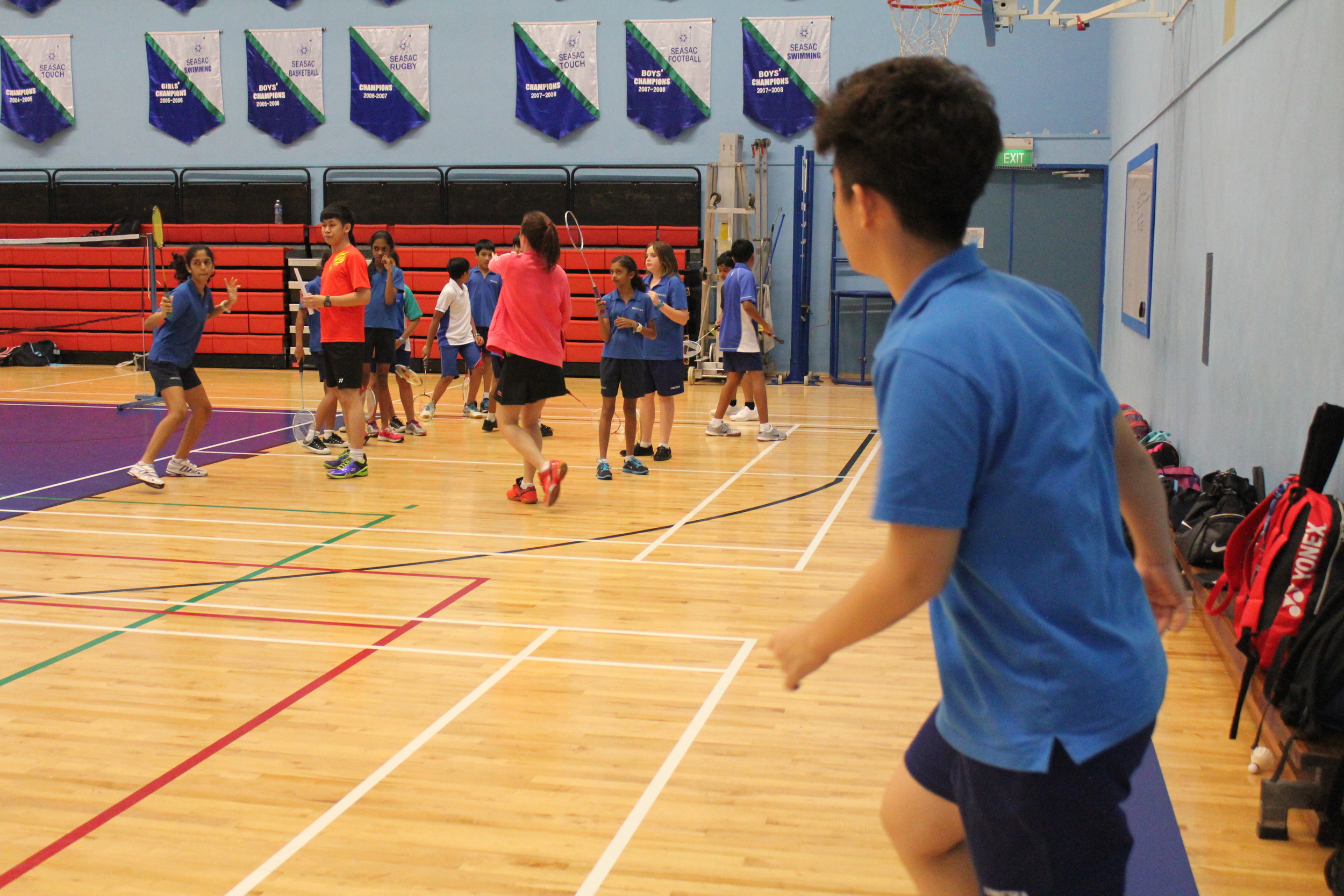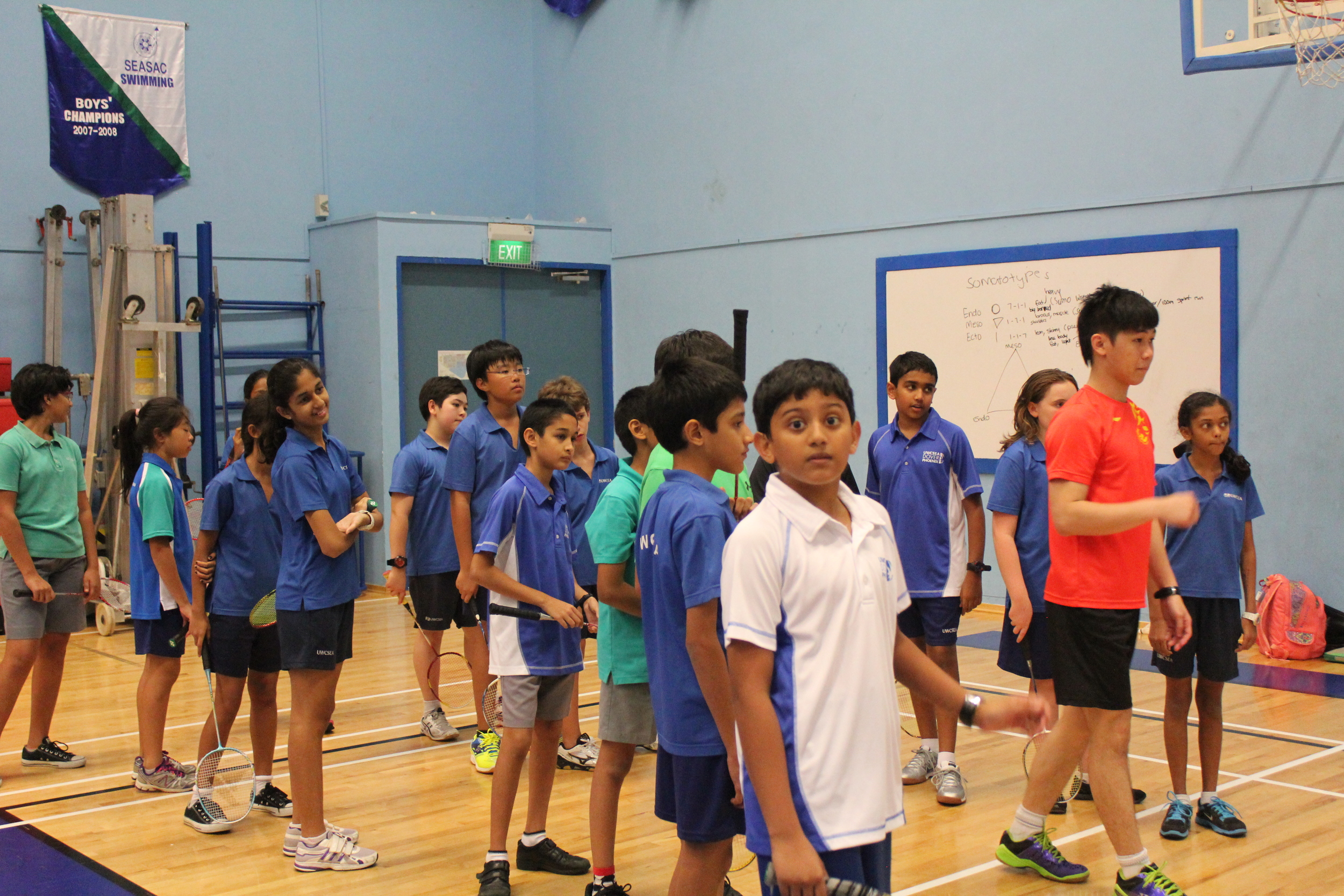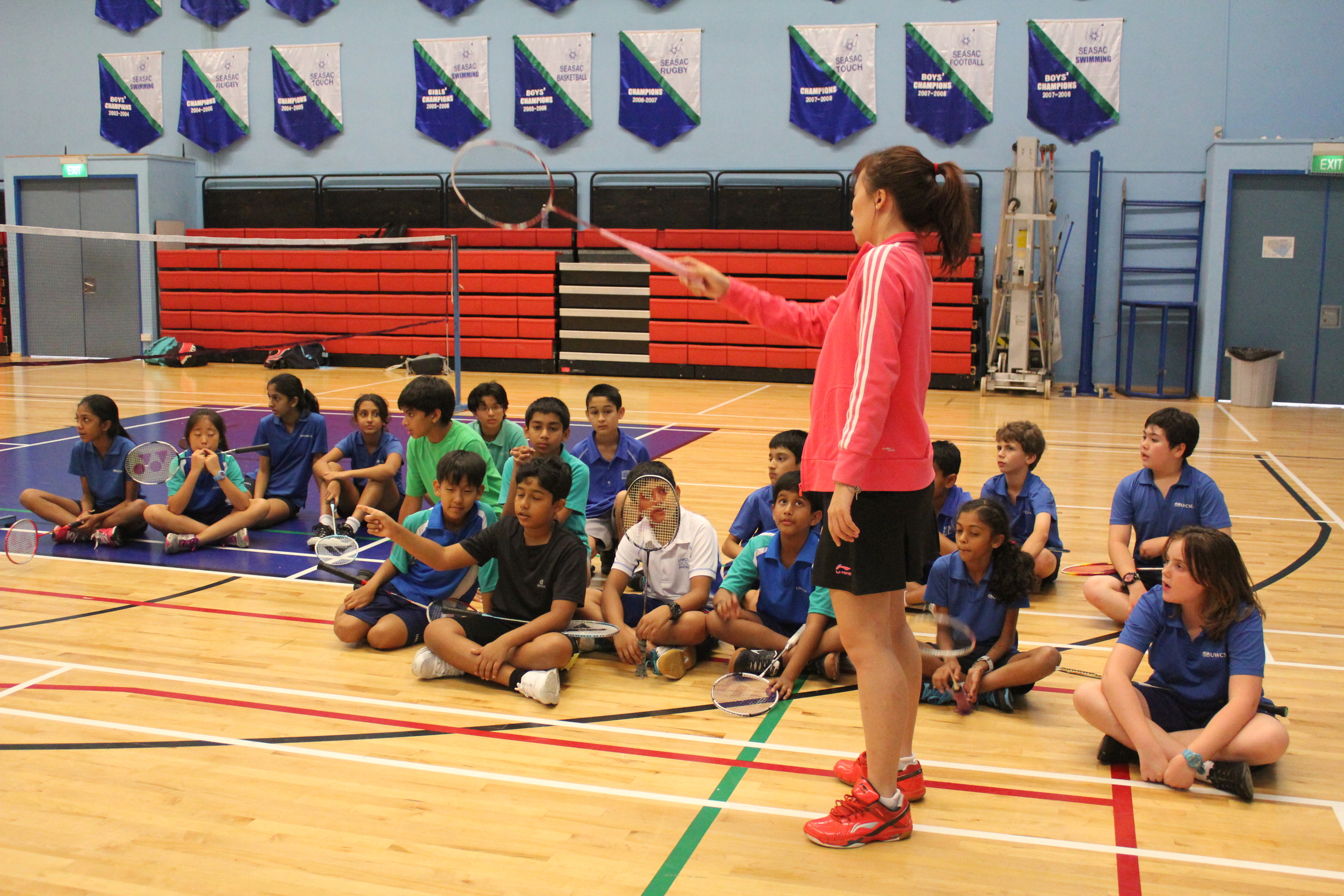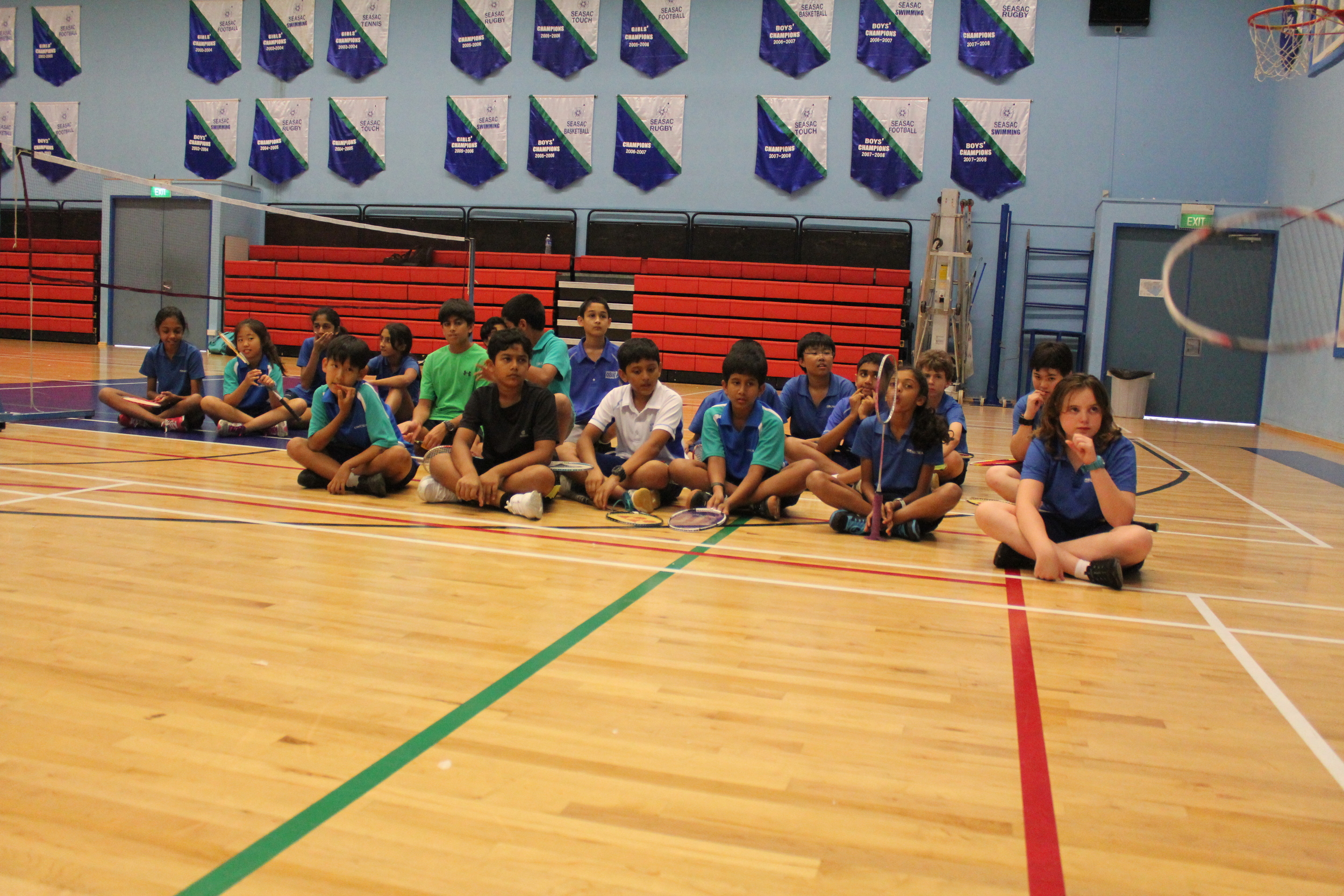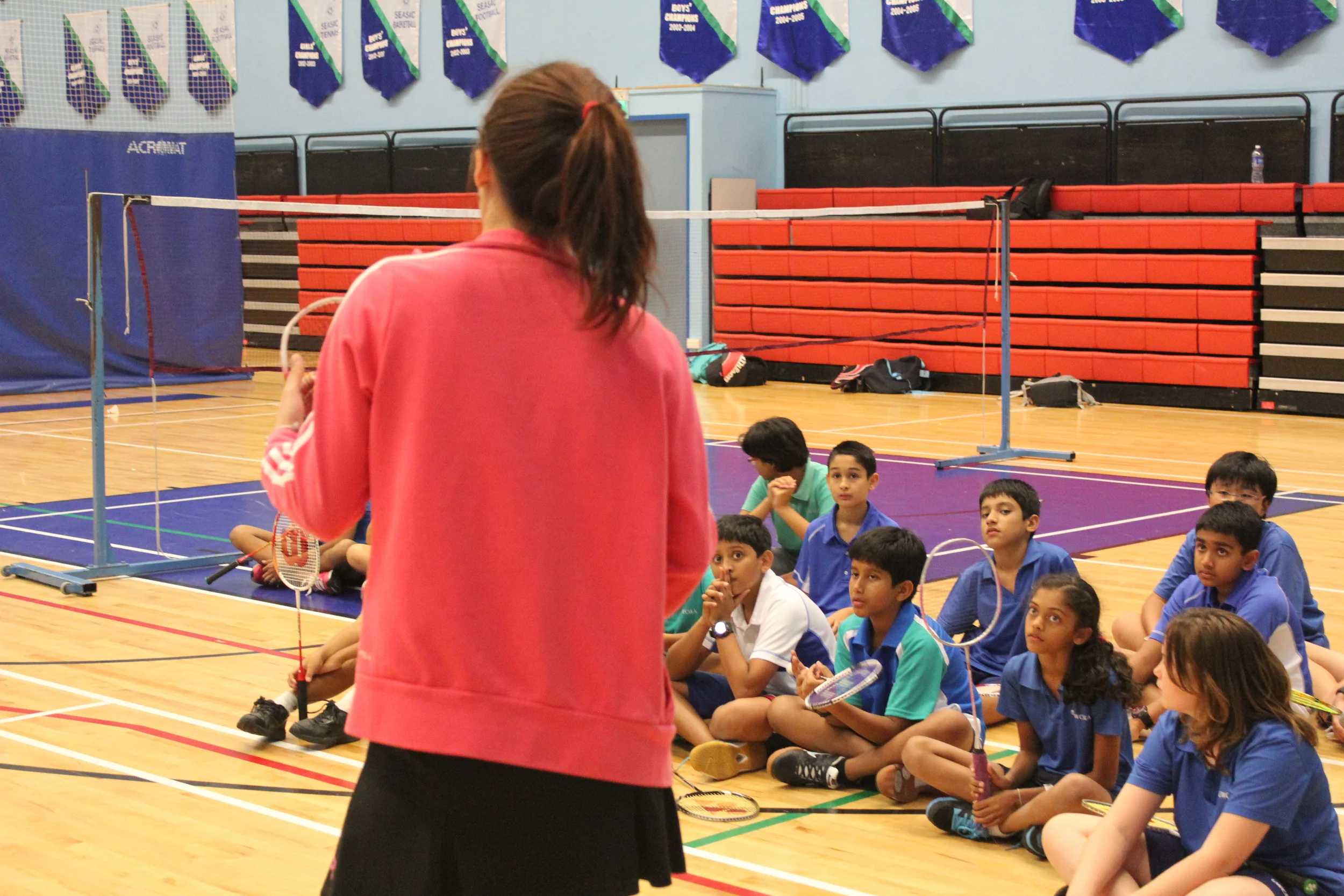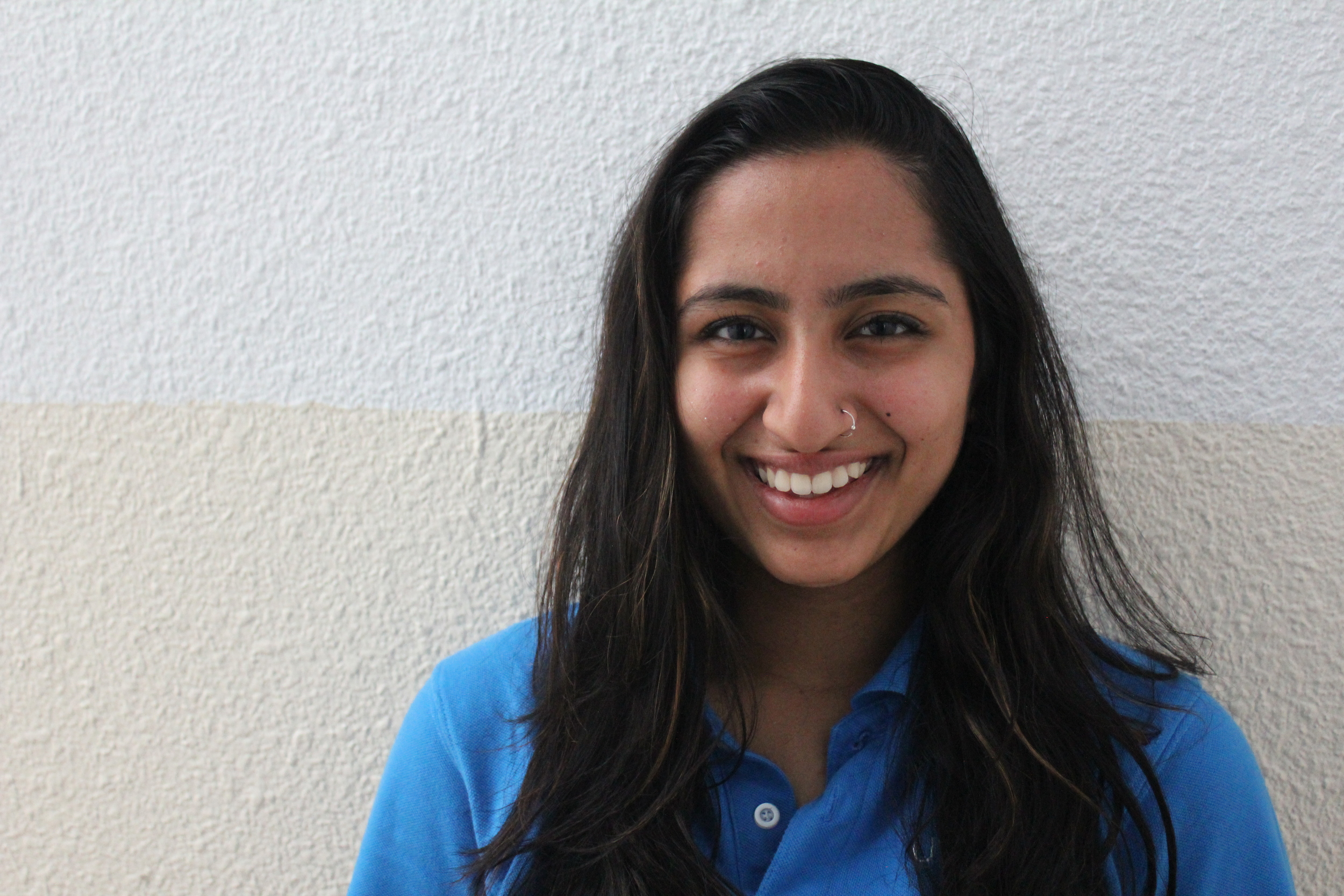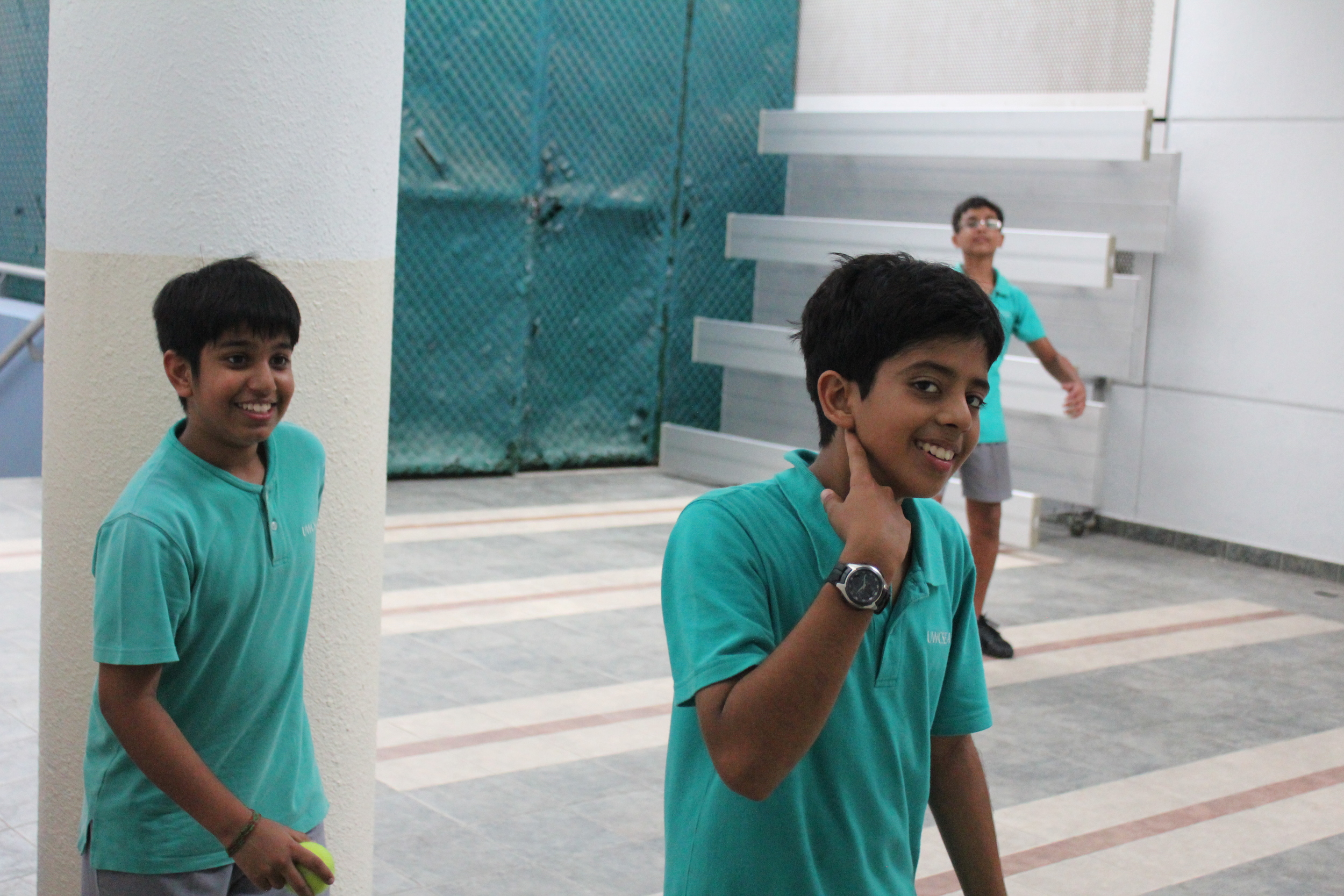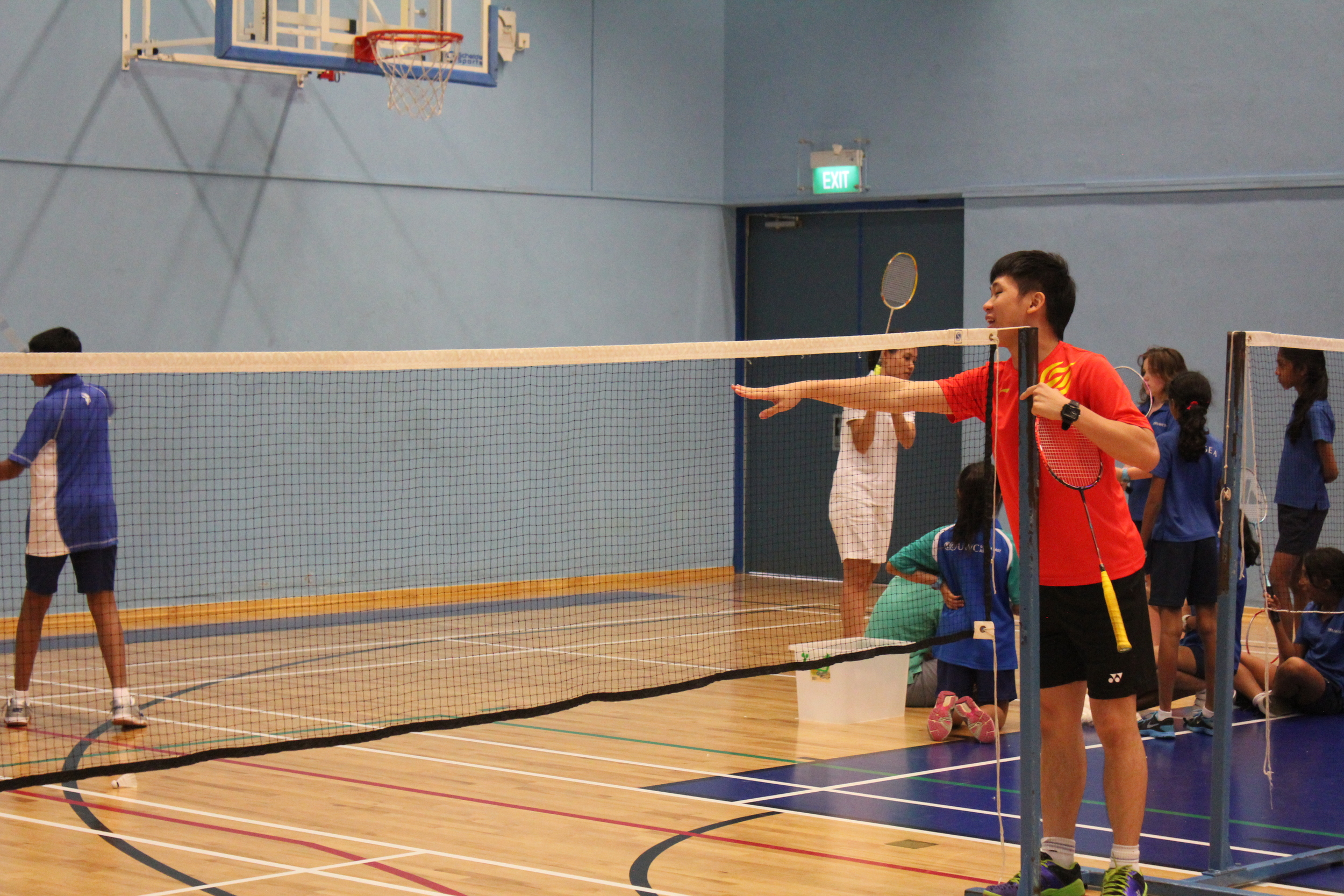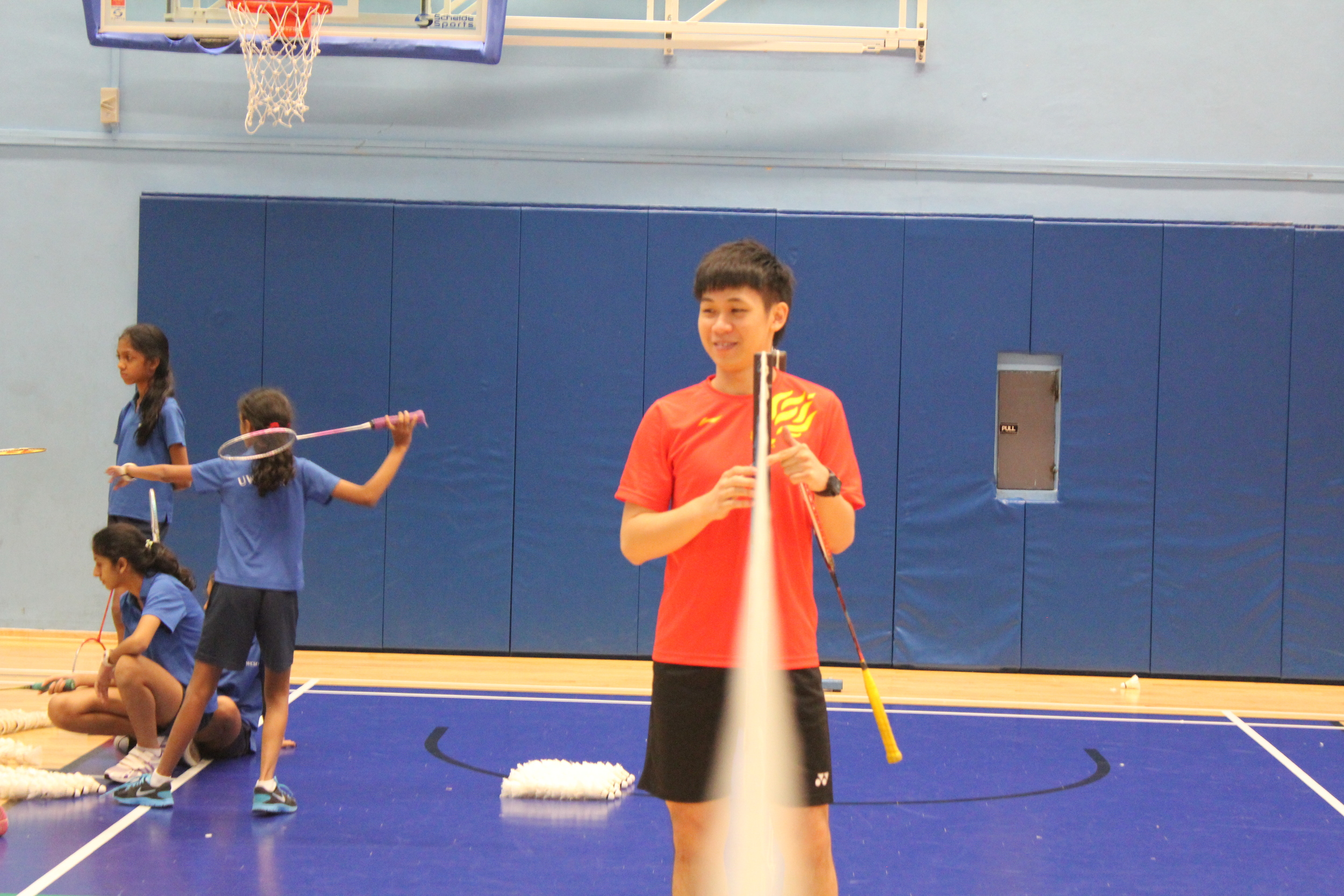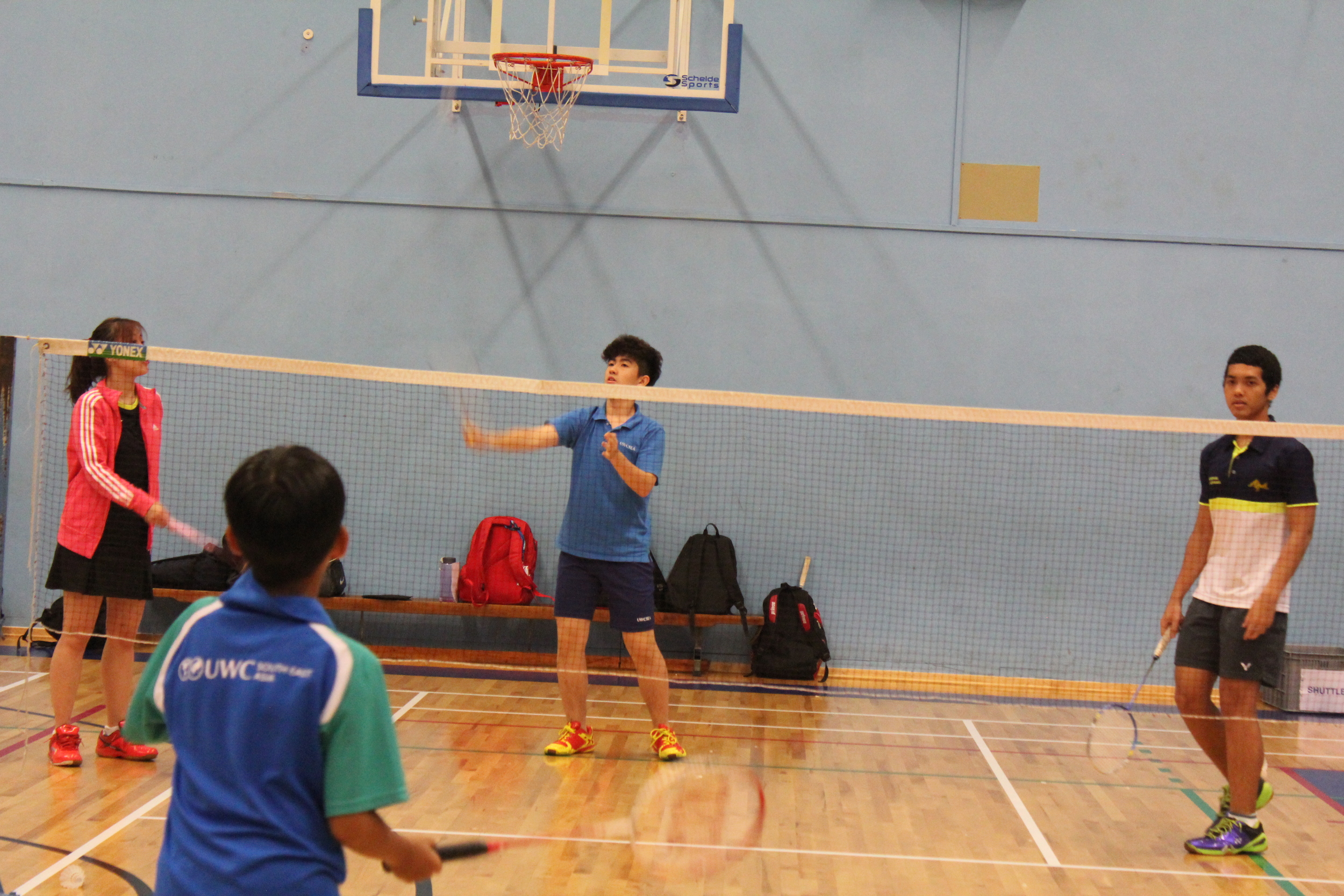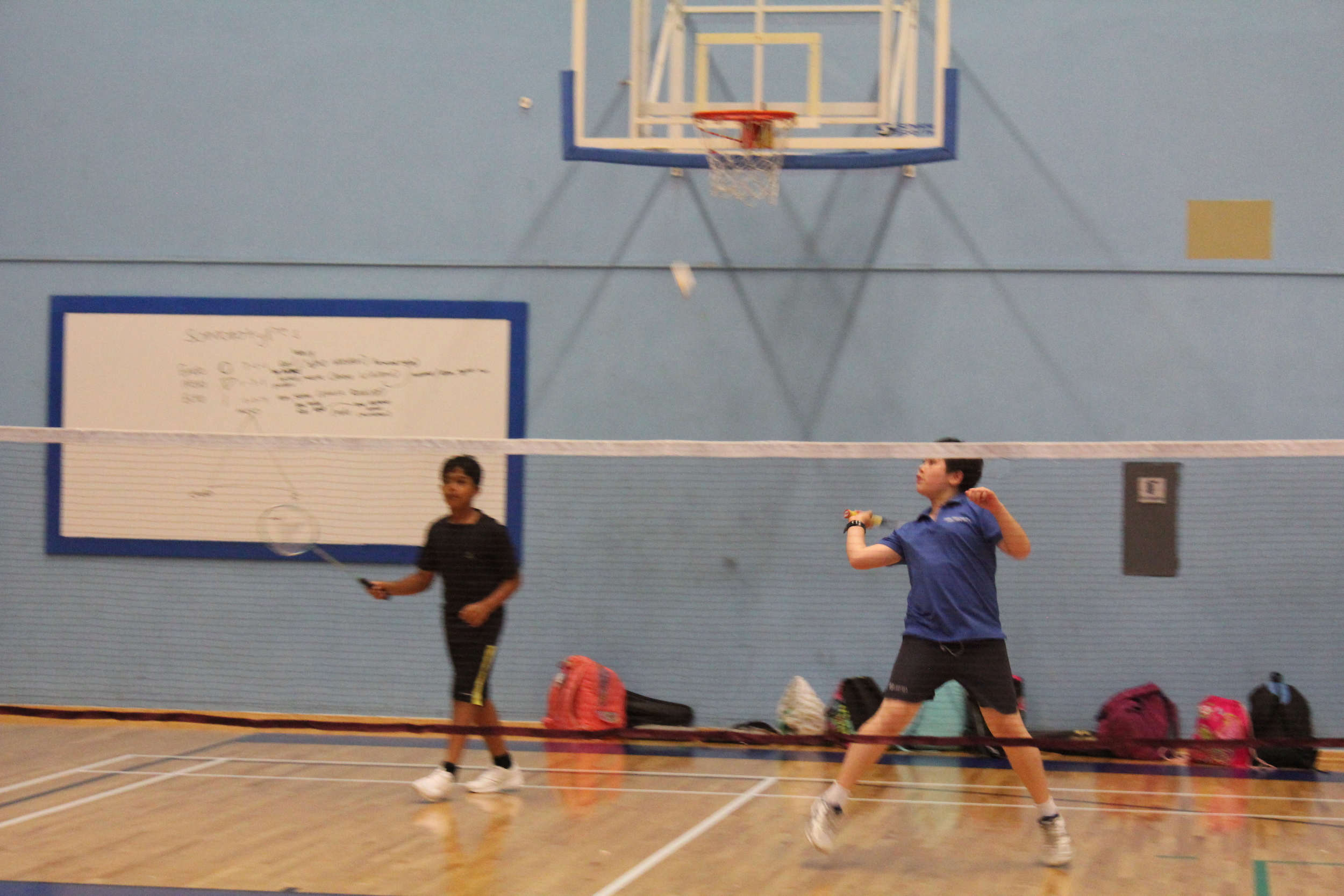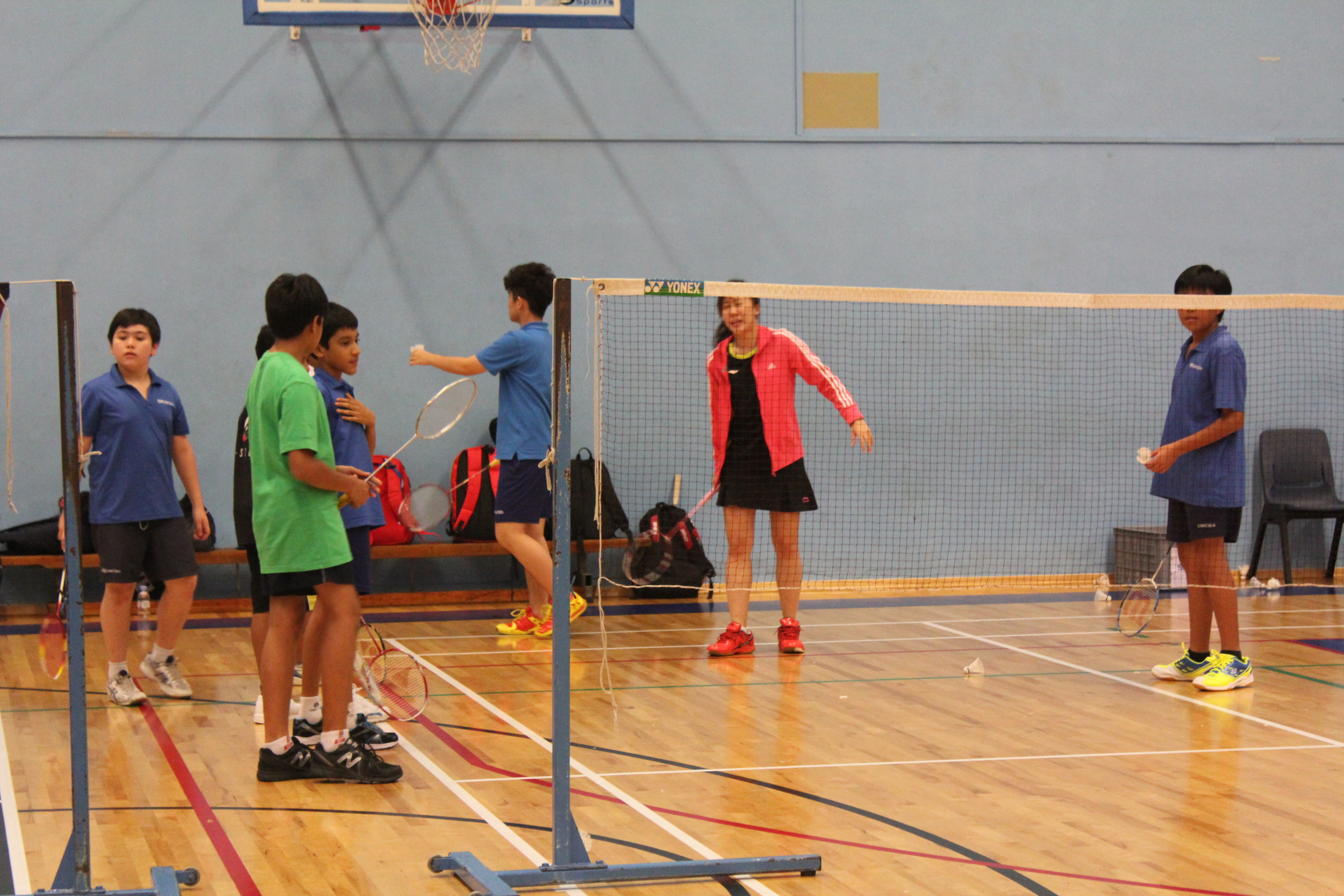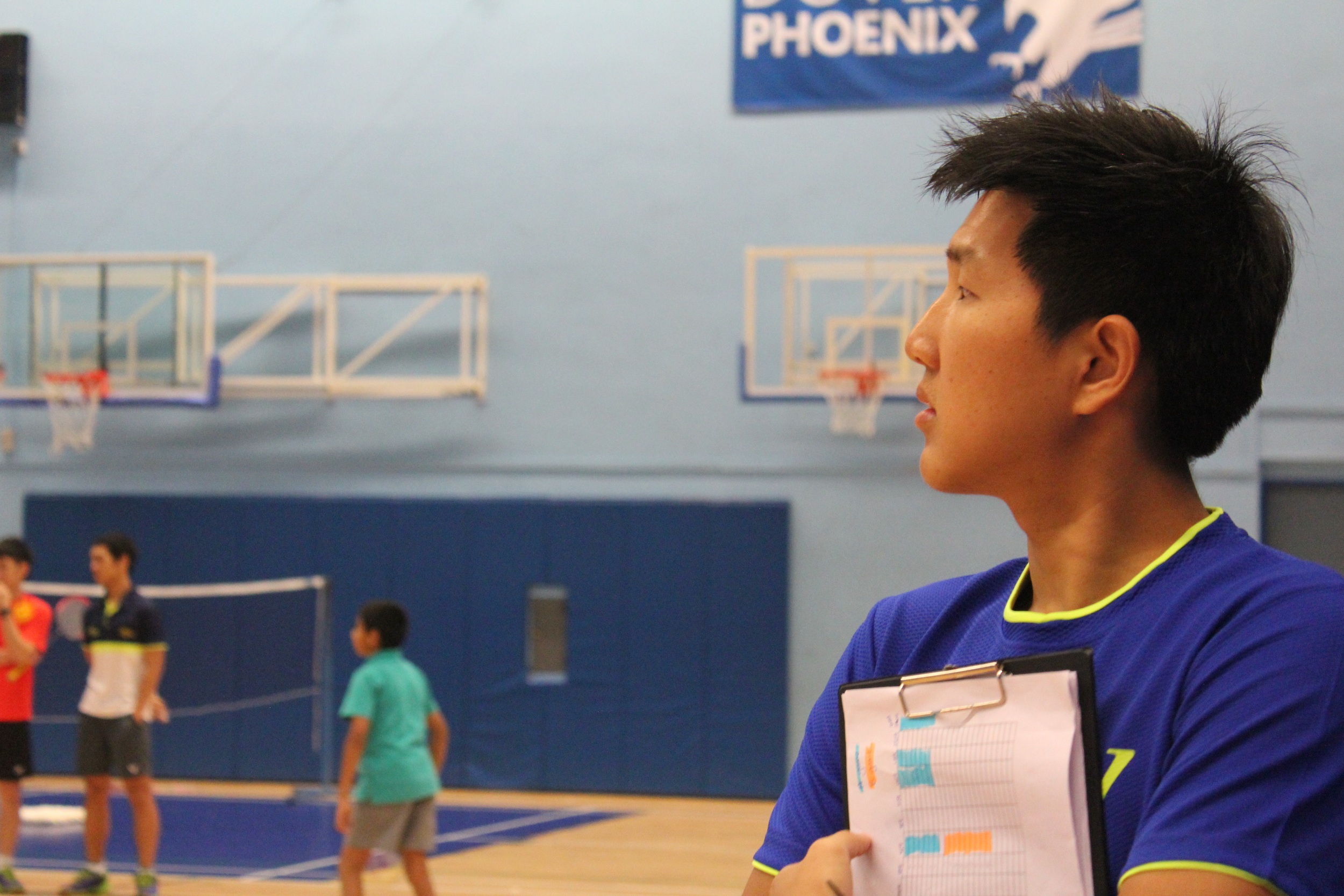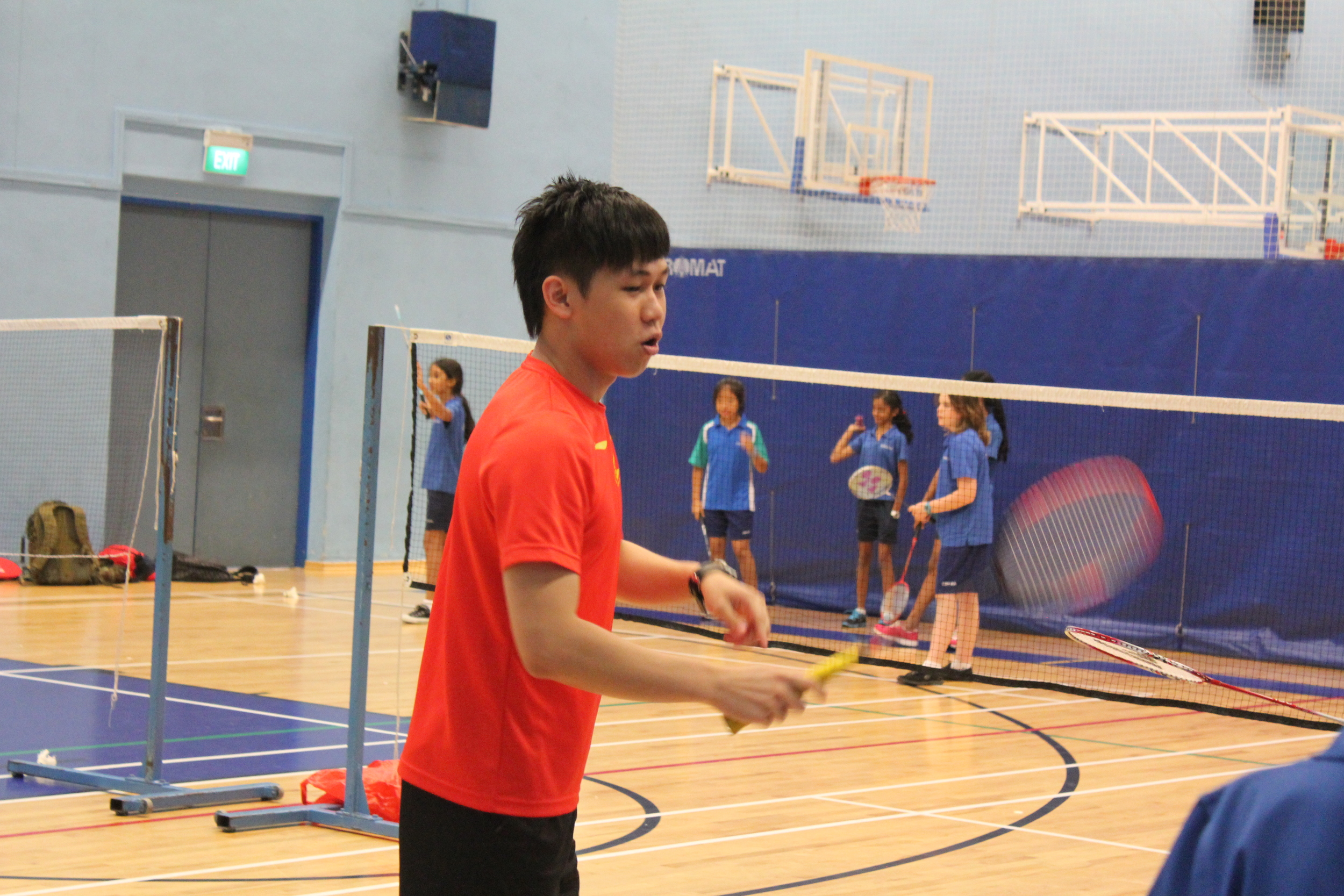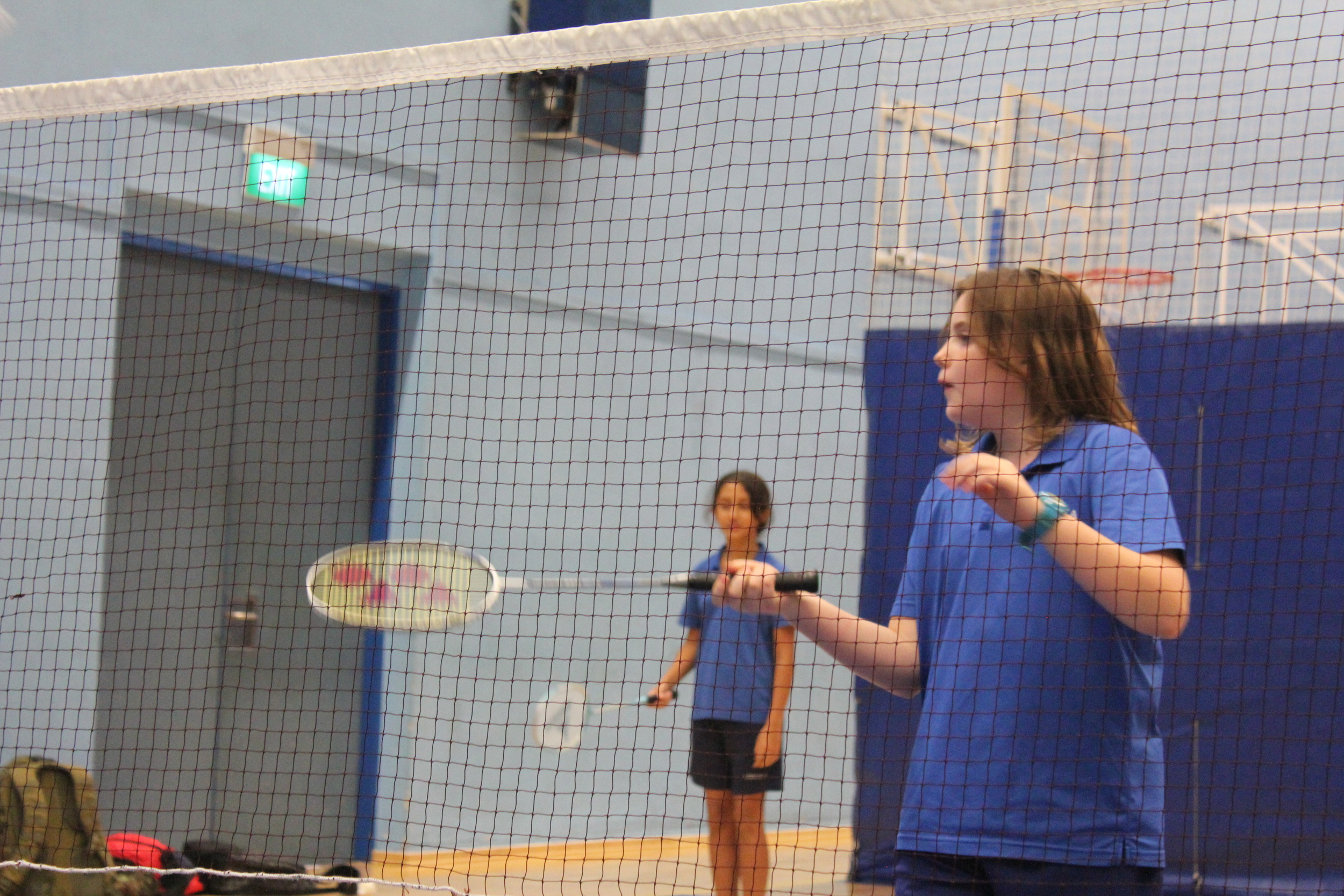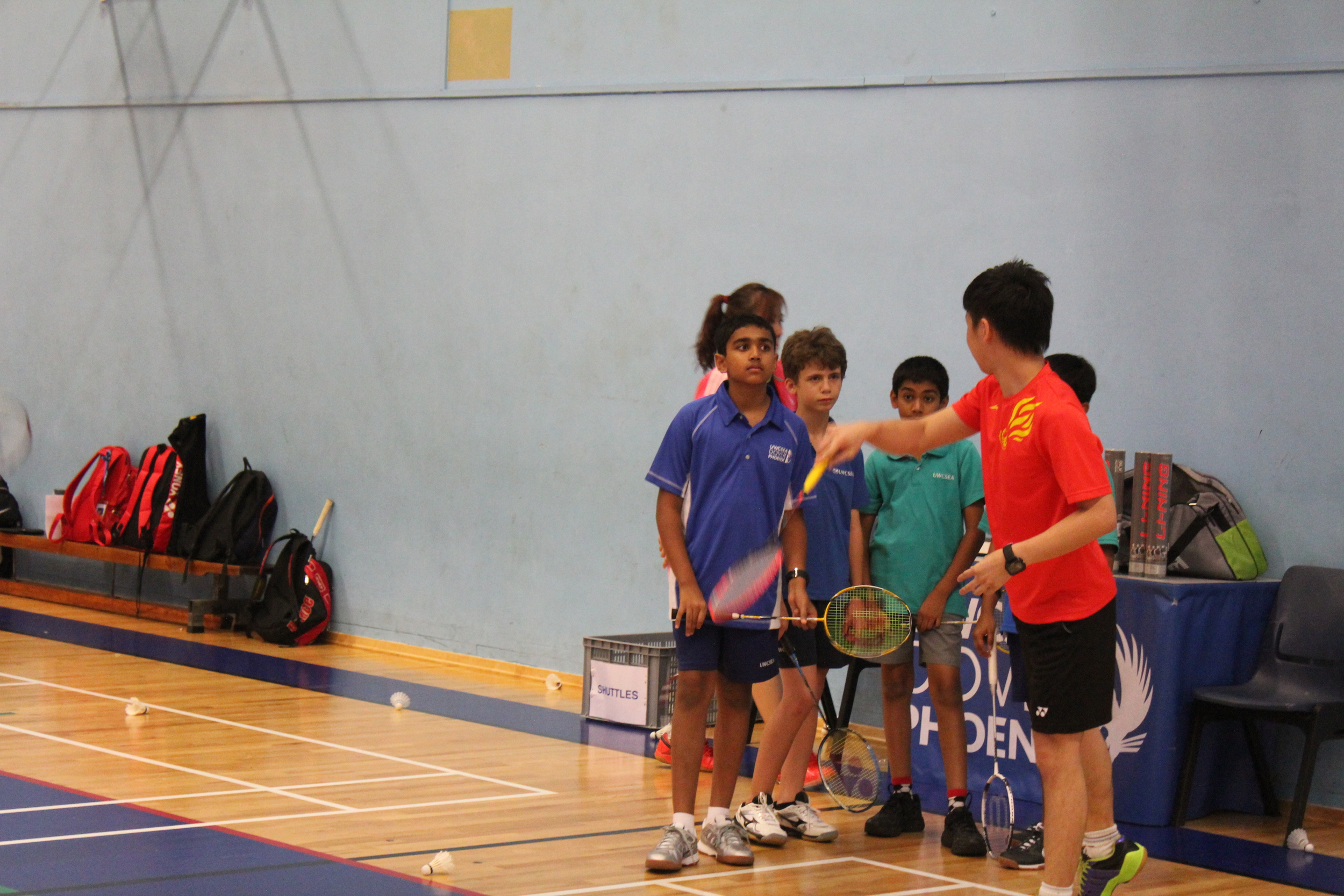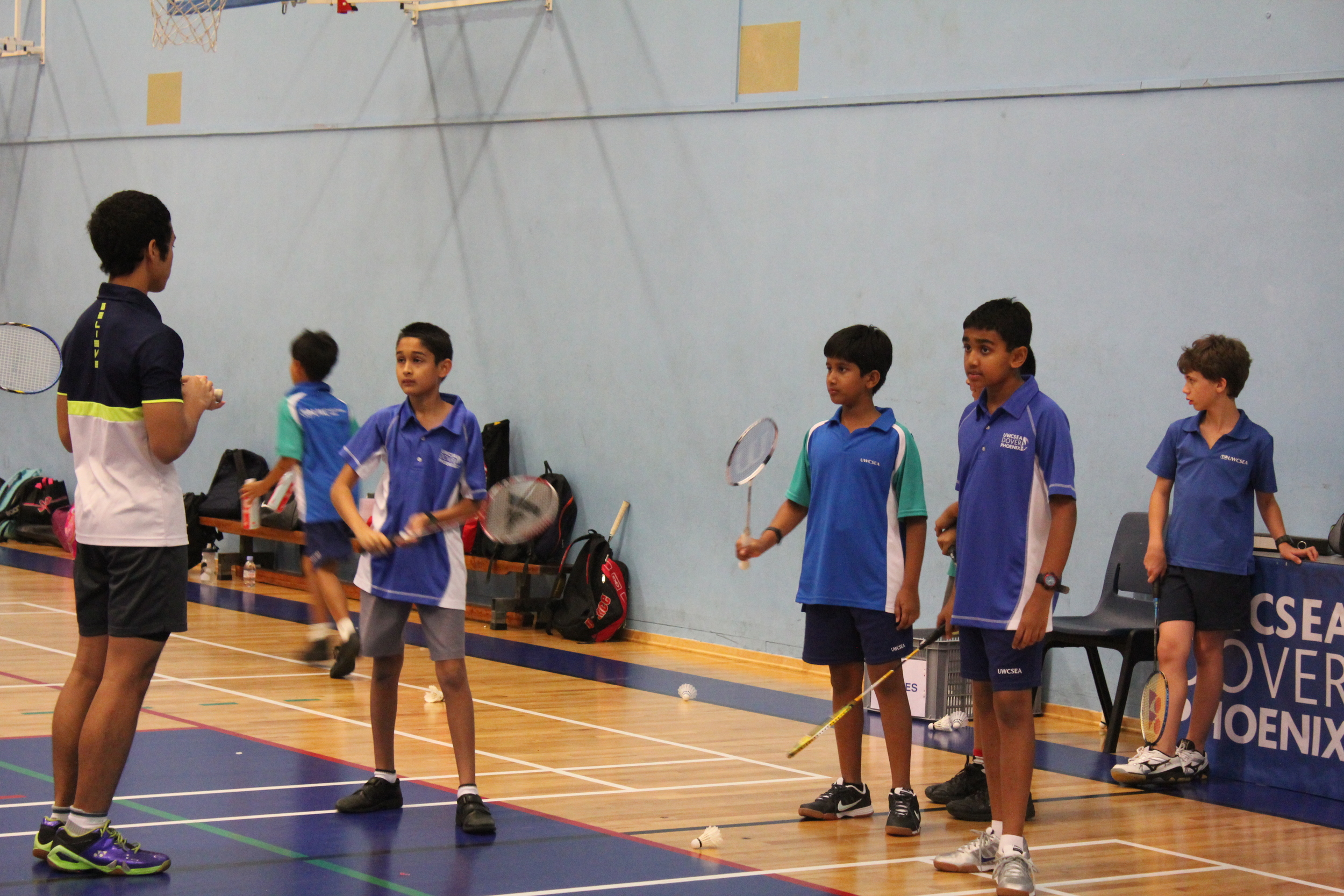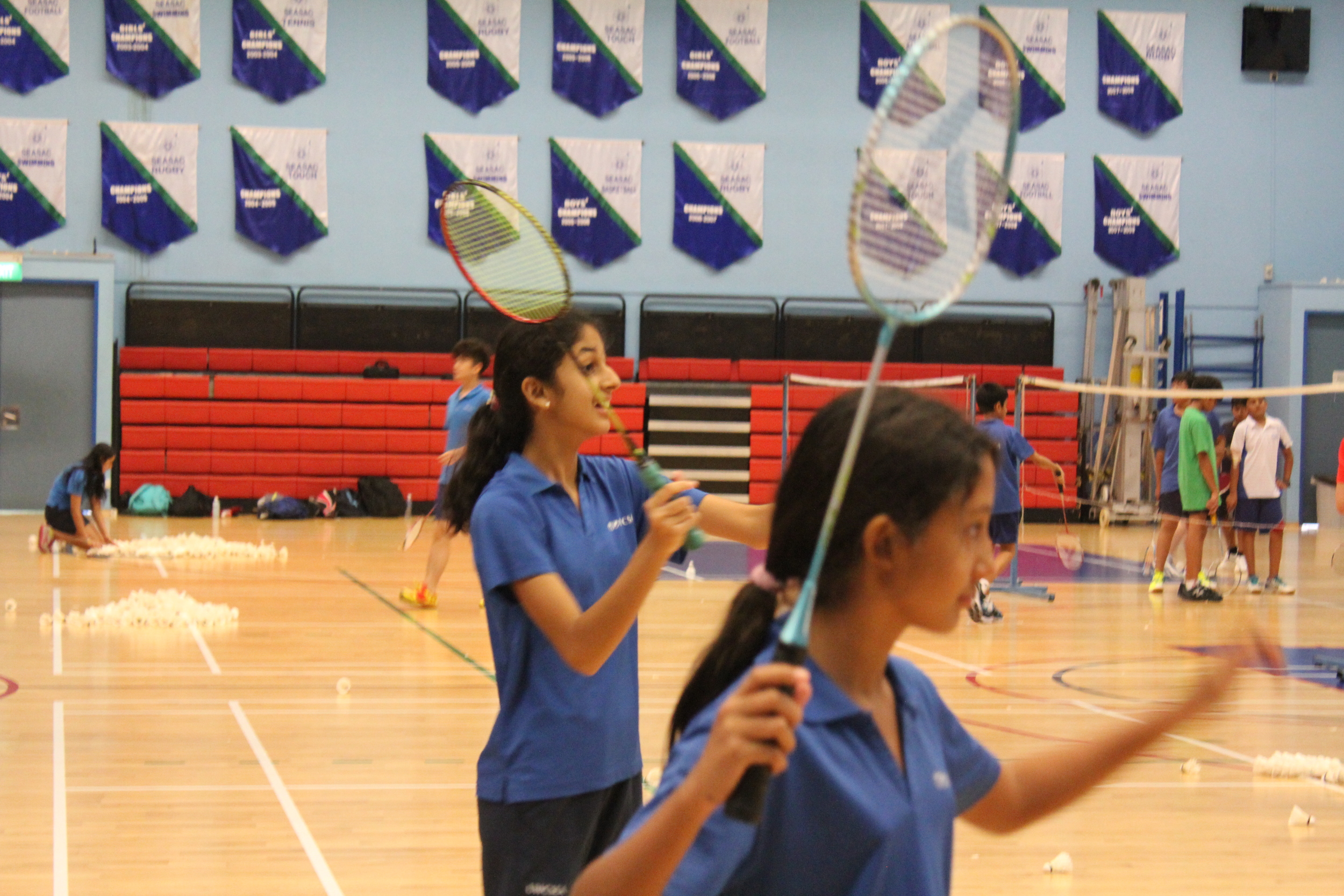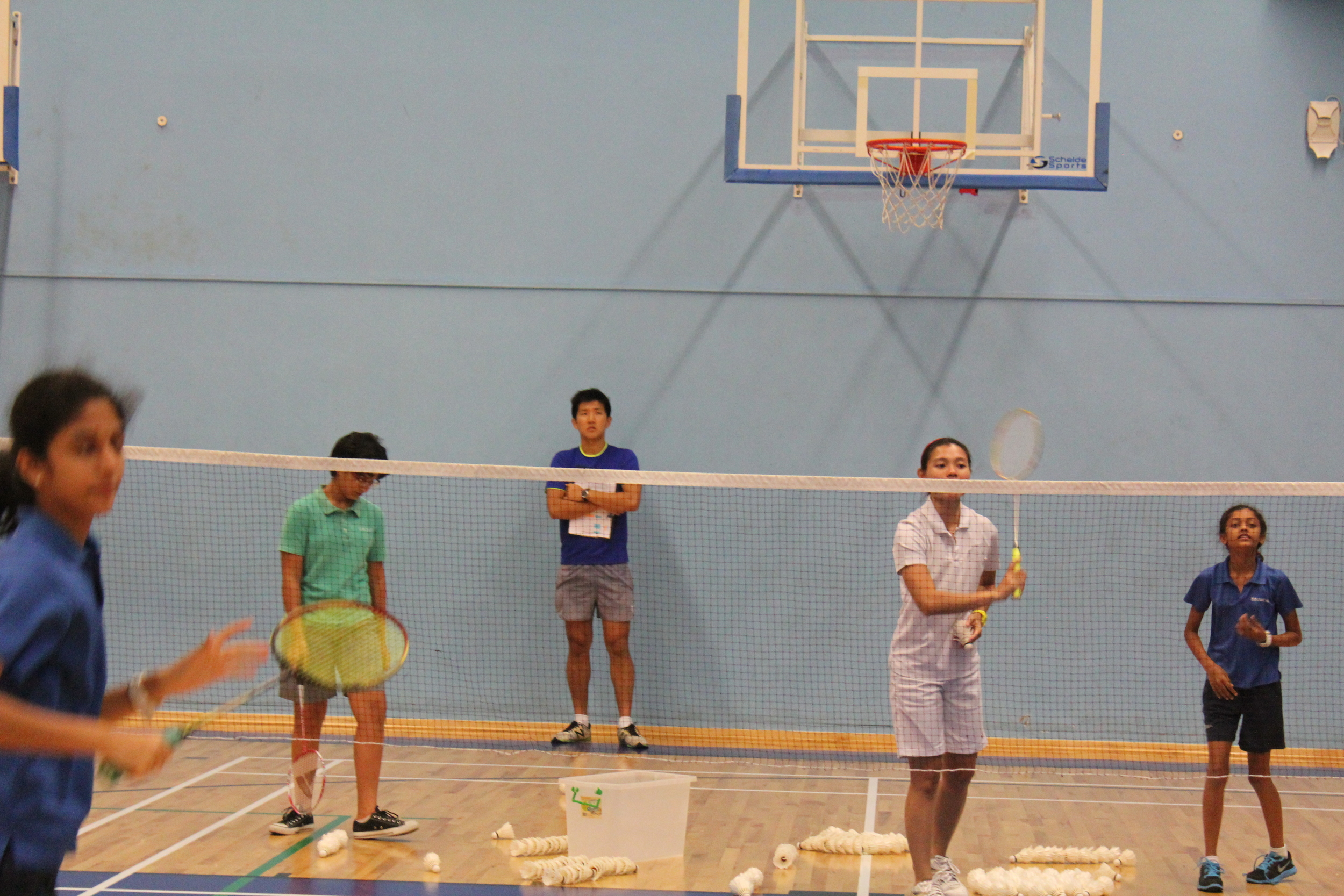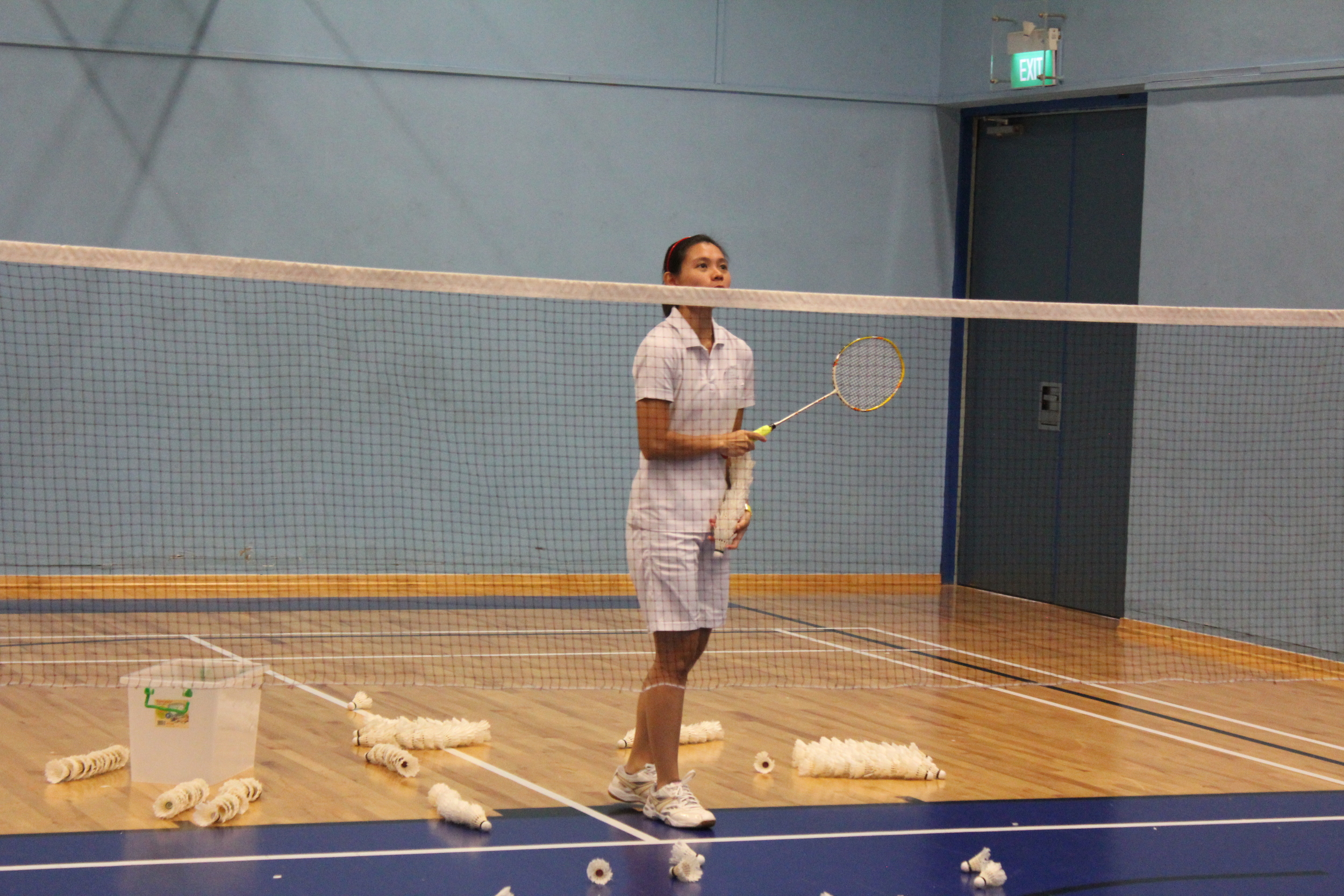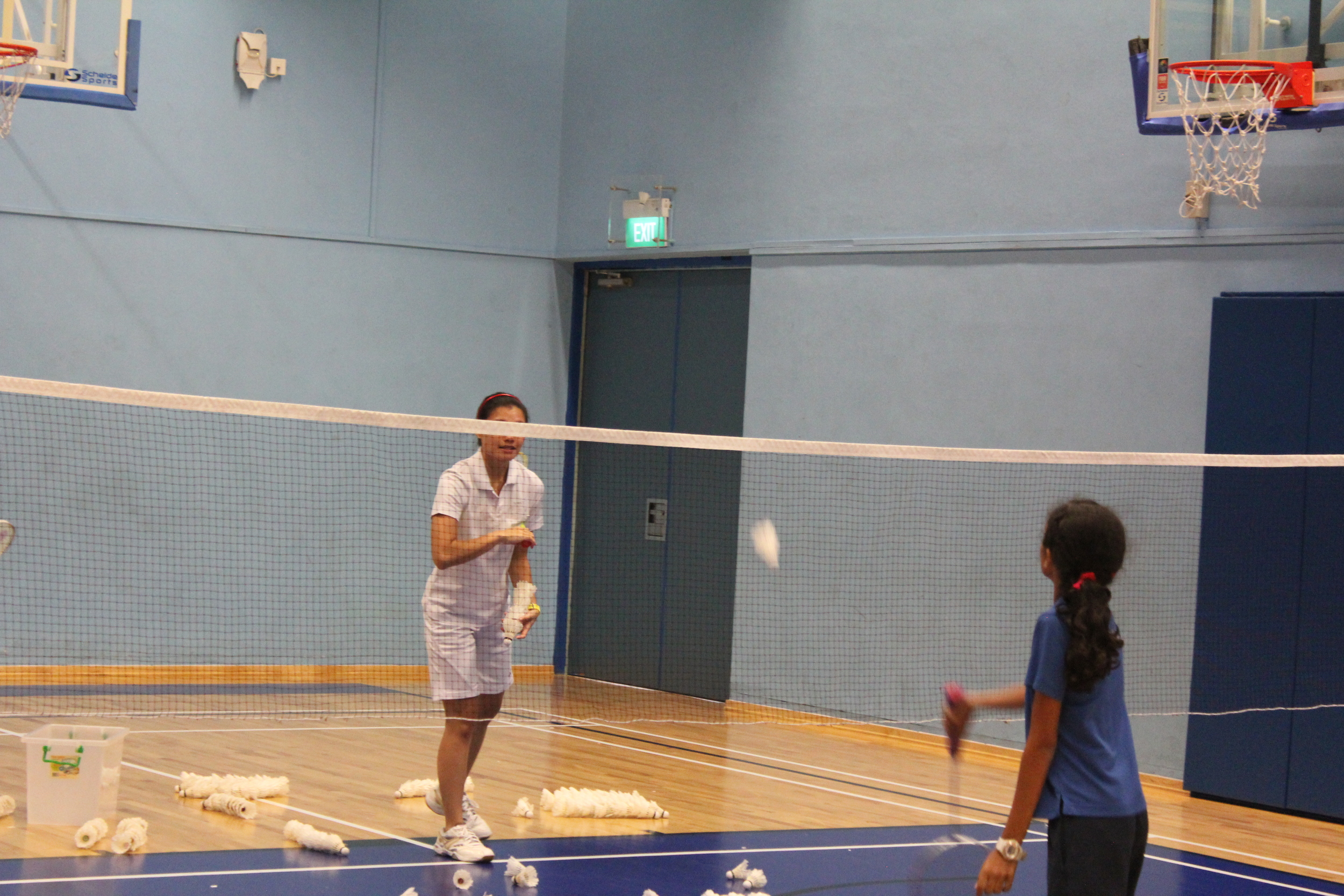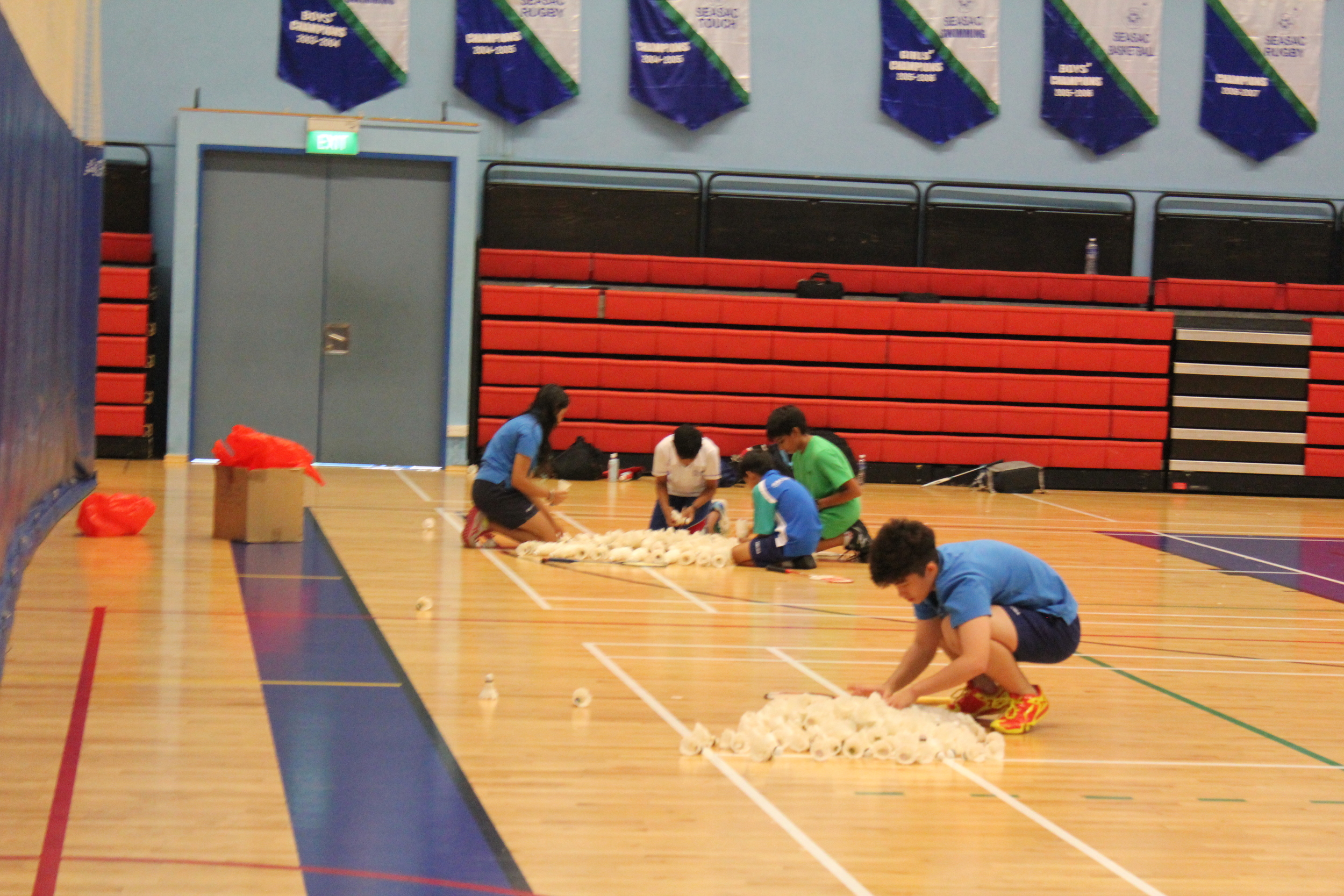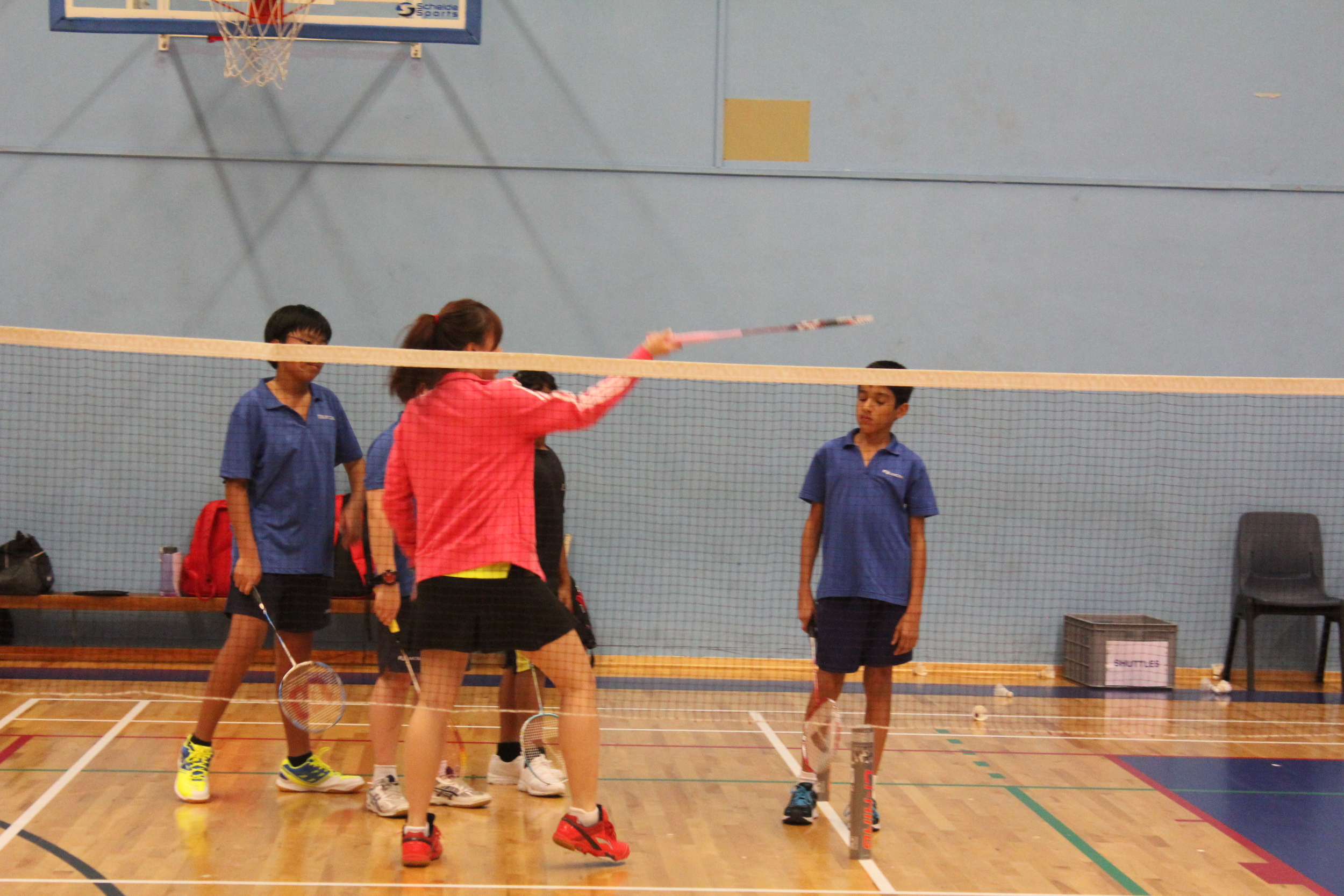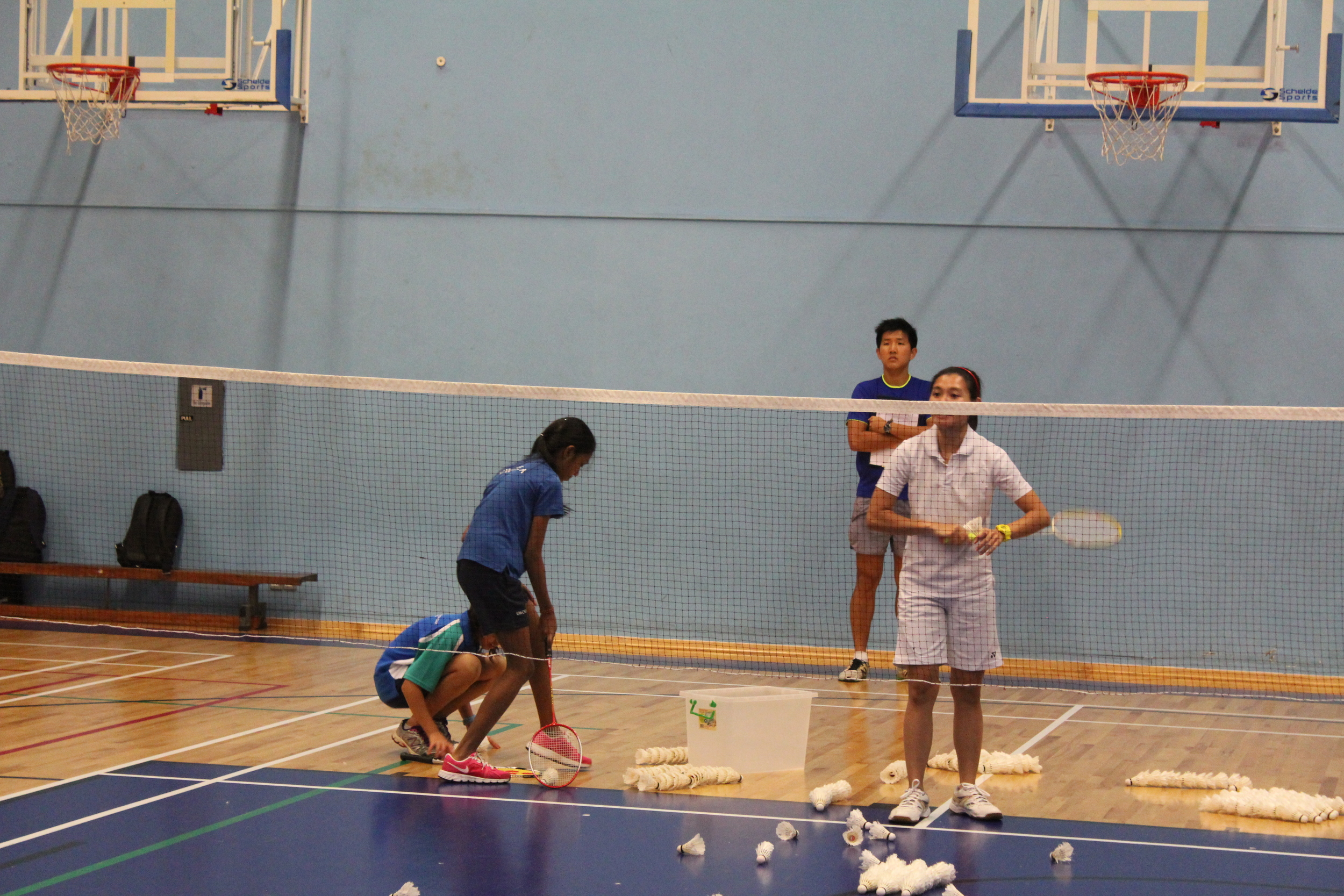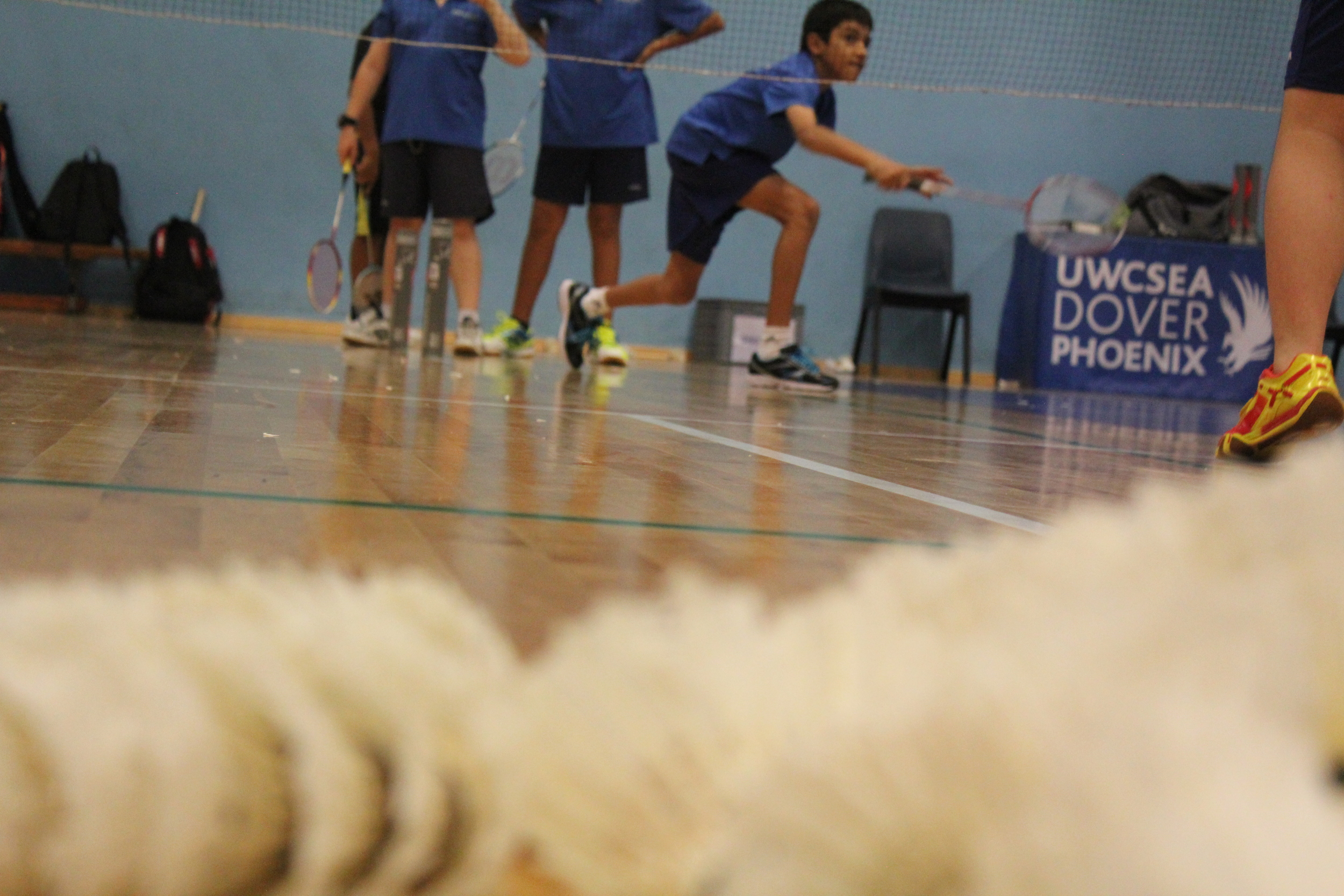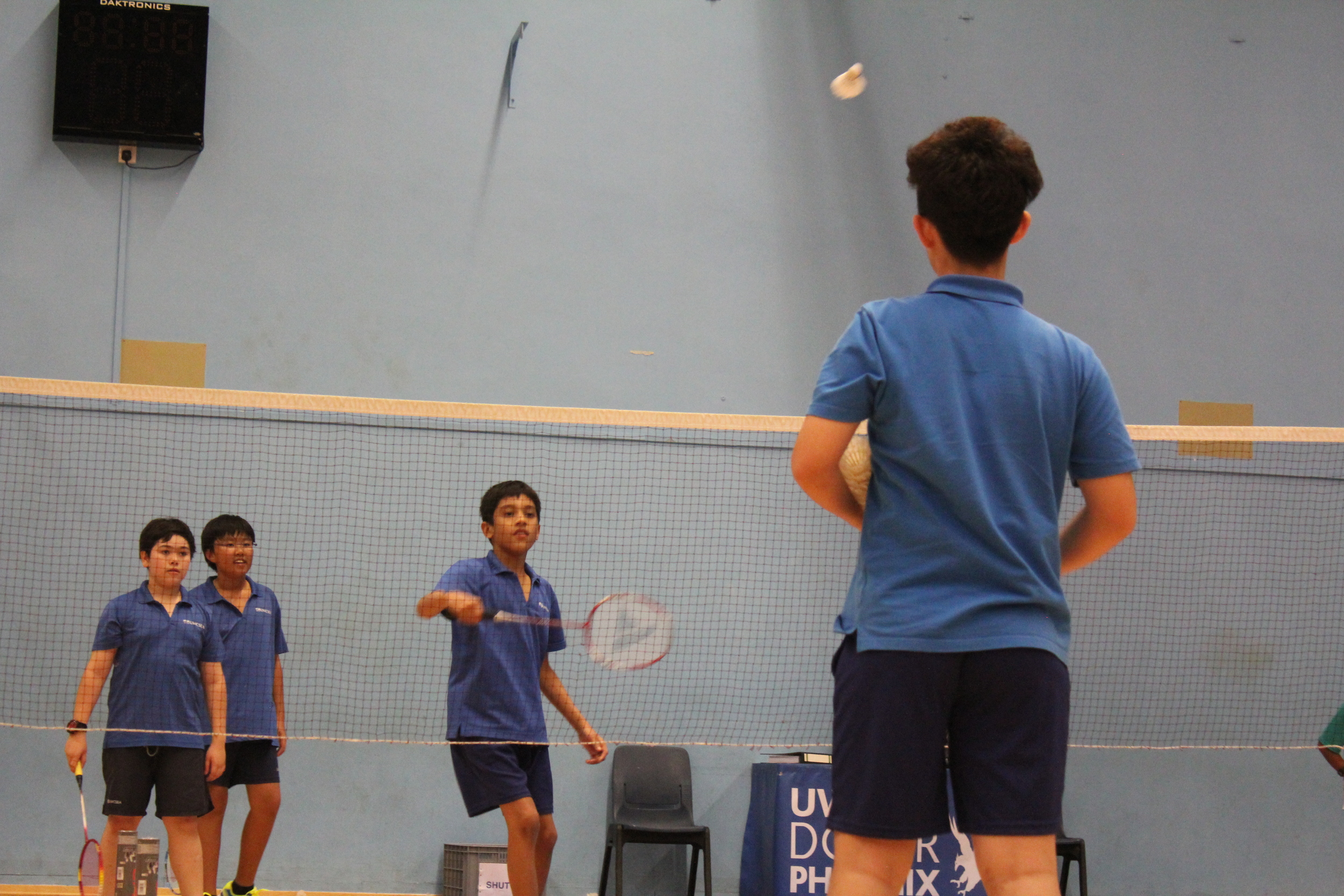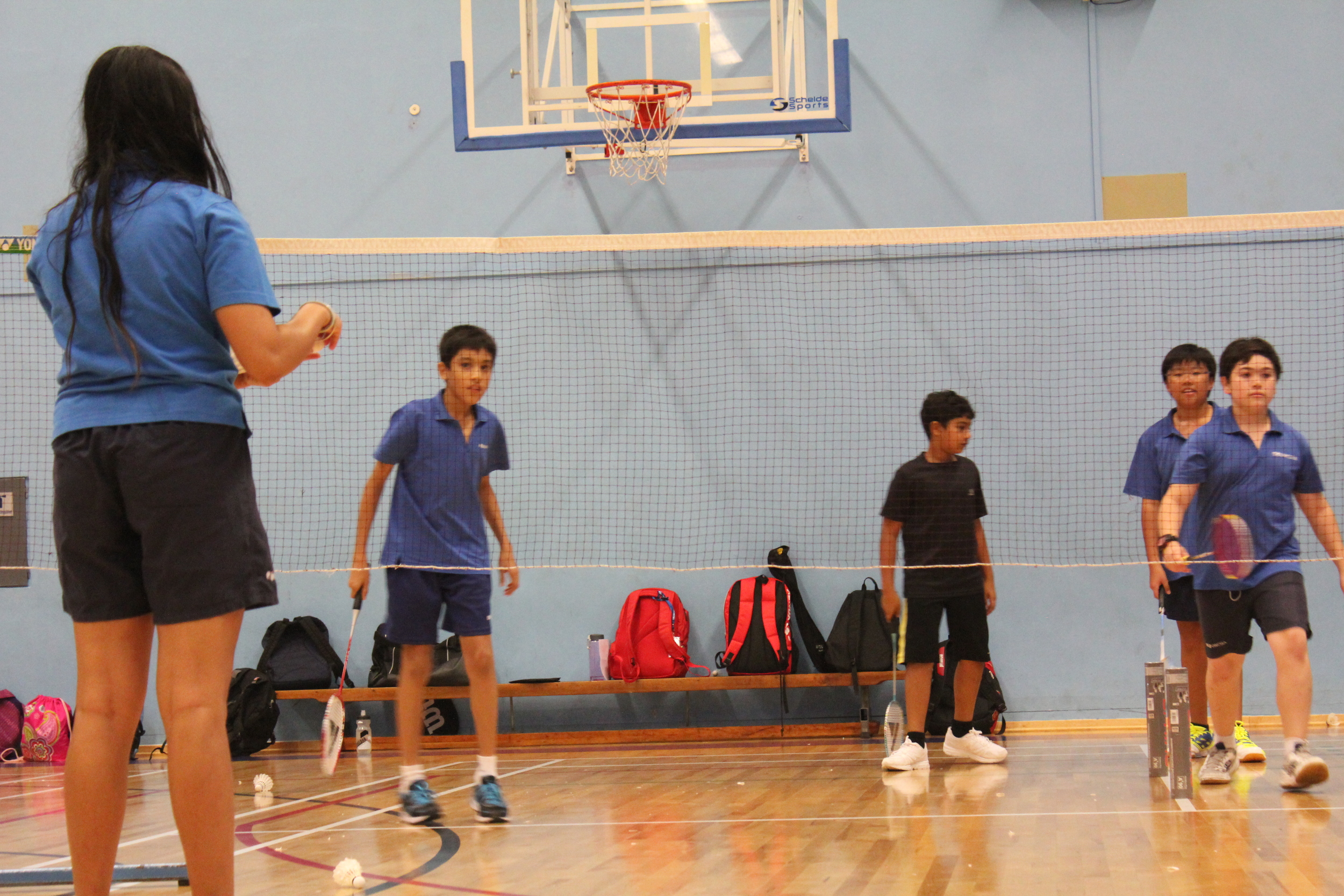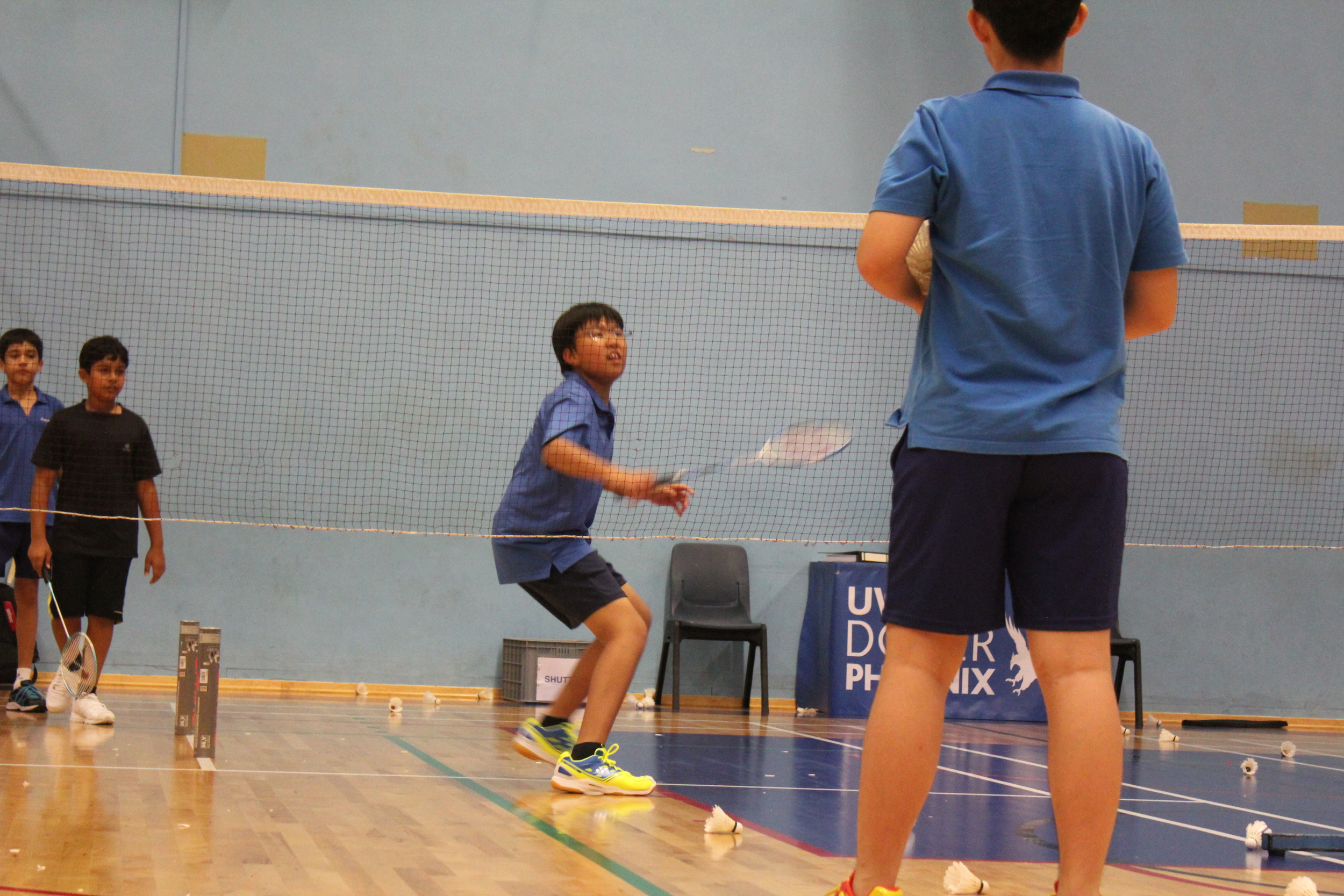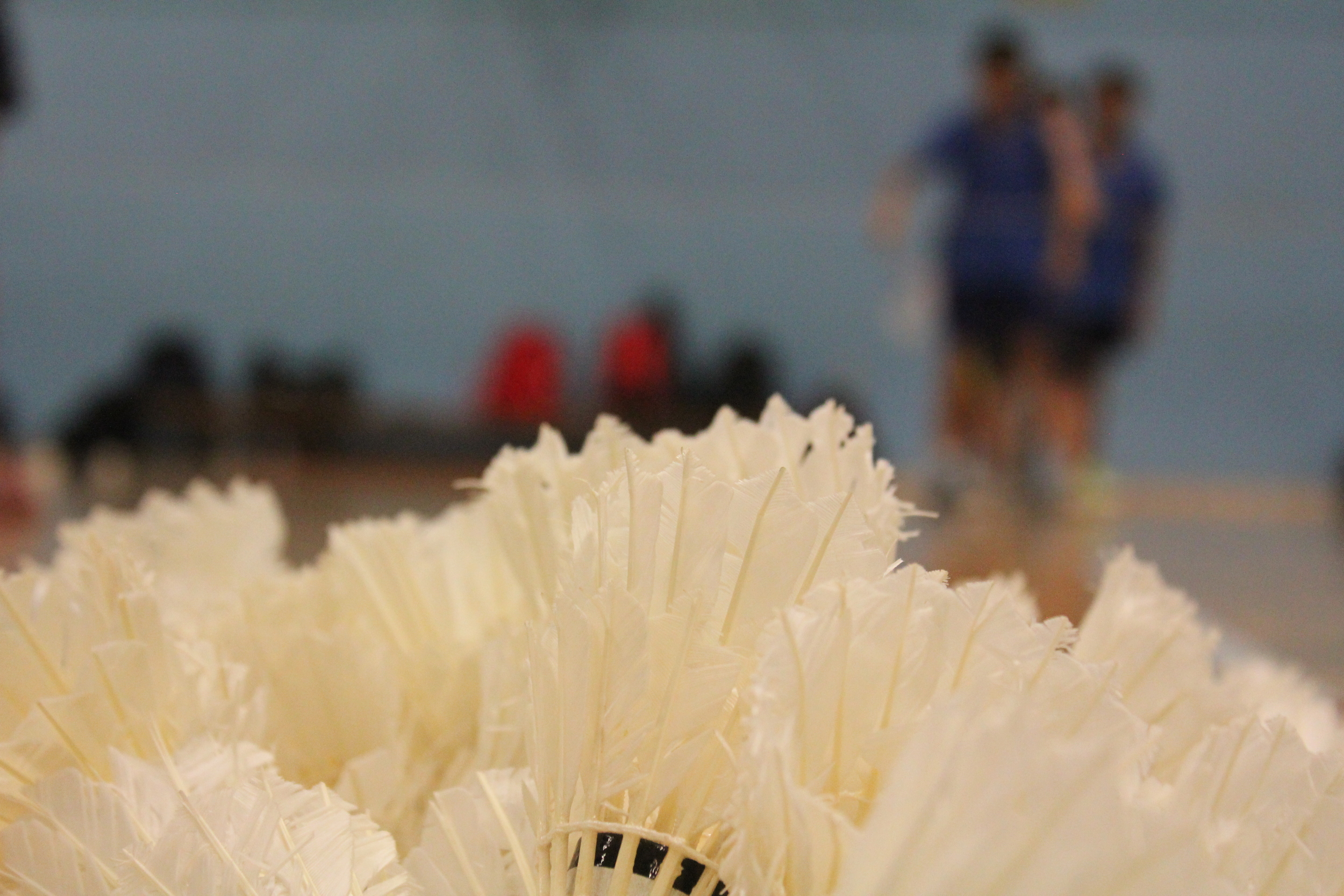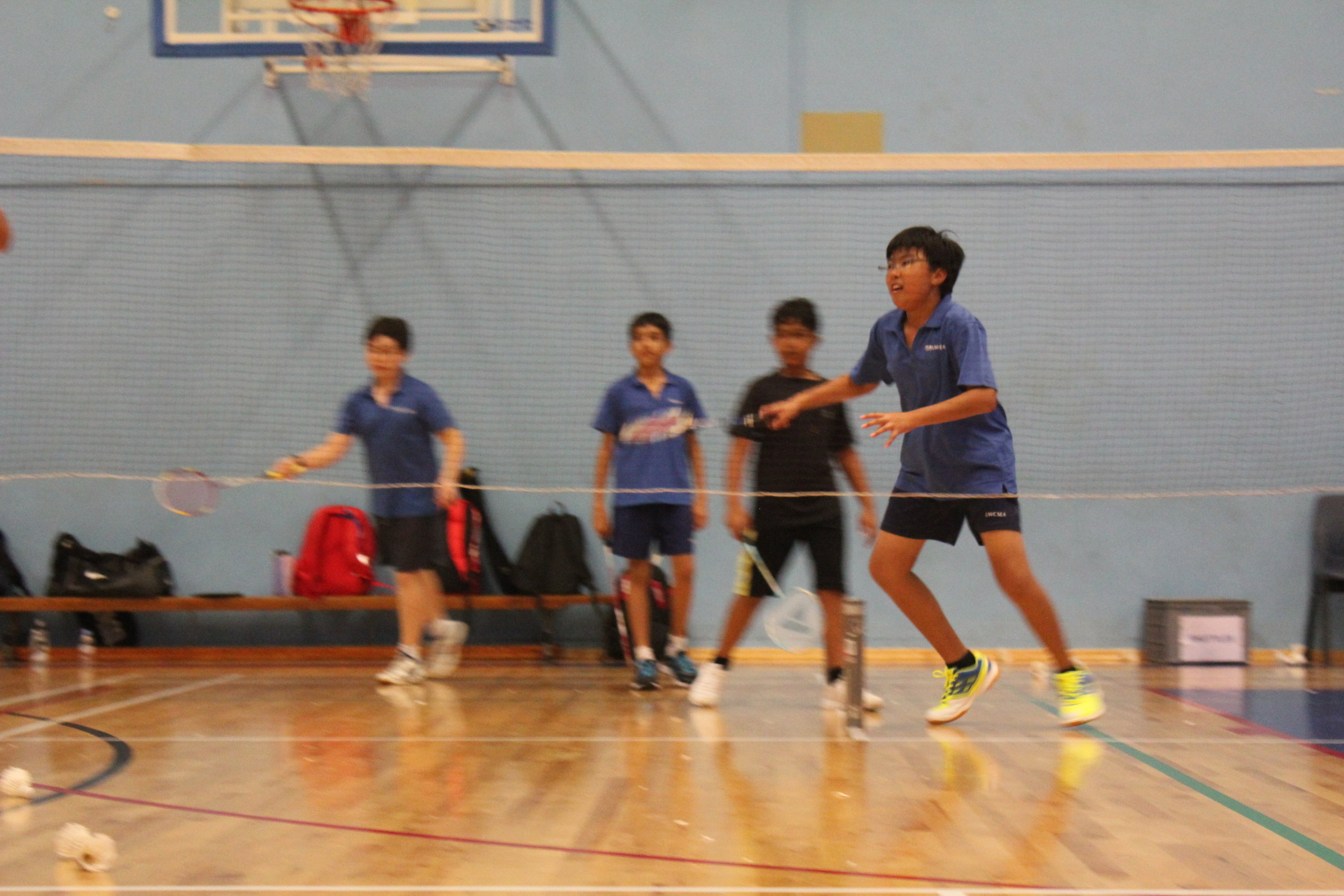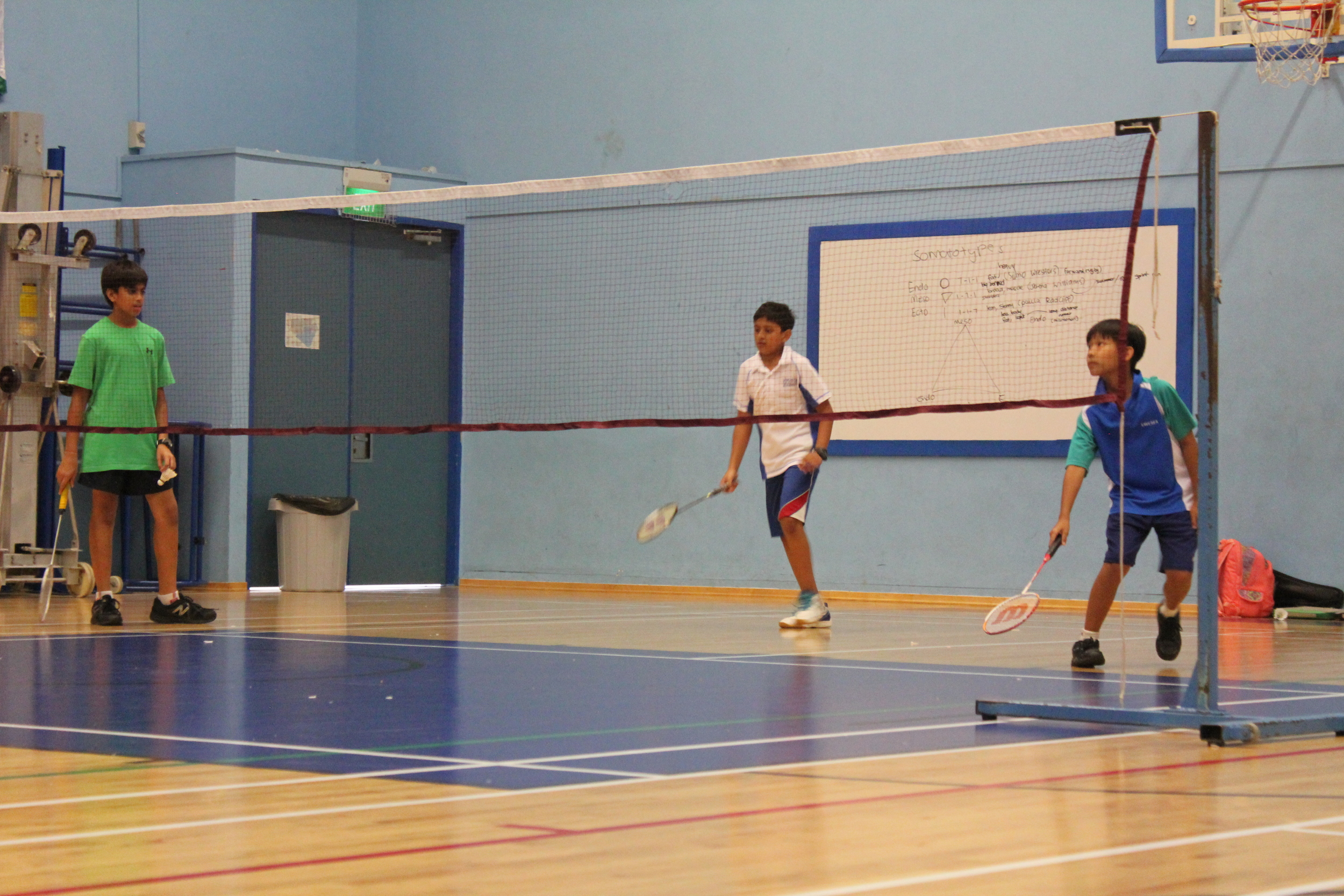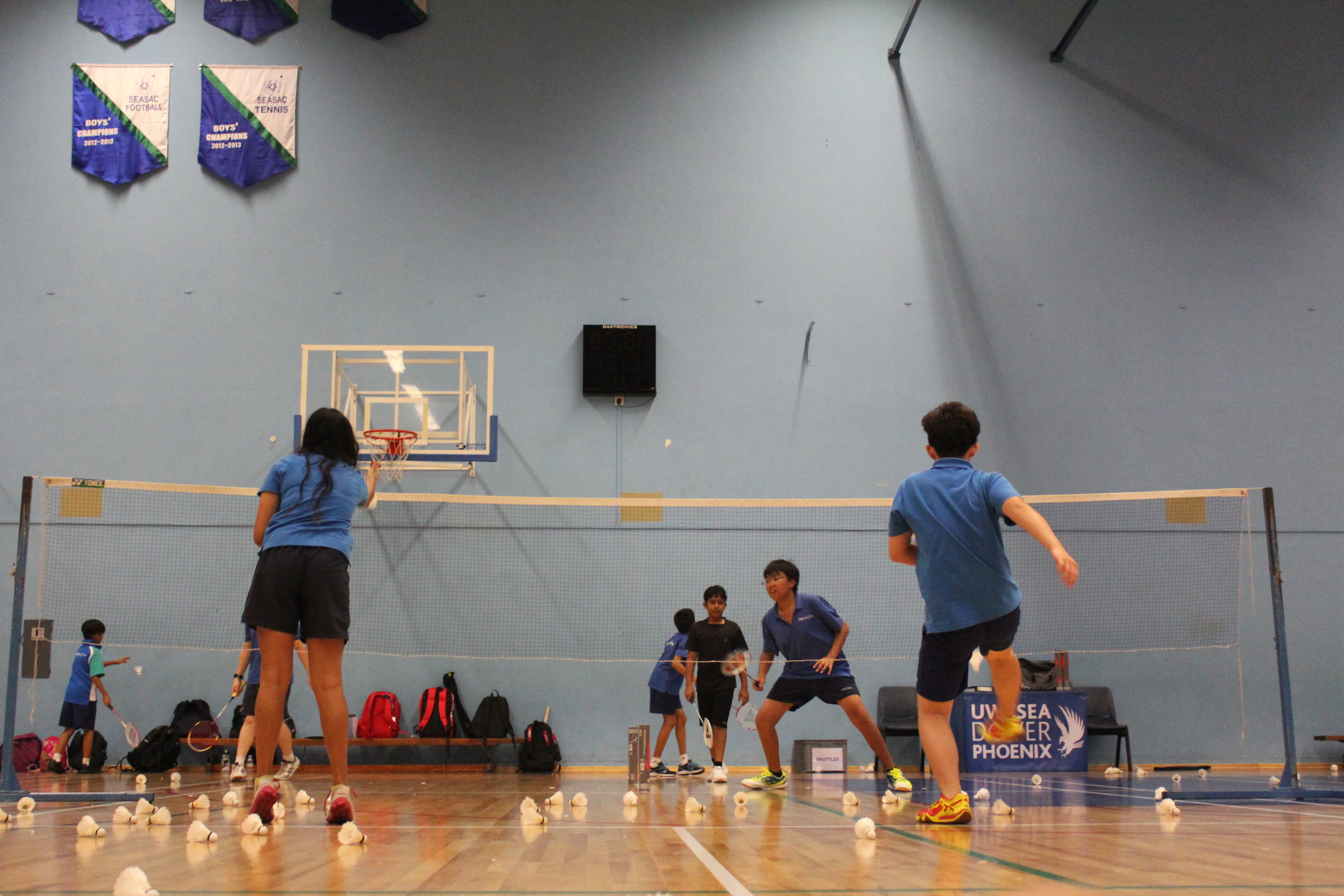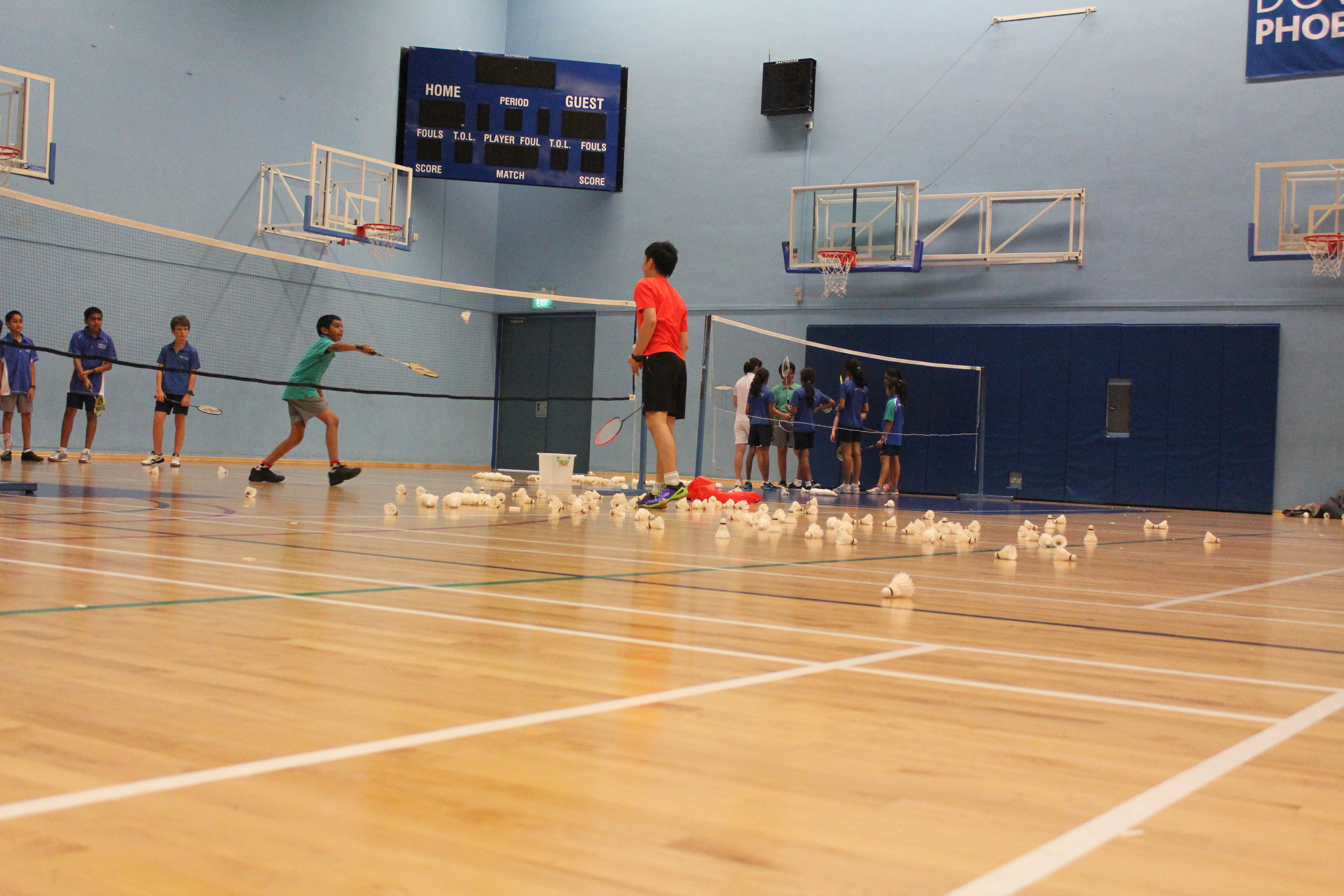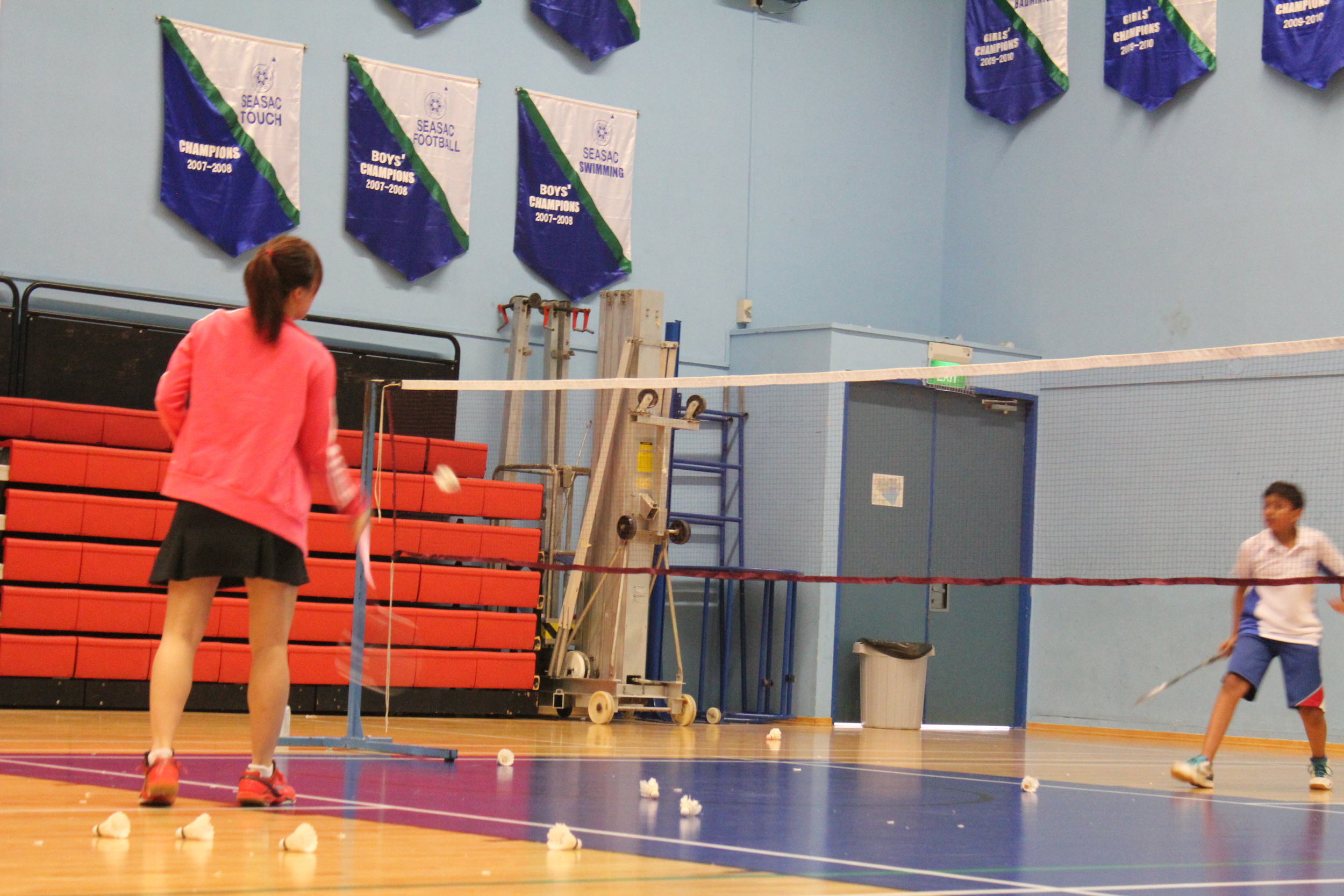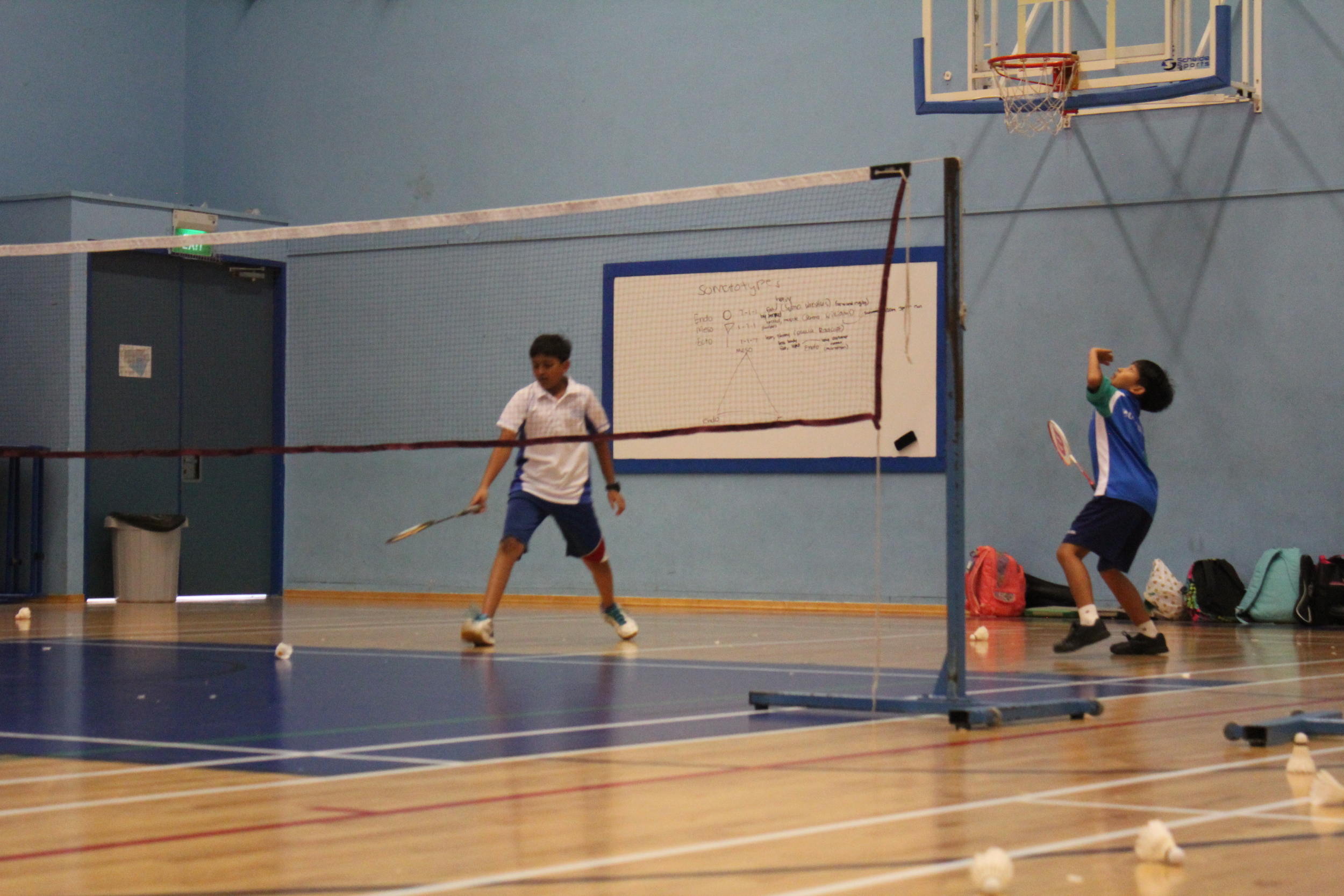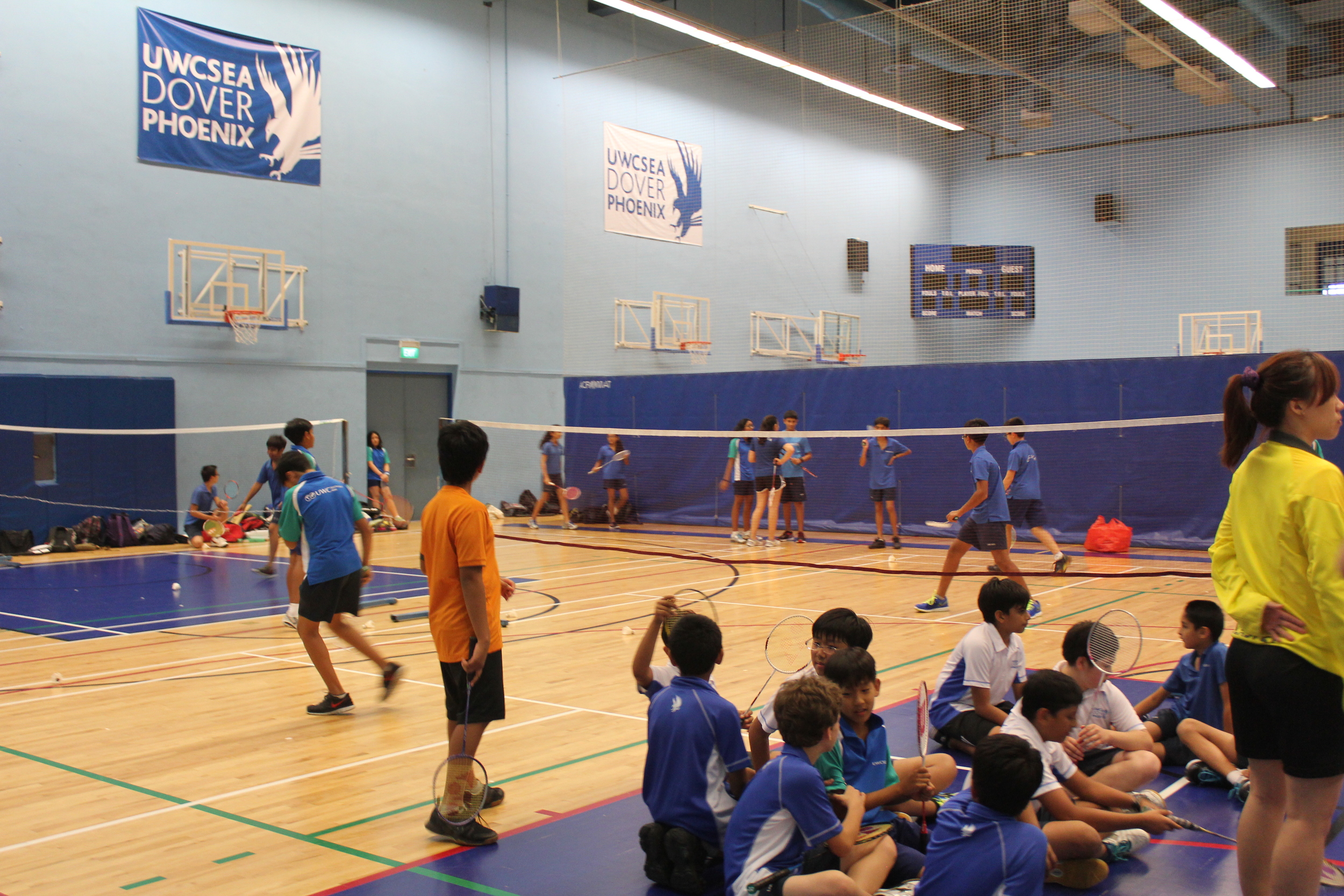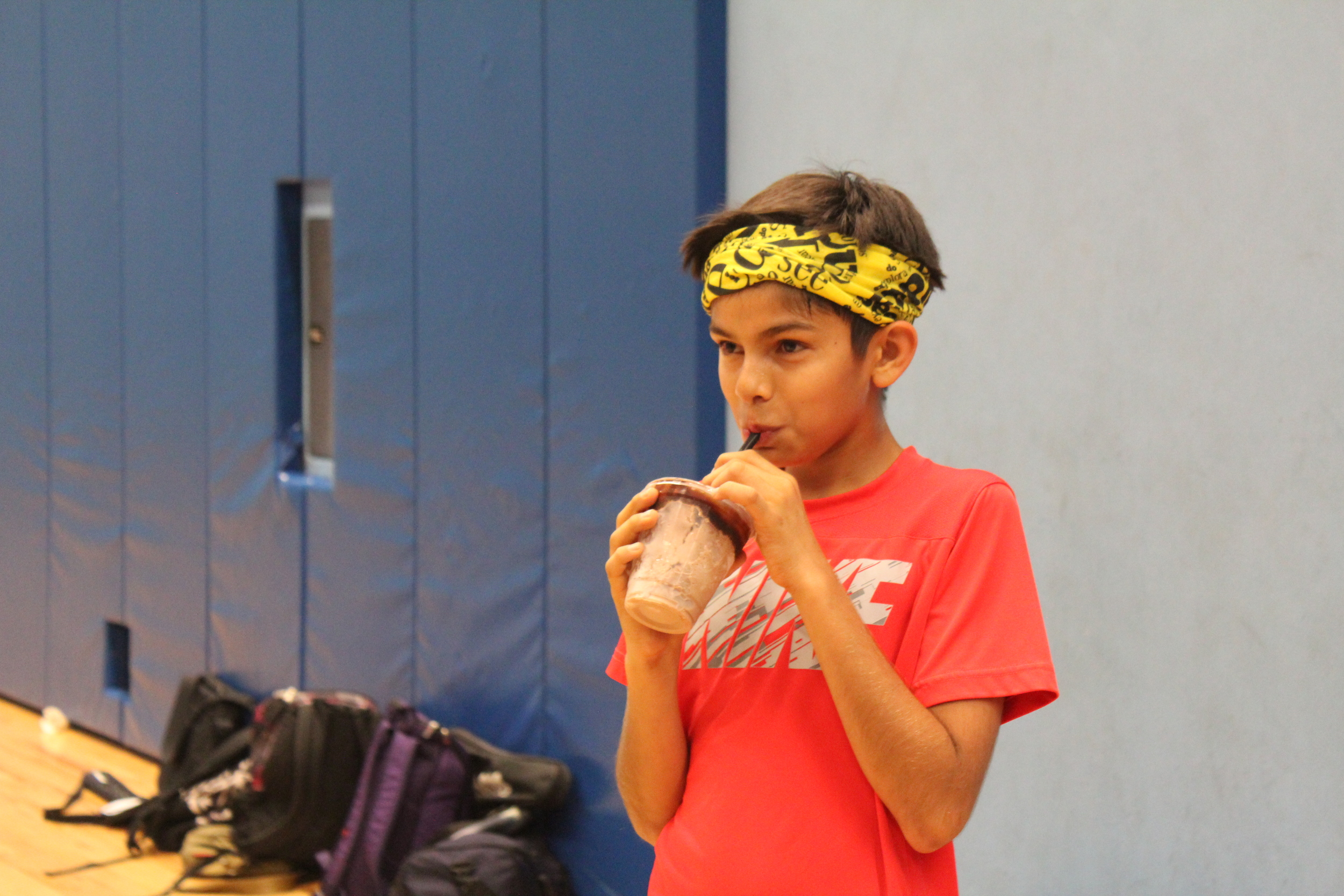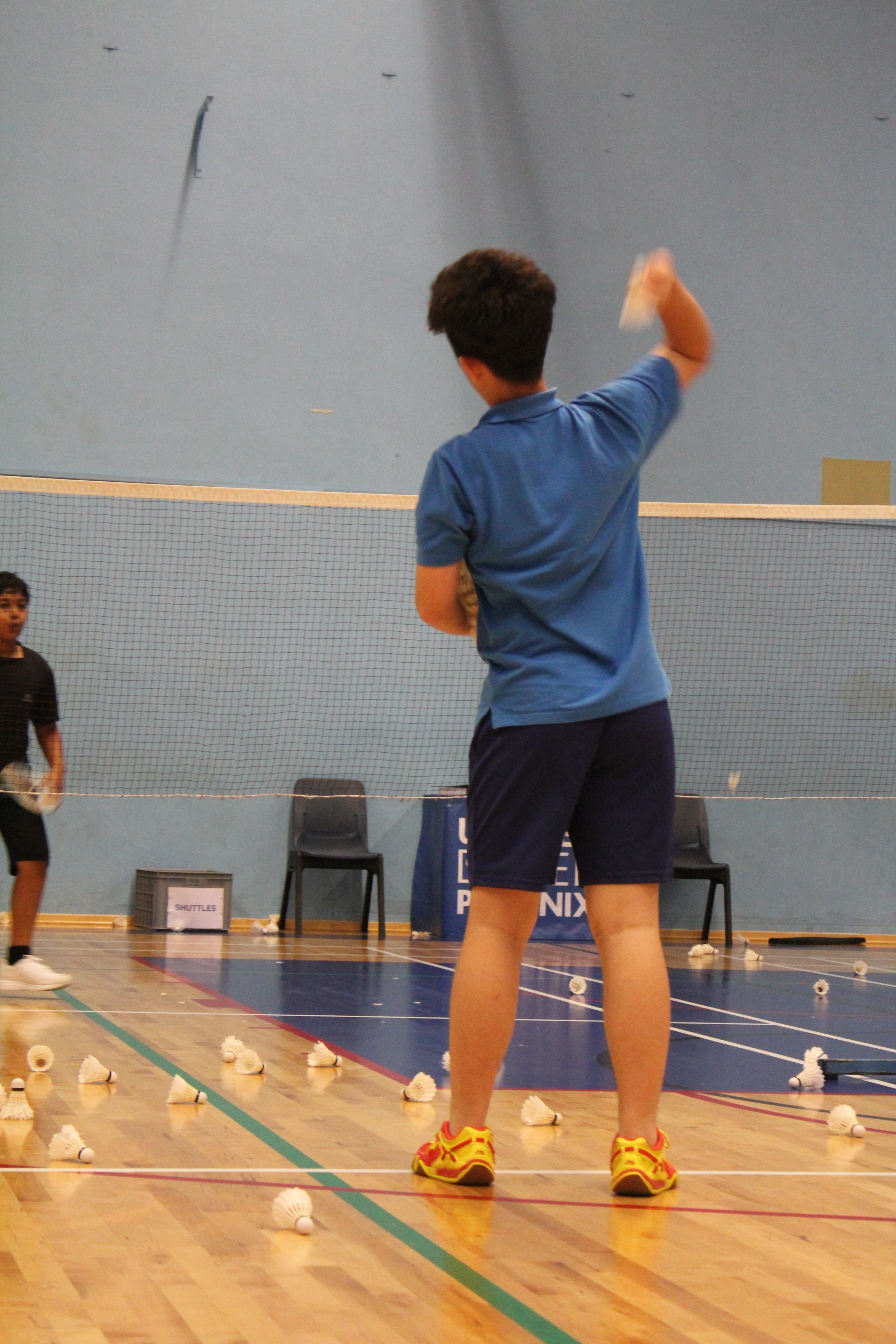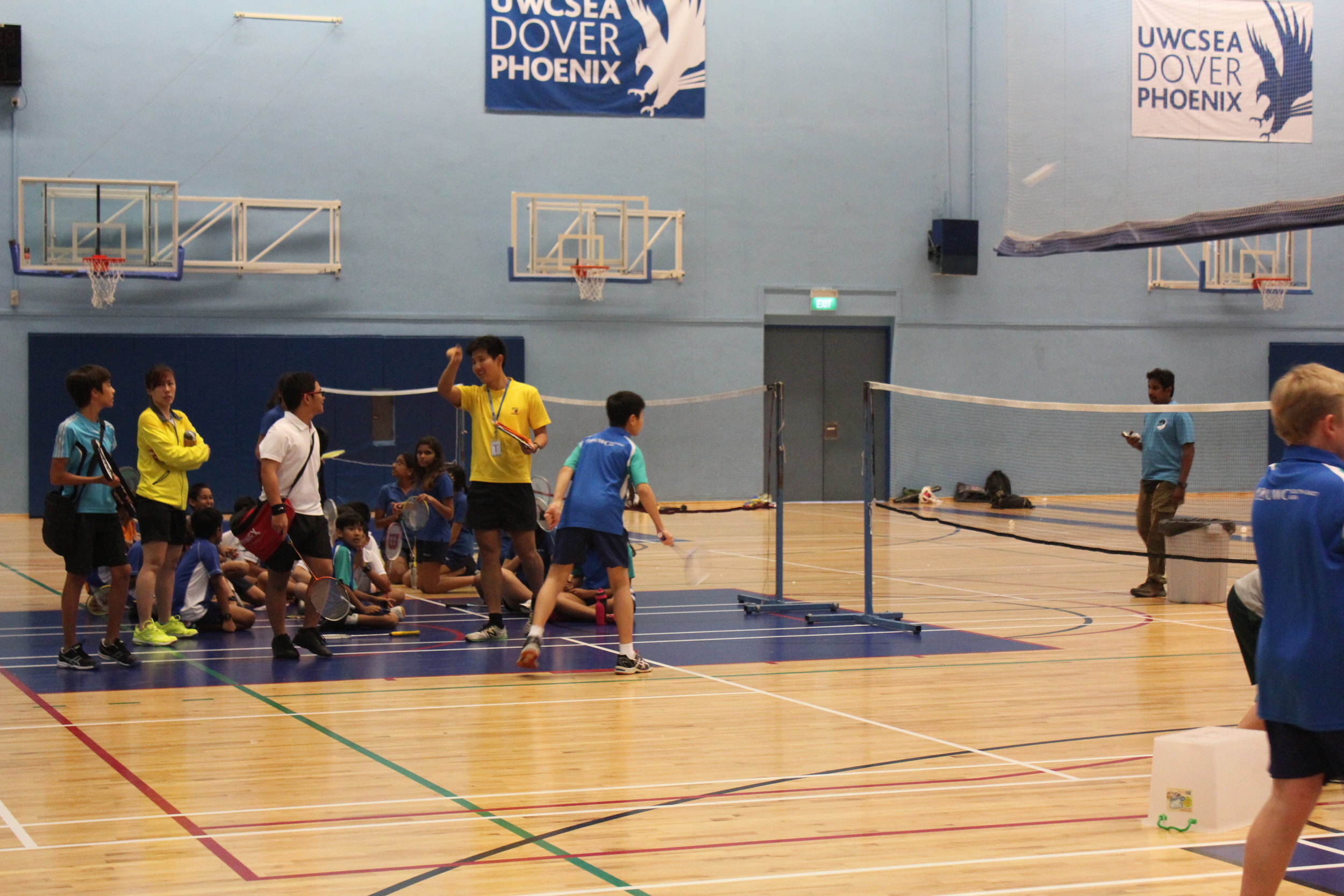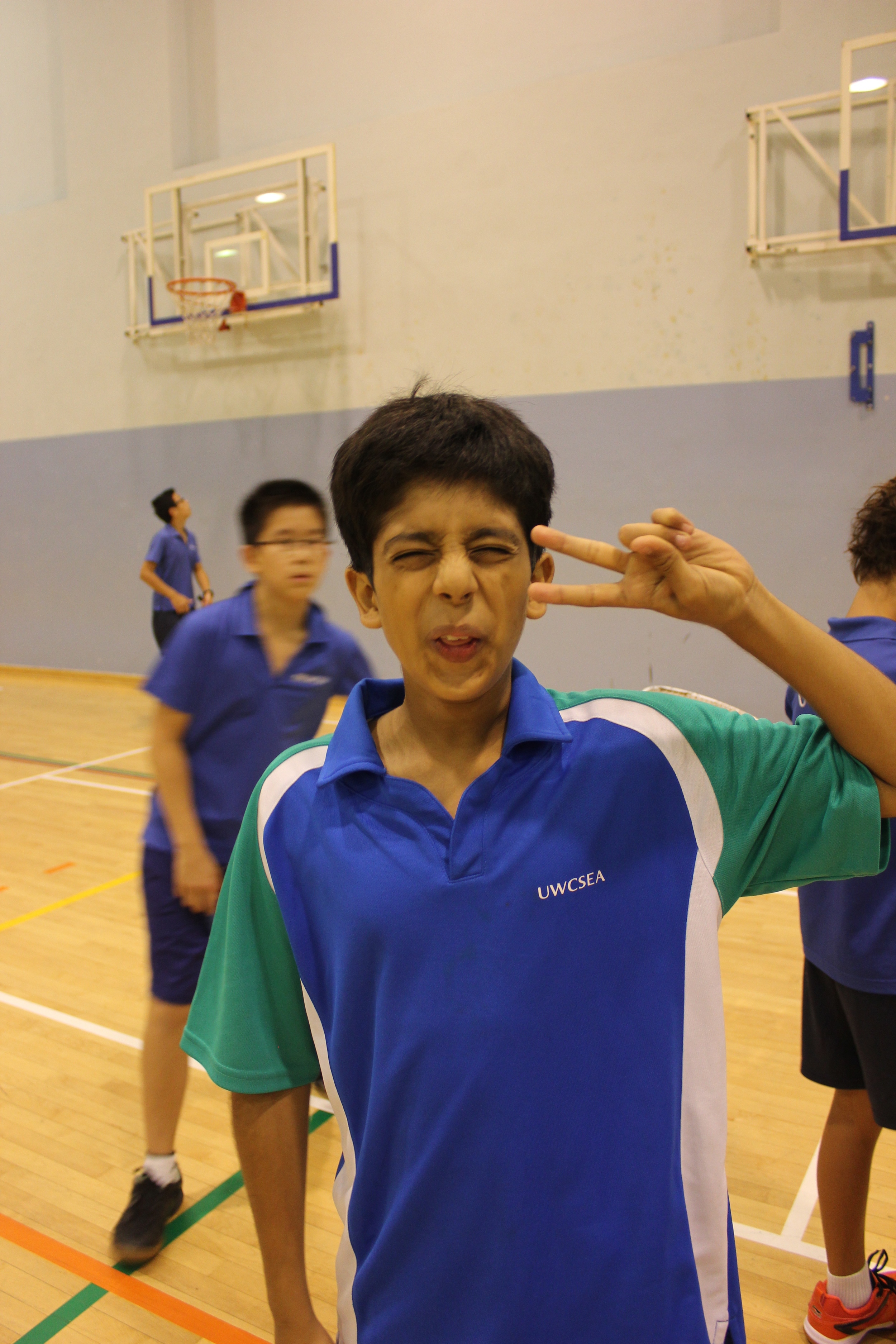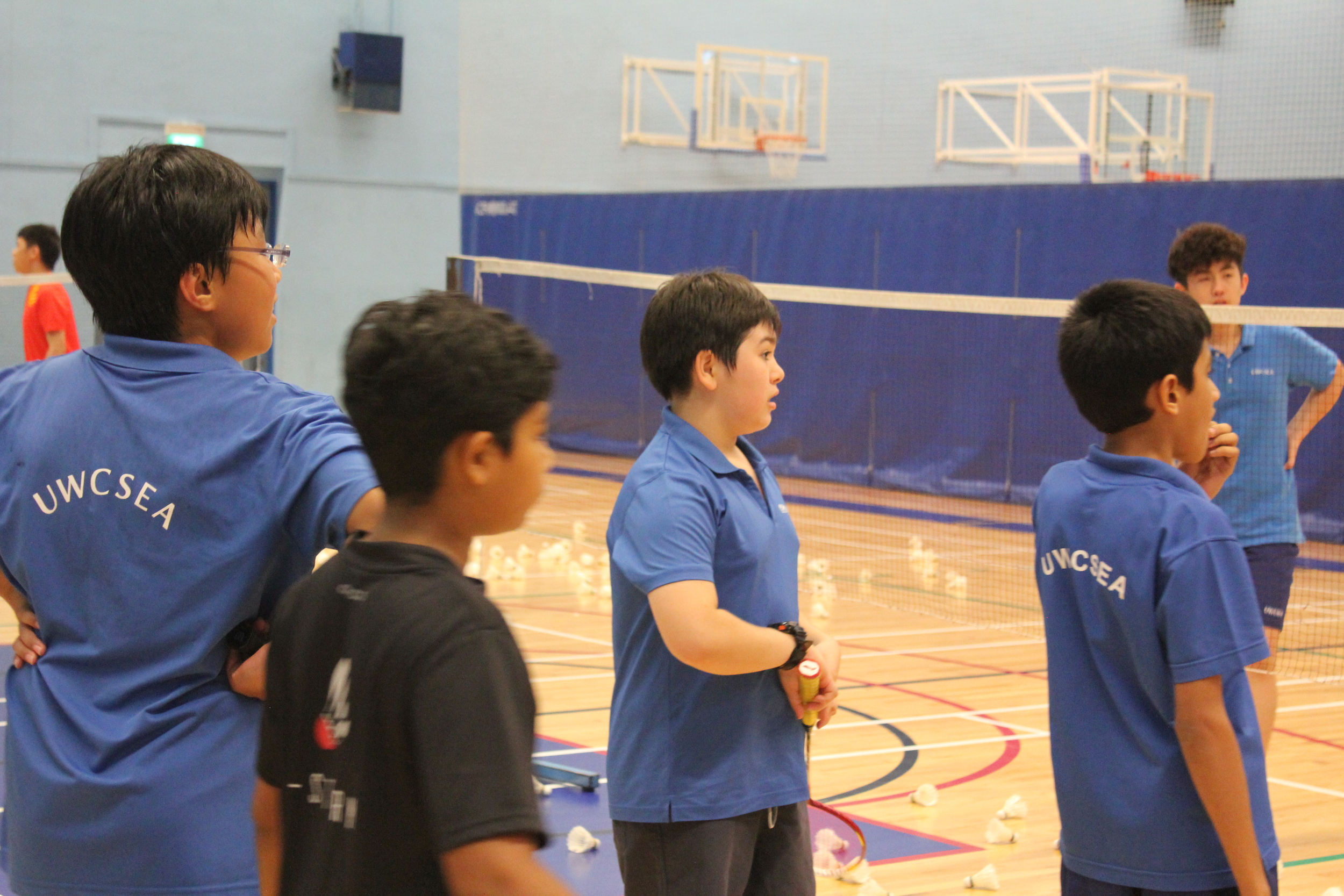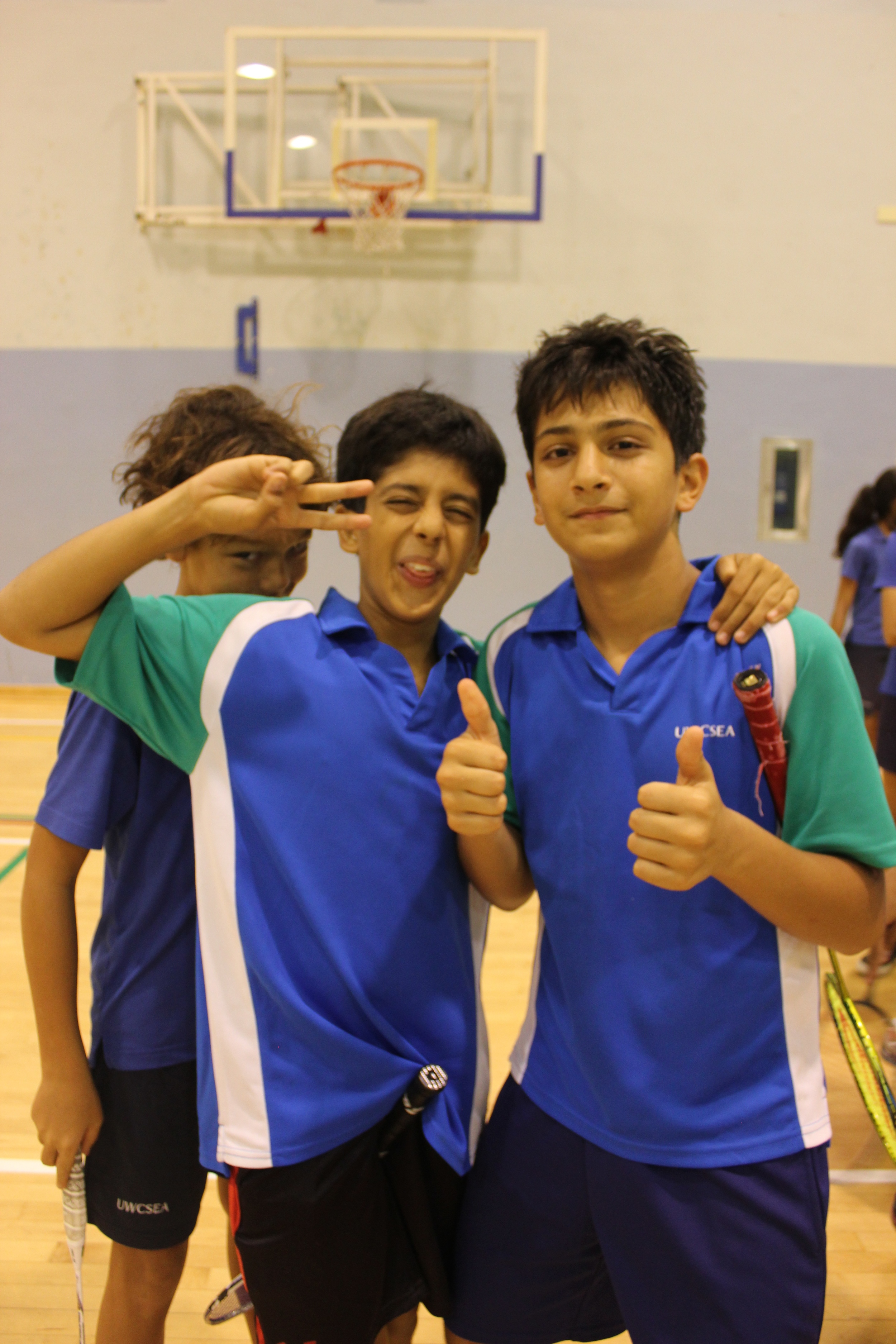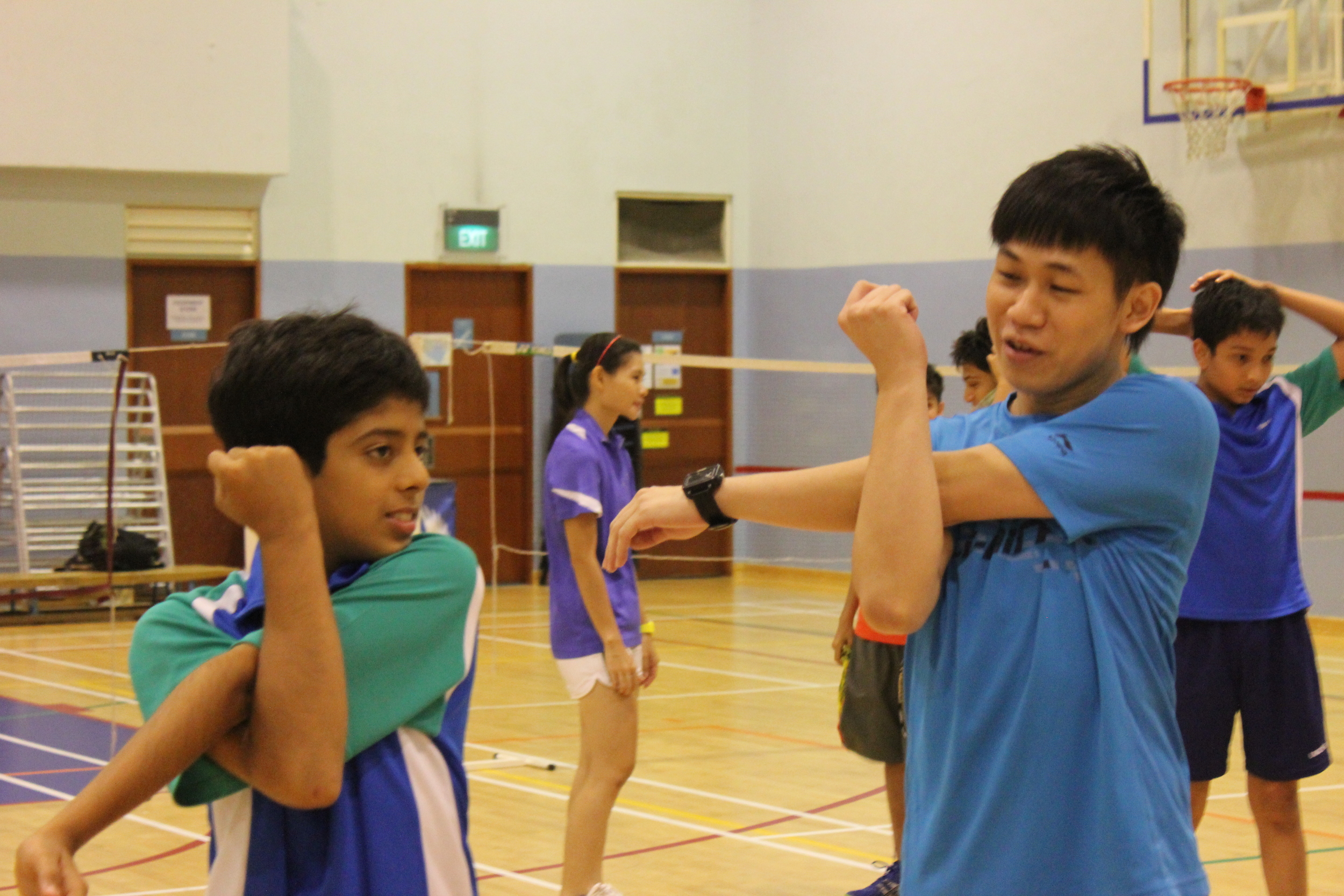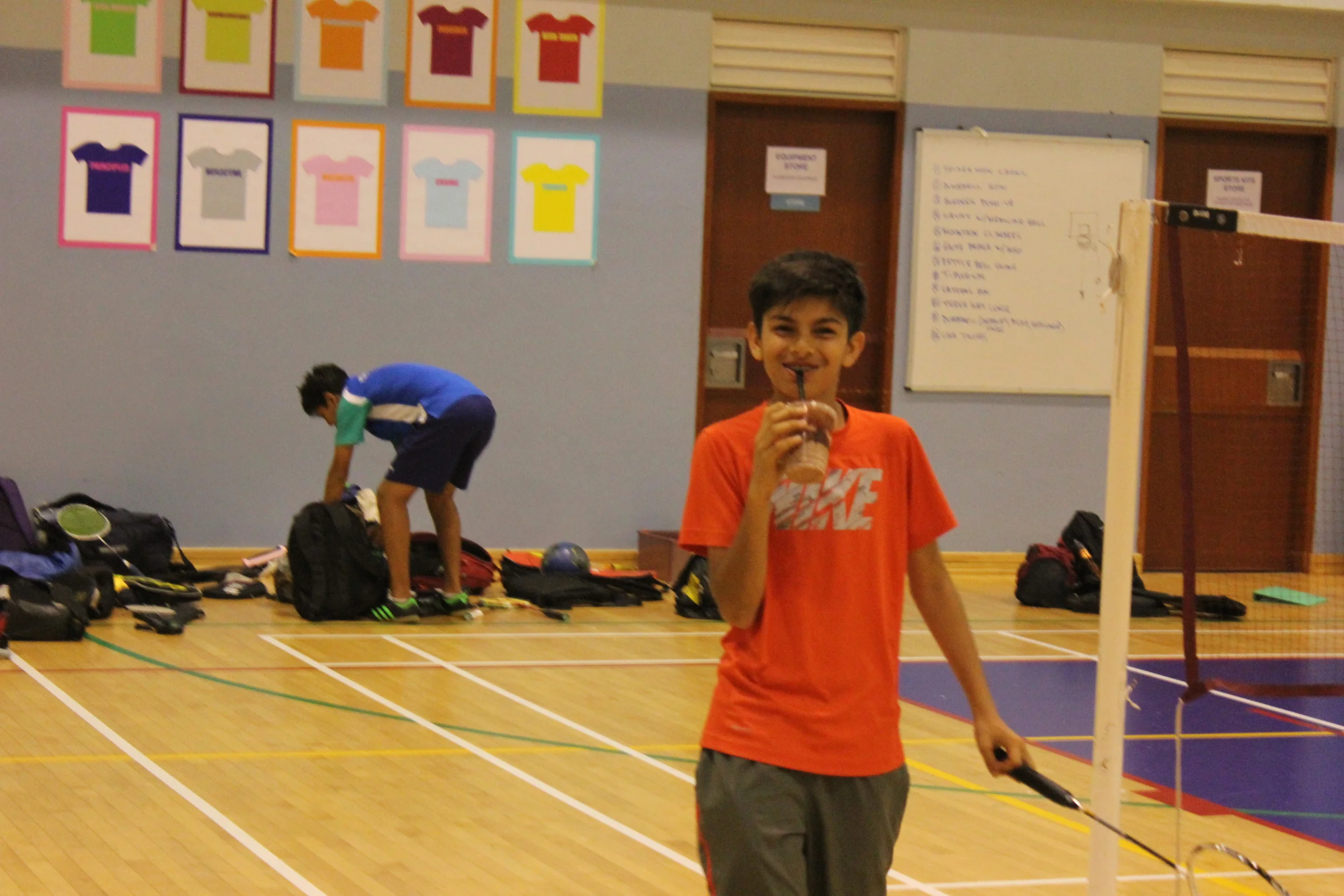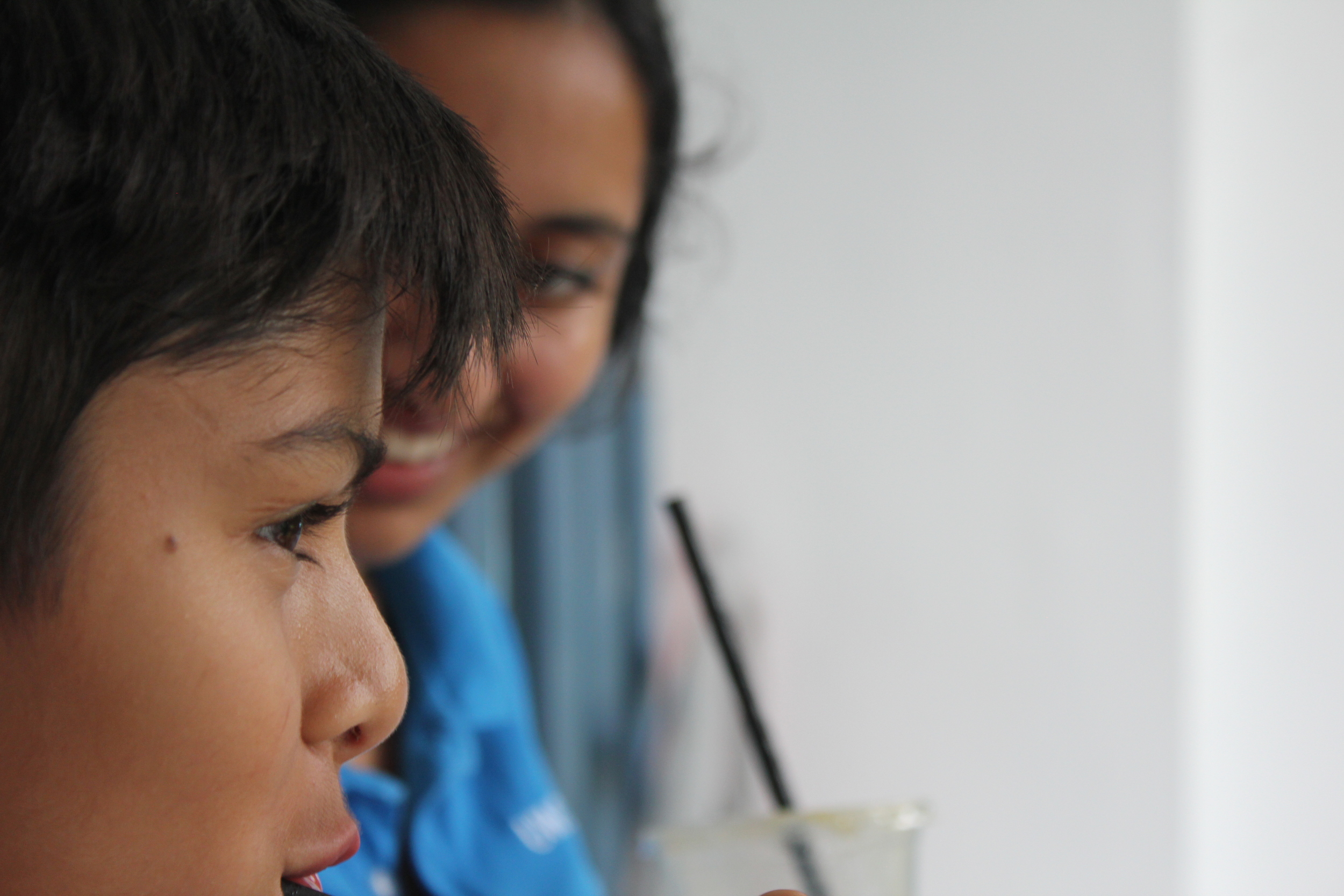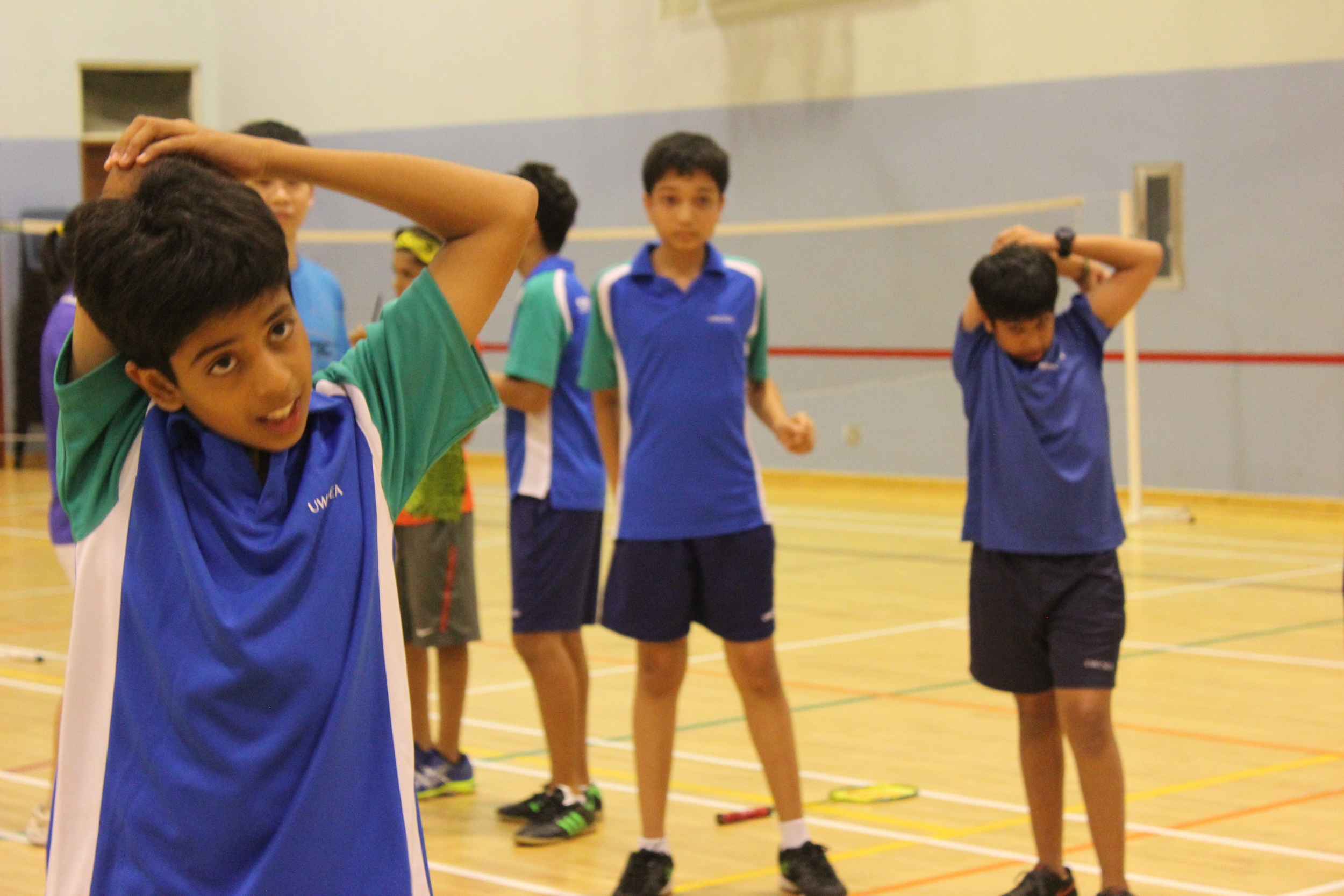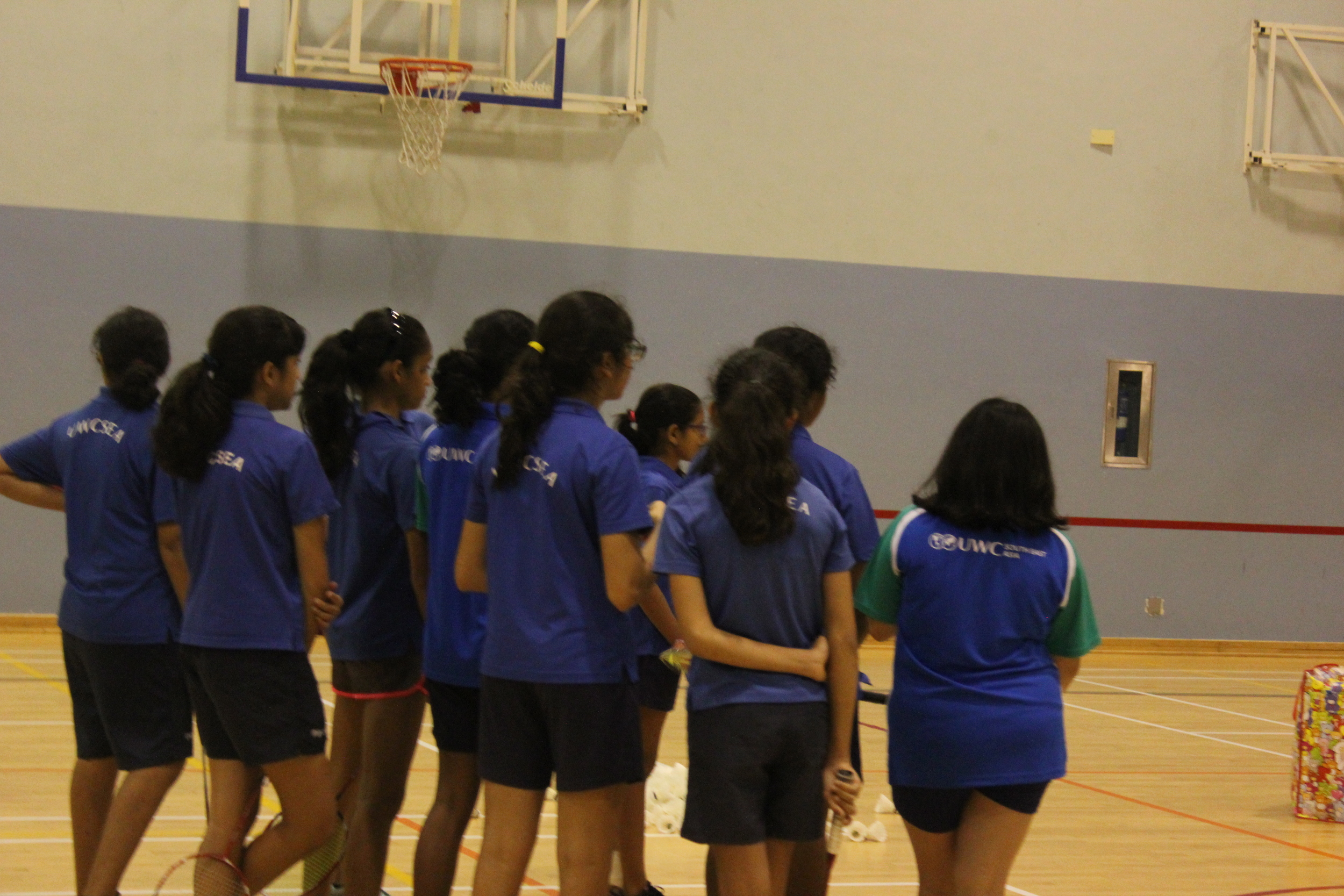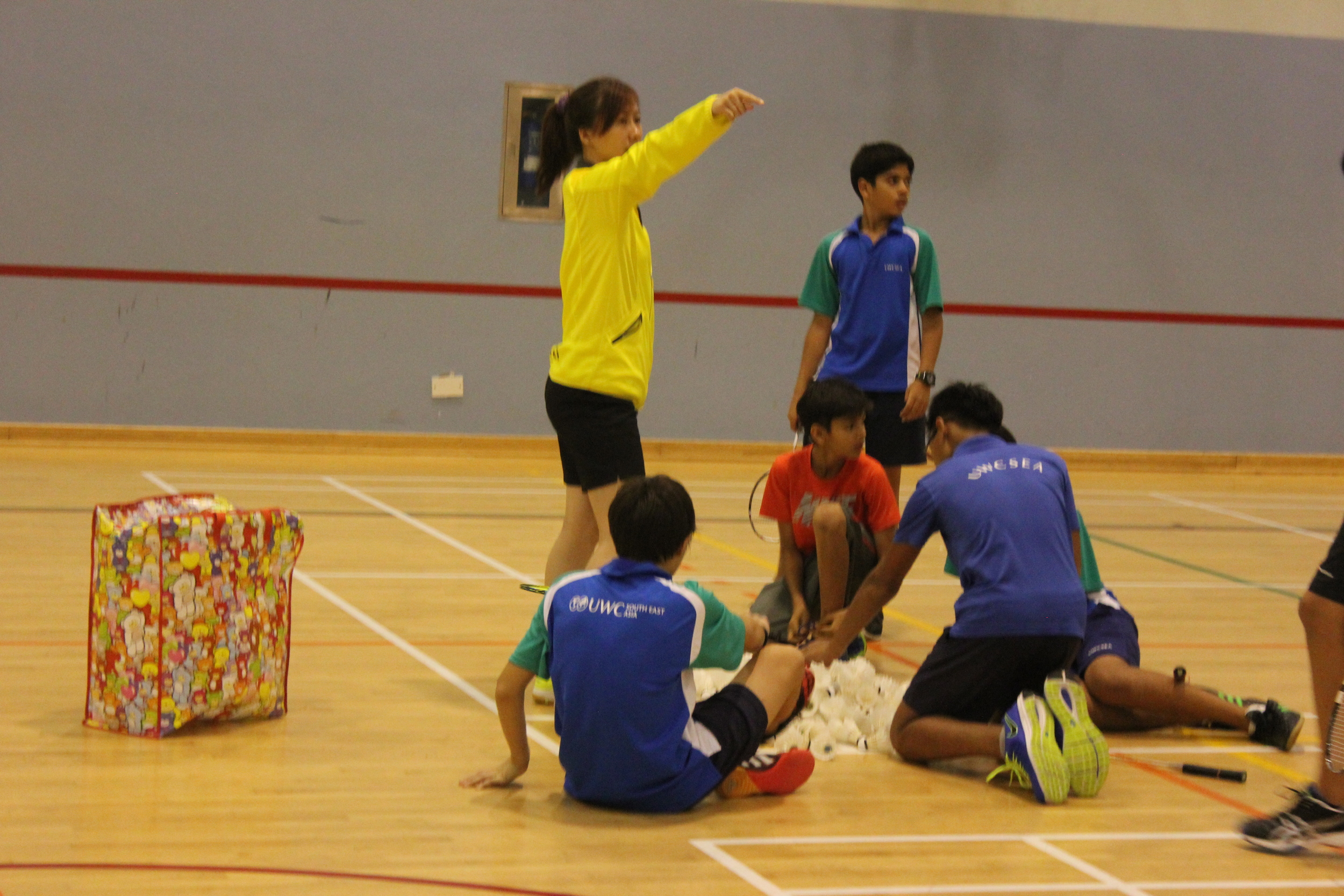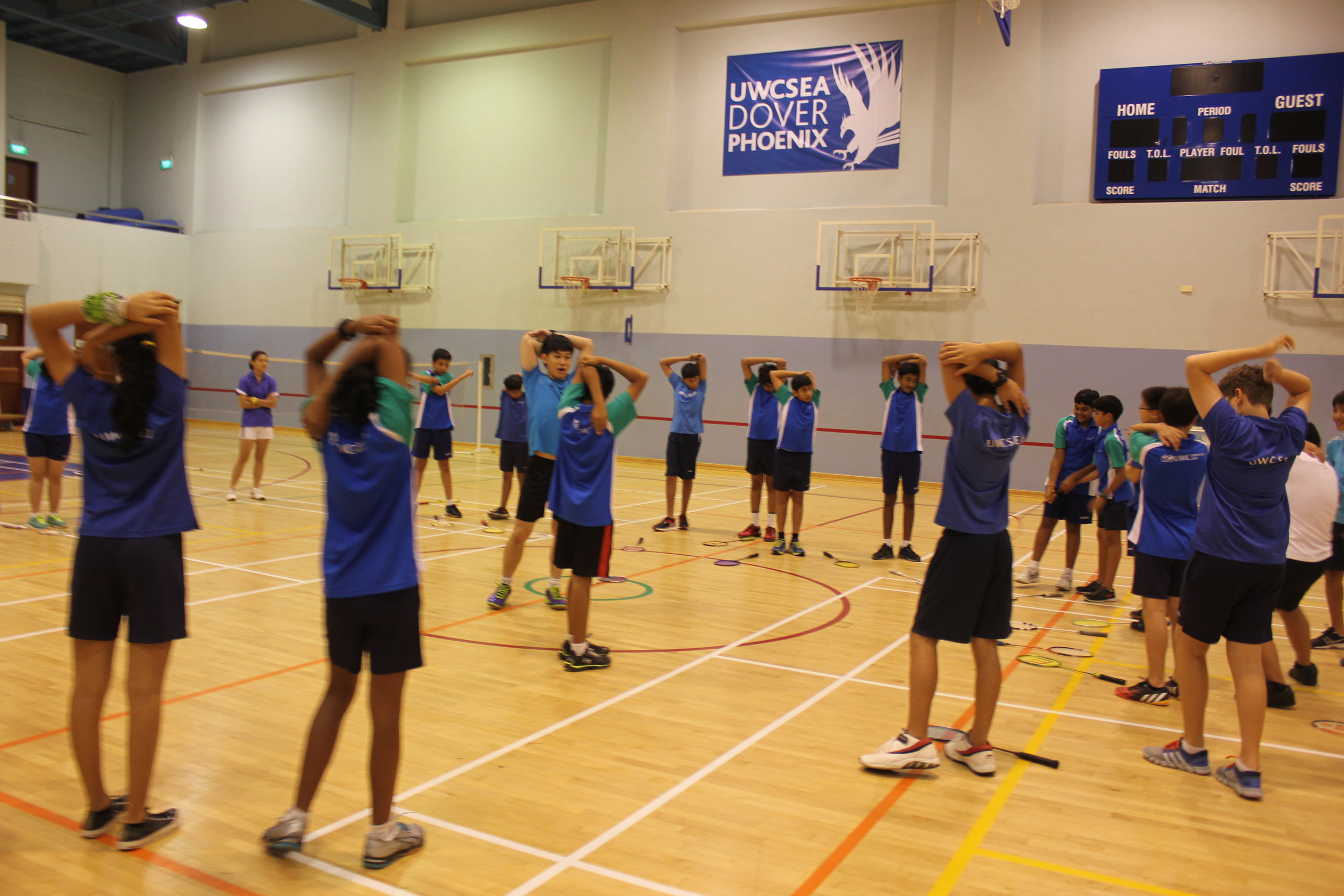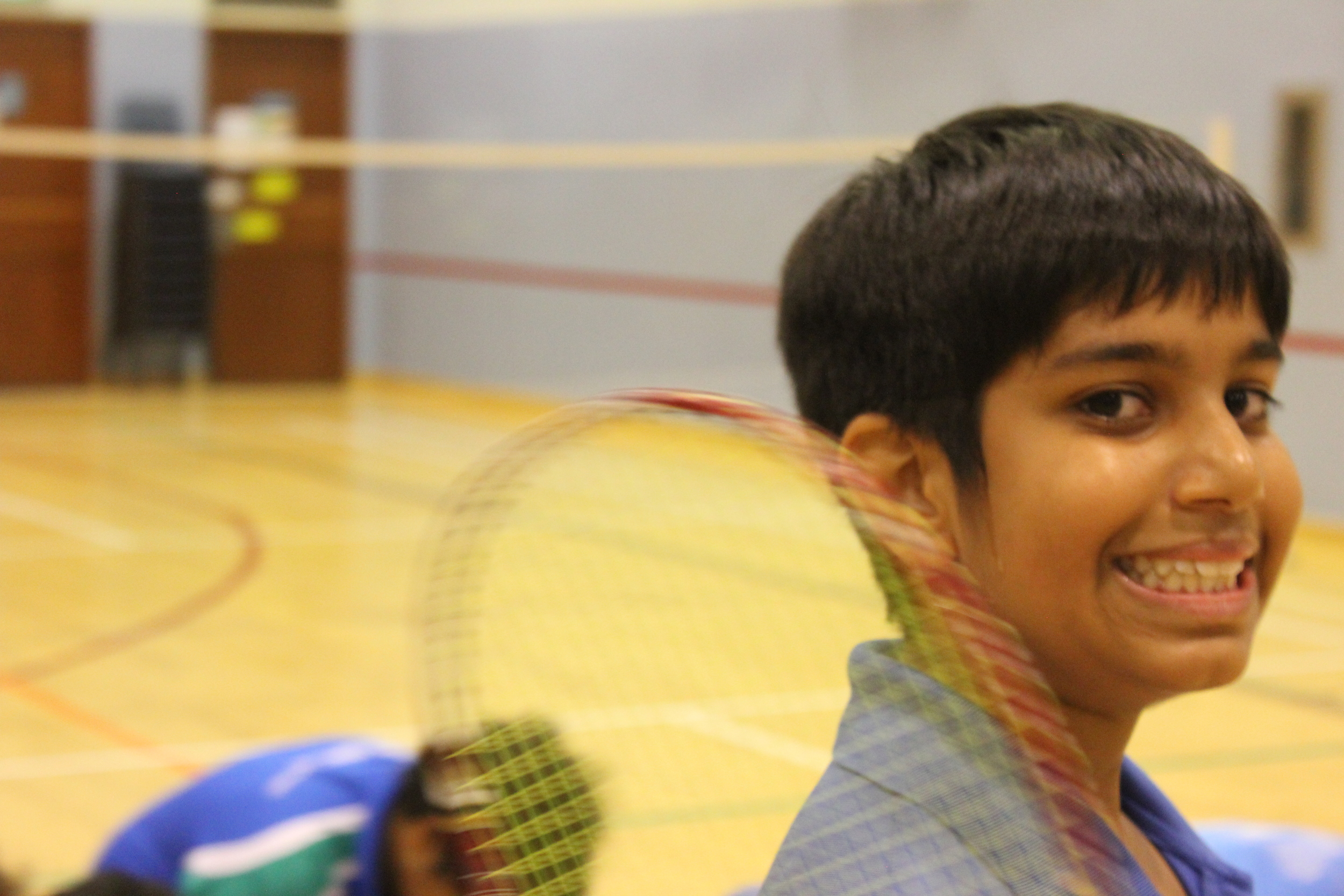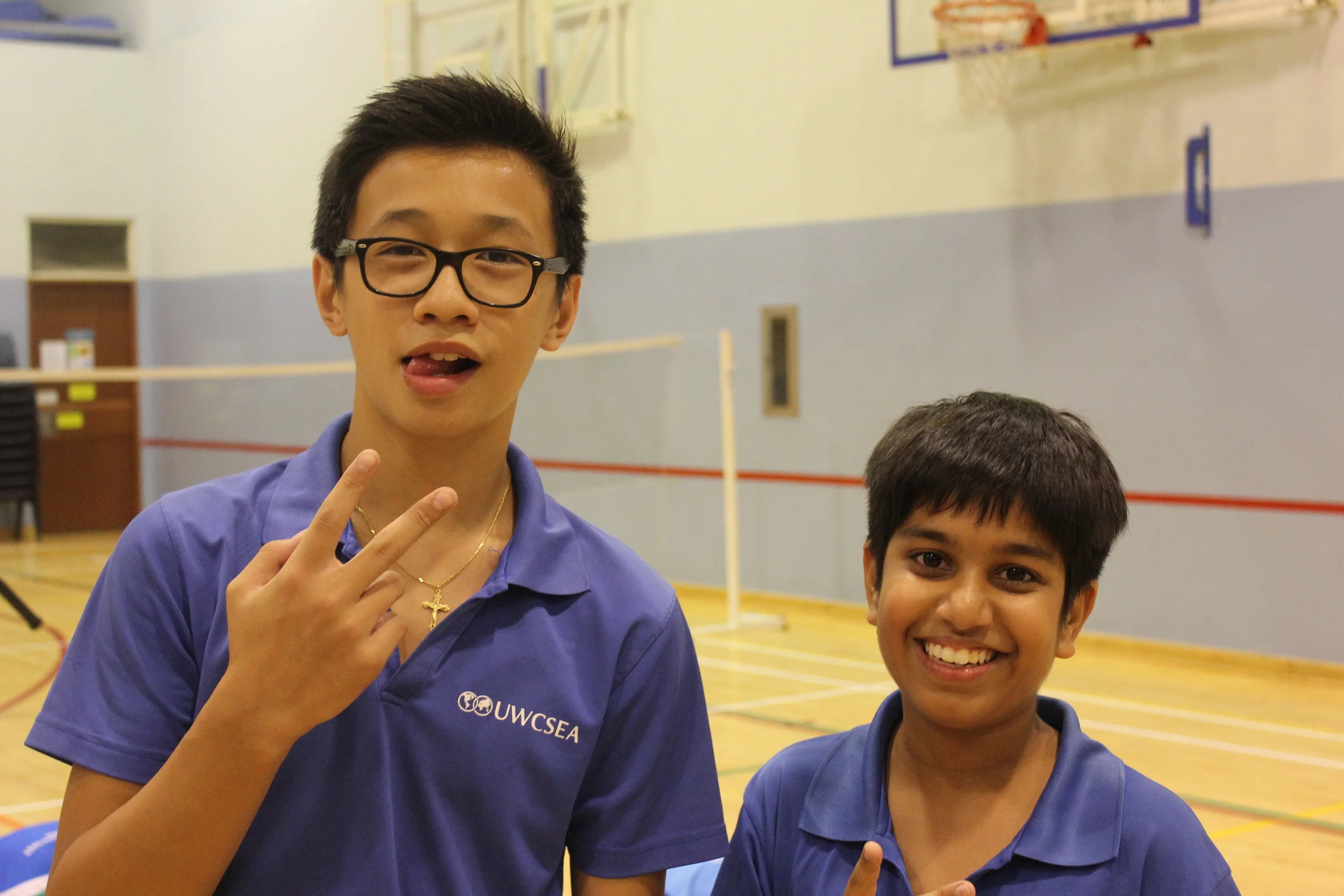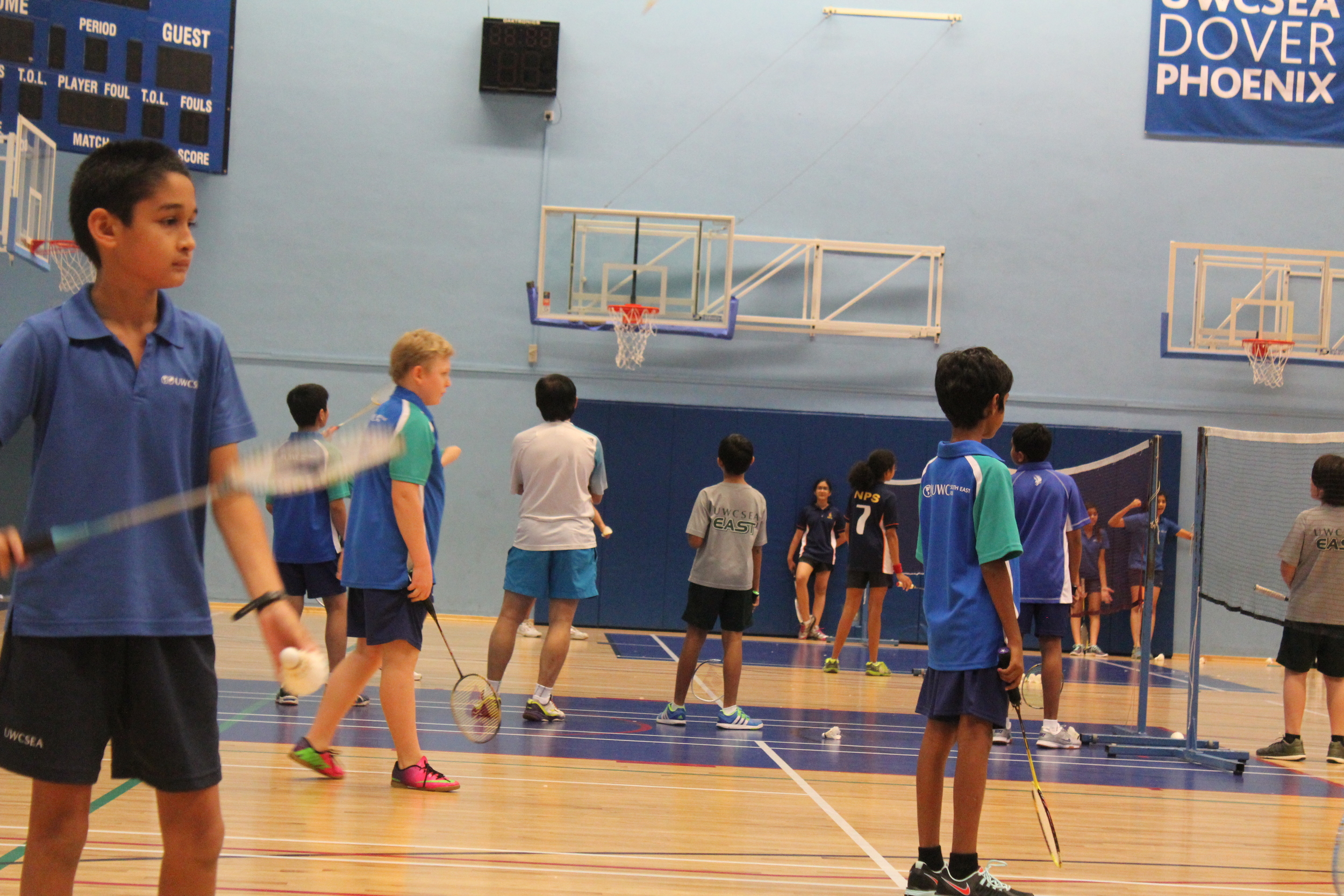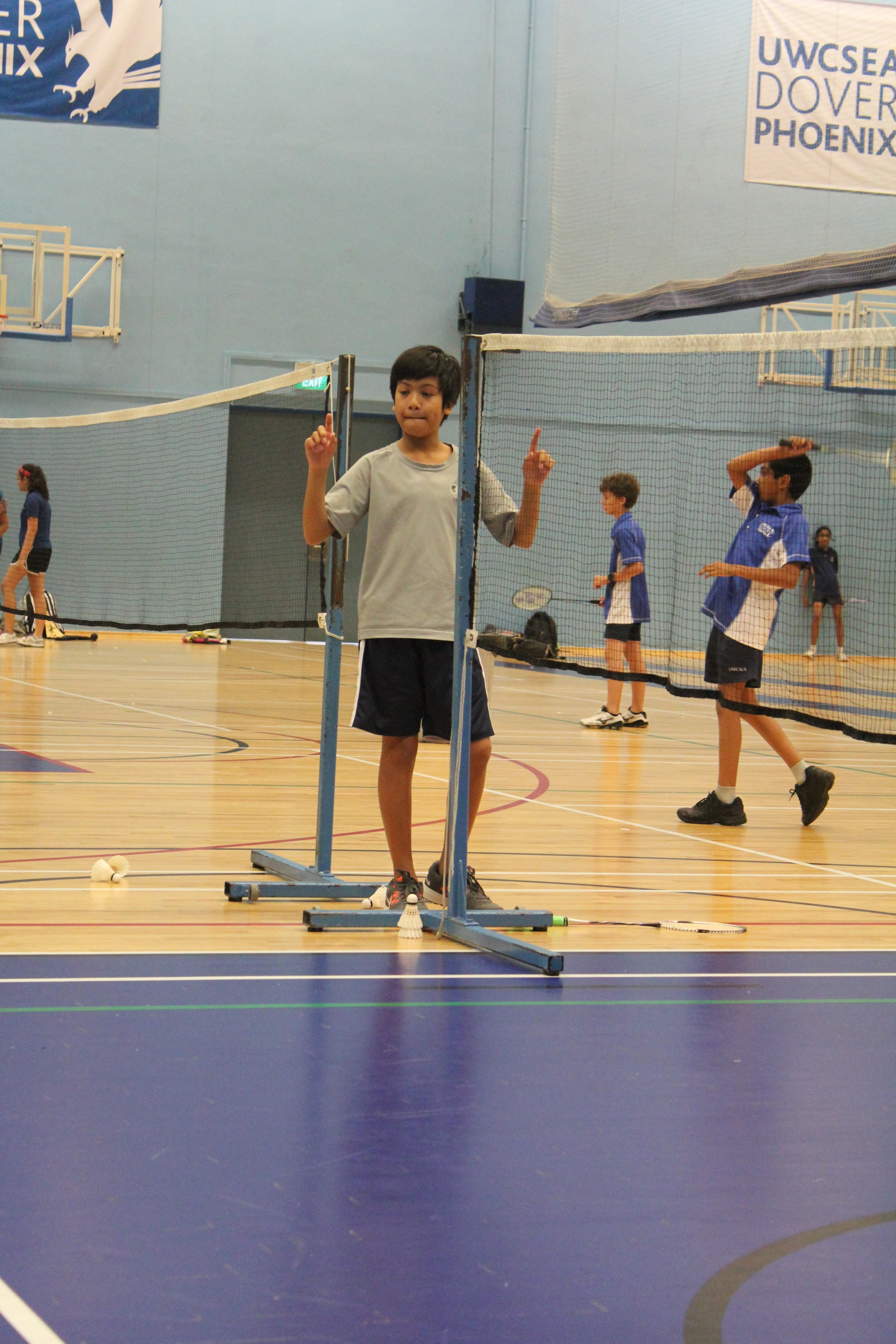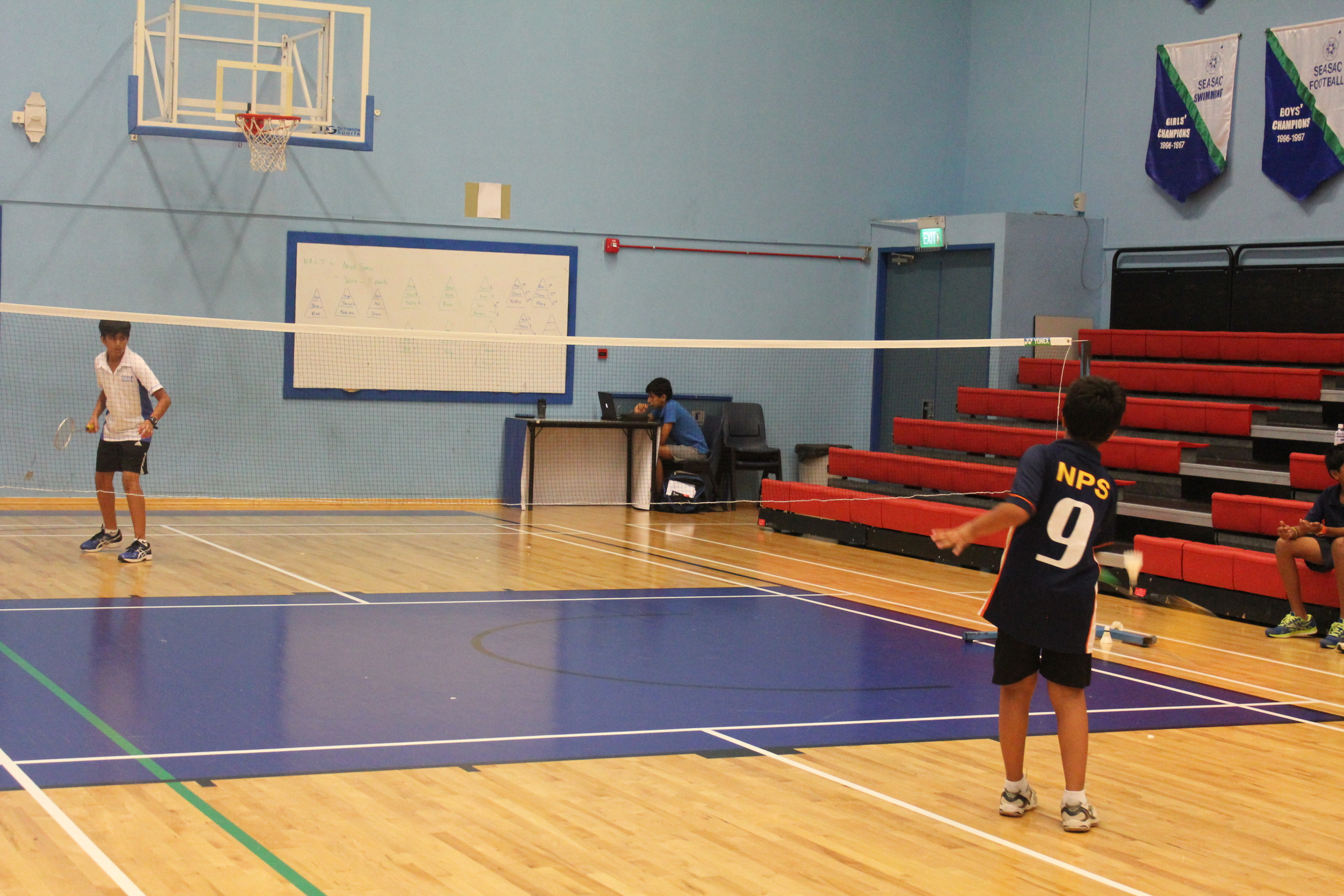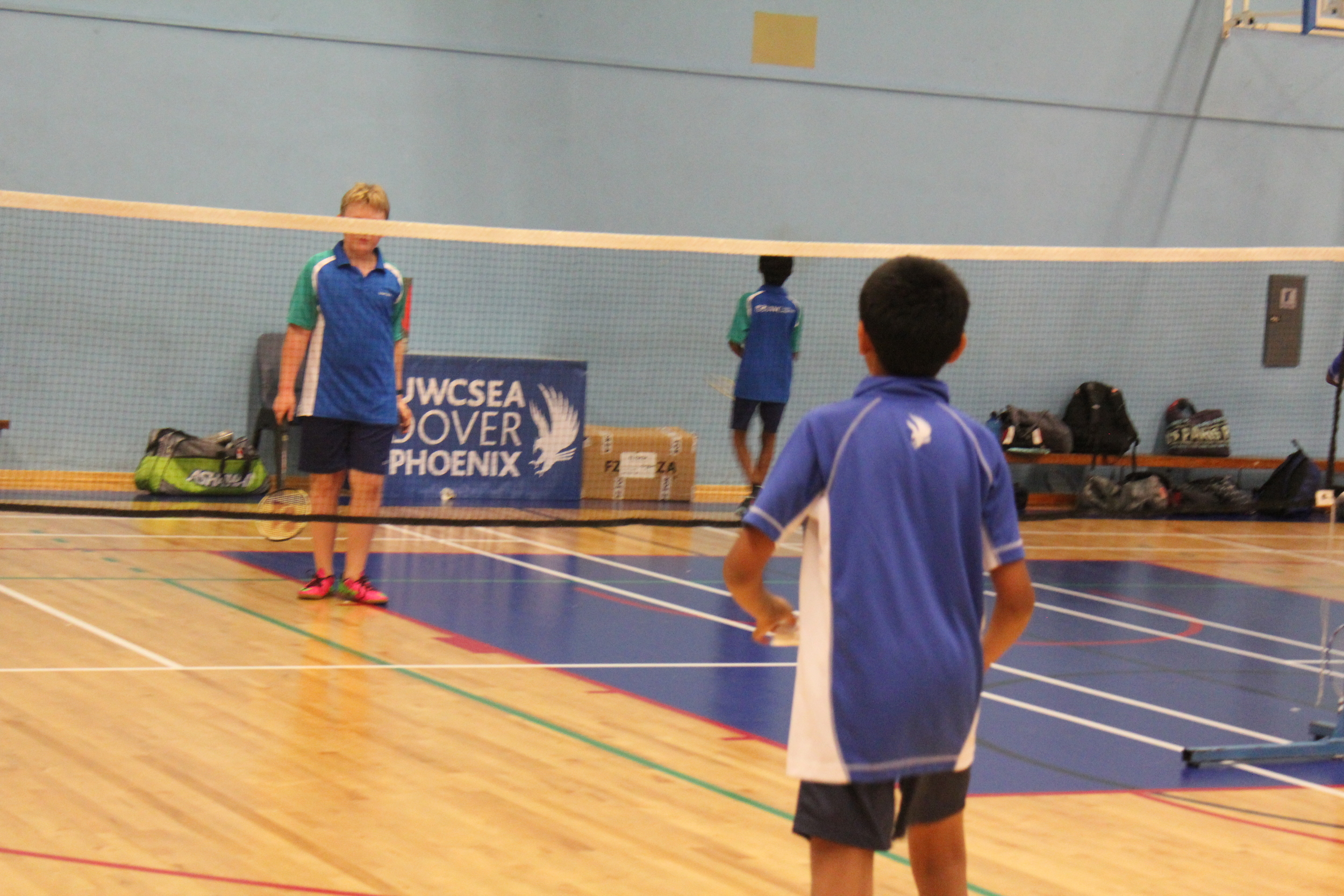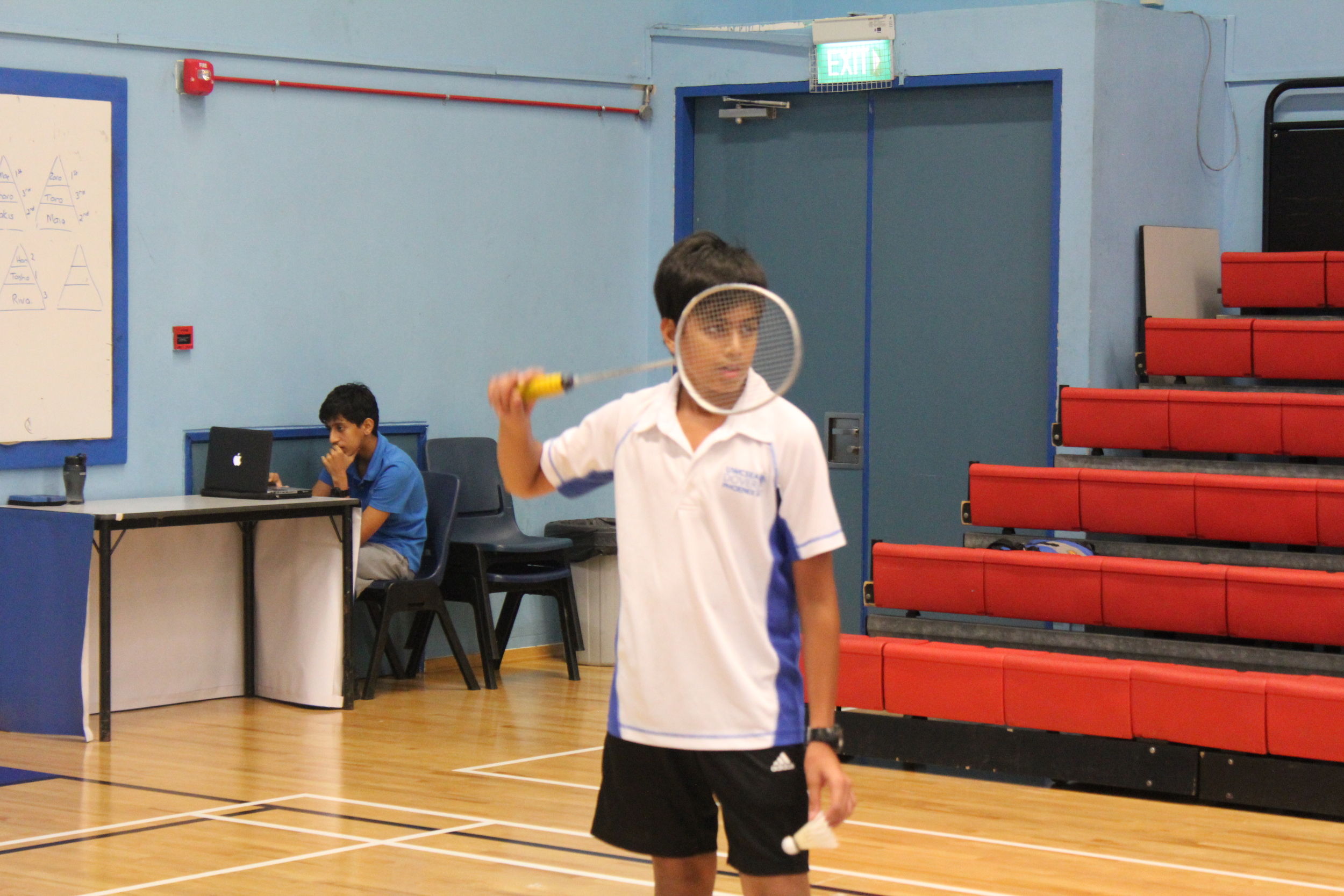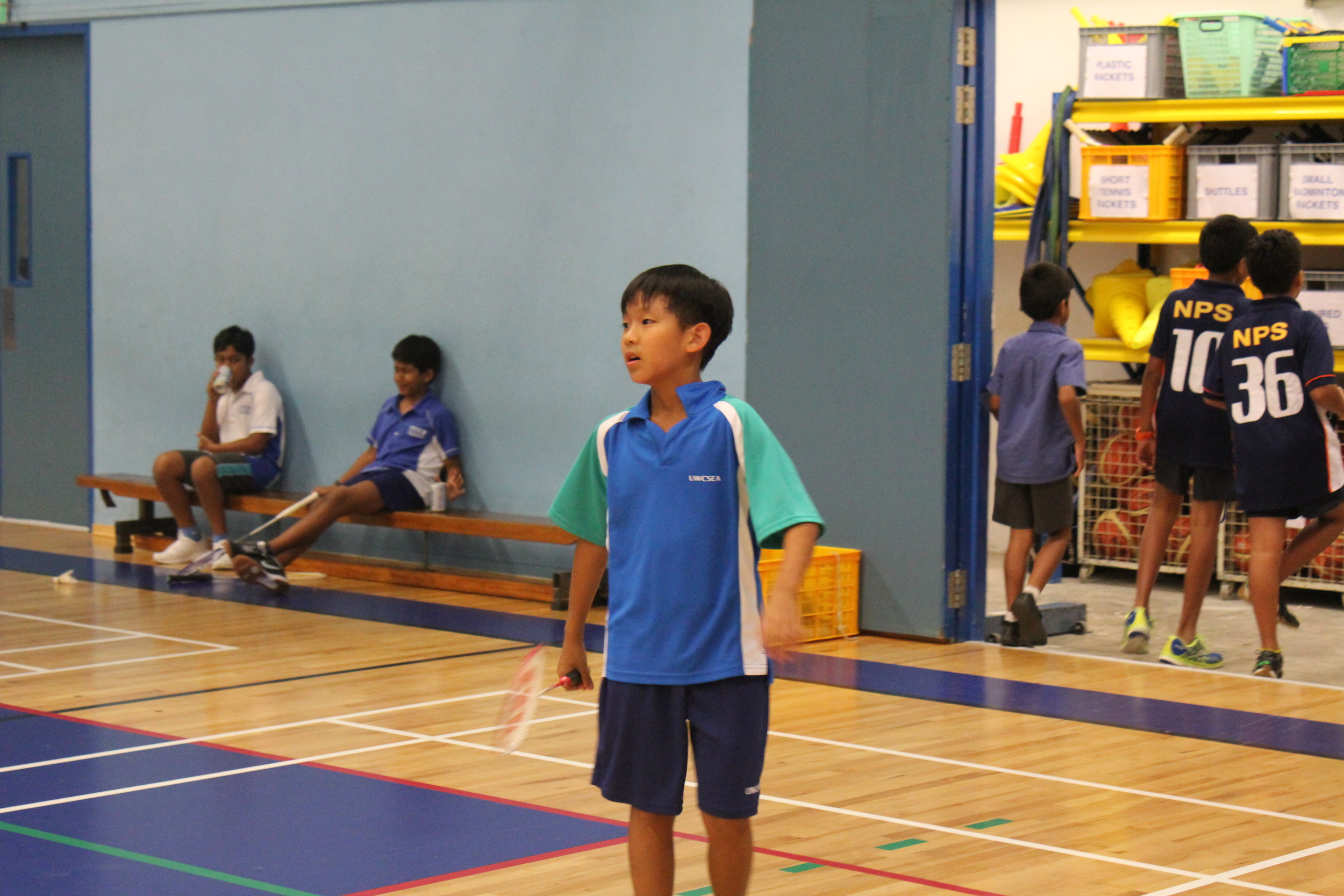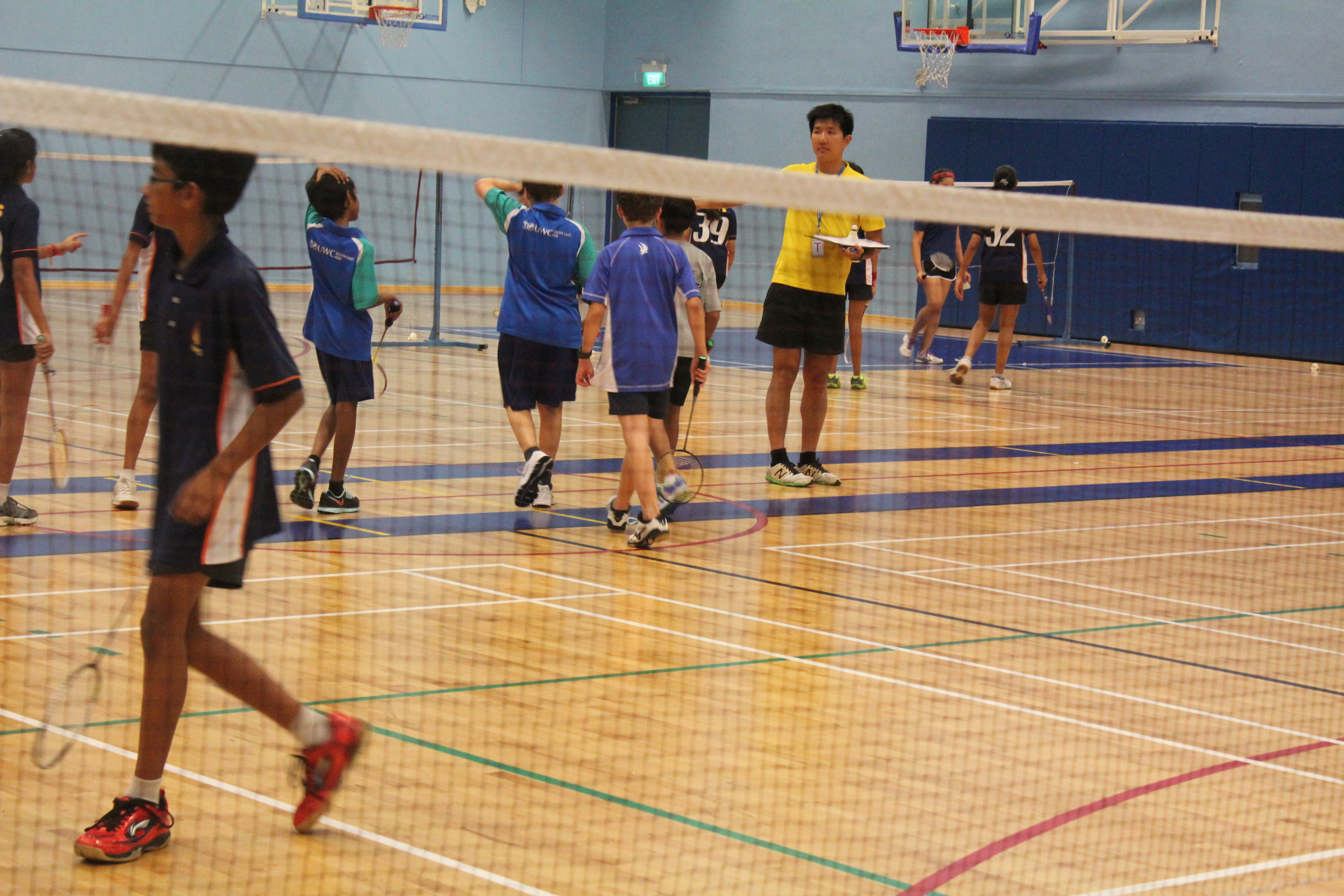My greatest joy as a coach has always been the privilege to teach kids who have so much passion for their sport that they are willing to work hard to get better and better each day. Every notable achievement, in sports and in life, can only be made possible by a strong work ethic. Why do I feel so strongly about the value of a strong work ethic? Let me share with you the story of my friend Alex.
Alex and I grew up together in the same neighbourhood and we even went to the same school. By Grade 5/P5, he was already 1.7m tall with long limbs and physically stronger than anyone I knew. I was just under 1.4m, small-framed, and definitely with negligible physical strength.
We both loved badminton and tried out for our school team. I was small and technically unsound. Often, my job was to set up the courts, pick up shuttles and arrange them in rows. Alex was so fast and dominant in his game that he overpowered everyone, and he was the best player of the team.
I went to training every day and worked extra hard, but I was not selected to play in any of the competitive games - not even friendly games as I was told to just sit out and observe how better players perform. But I was fortunate enough to have supportive parents who were both from sporting backgrounds. They continued to encourage me and gave me reassurance that everything could only get better if I continued to put in the effort. So rather than quitting when all odds were against me, I went to practice during the school holidays.
By observing how my coach had been training the star players in my team, I managed to compile a great list of training plans. Then every day, without exception, I ran 5km to the nearest indoor badminton court and worked hard on my game for a couple of hours. Meanwhile, my good friend Alex was out with friends at the cinema and making the most of the holidays at arcades.
We returned from our break and onwards to a brand new school year. Alex was still taller, stronger and faster than everyone else. I went to practice everyday and worked hard, but I still made the regular 'cheerleader' position, despite having made some improvements. Often as I was working hard at improving my craft, I would think of Alex enjoying a great day out at the arcade or cinema with a company of friends, and I was envious.
I remembered one day my father came down to see how I was doing and offer support. The badminton hall was at its usual 'best', radiating heat from all corners and without much ventilation. At that instance, I just wanted to put away my racket and go back home or even join Alex at the mall. When my father was ready to leave, I said, "Dad, I'll go home with you once I finish five more good serves." But he was clearly not satisfied by my statement and he challenged me by responding, "Why don't you work ten more minutes?" Clearly, it was less a question than an order.
"Son, when everyone is ready to quit, you continue, even for just ten more minutes because someone has stopped. If you work ten minutes extra every day, you will eventually win." My dad's words made perfect sense, and it became my philosophy, first as a player and then as a coach. Work ten more minutes because someone, somewhere else, is quitting.
I believe those extra minutes were starting to pay off because I could see my skills vastly improving, the result of countless hours spent on the court. Now puberty was helping us and a lot of us were starting to catch up with Alex physically.
My skills had started to sharpen to the point where I made the starting lineup. Alex, on the other hand, sat the bench. After all those years, all those holidays when I worked and he went to the mall, we started to have a role-reversal. Frustrated that he was no longer the star of the team and that everyone was better than he was, he dropped out of the team.
I have told my players of this story umpteen times, and Alex was clearly good enough, strong enough, and skilled enough at an early age to have gone on to become a standout player throughout the course of his life. But he was already so much better than everyone else that he never thought he had to work on improving his skills. When everyone caught up to him physically, skills became the decisive factor. It was several years too late to start working hard when he finally realised what he was lacking.
Young players who are better than most of their peers early may think, "I'm already the best in the team. Why do I need to be better?" Unless their coaches or parents encourage them, they see no need to work hard. But when you're not working, someone else is. And sooner or later, you become a long forgotten story.
No kid should be complacent about his or her badminton level. Instead, you must work every day to improve rather than have your skills diminish over time. A head start does not mean a great end.
Sometimes we, as working adults, are accustomed to measuring the value of performance and not effort. But you must understand that being a benchwarmer on a school or youth team now doesn't translate into an impossible reality of being a terrific player in that sport in the near future. It also doesn't mean that he won't enjoy and learn from his experience on the team.
Some parents might say, "Well, if my child is not good enough to play on the First Team in badminton, I will take him out of that sport and have him play elsewhere instead." If my parents had thought that way, I never would have played badminton all my life. I would have been pushed into another sport instead of being encouraged to work harder and realise my potential in the sport that I loved.
Passion and excitement come first. Work ethic will follow.

























































